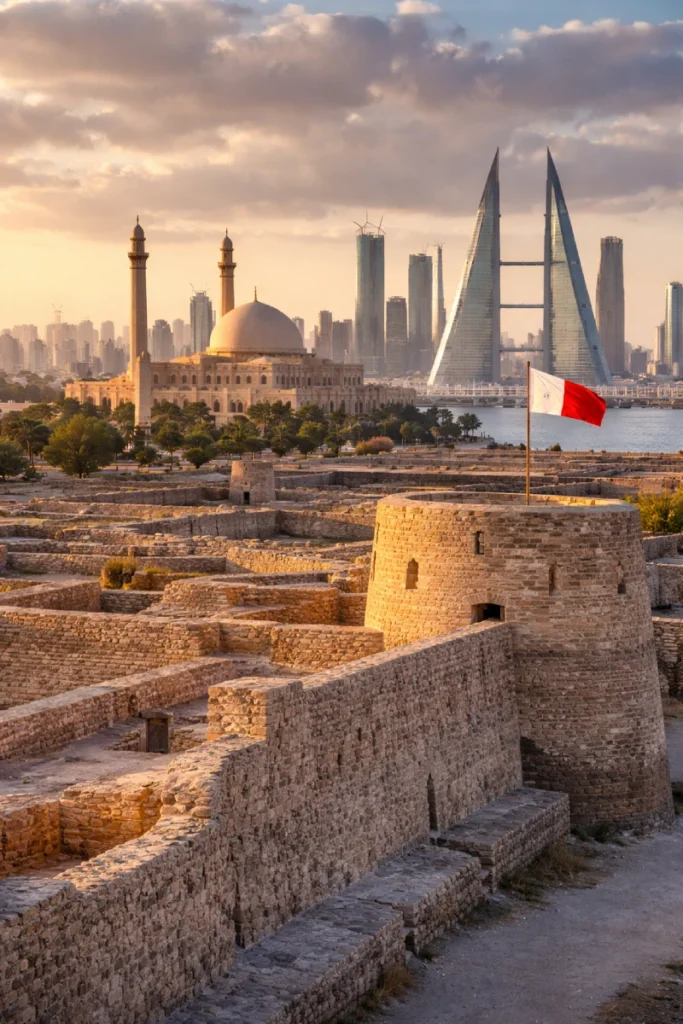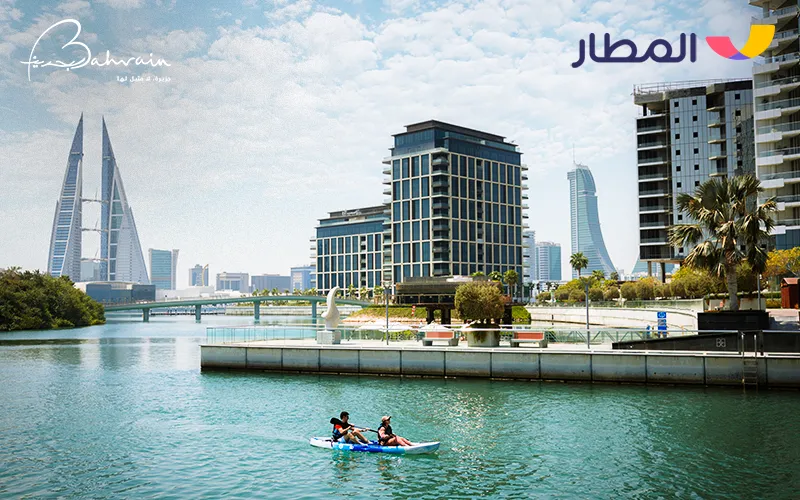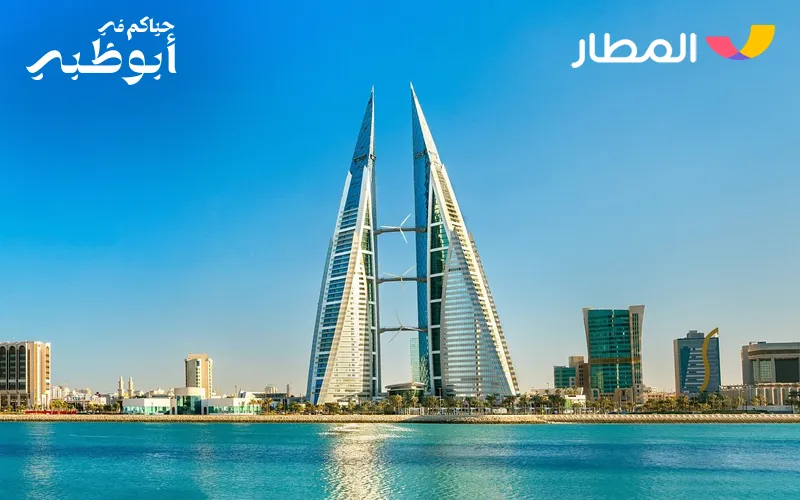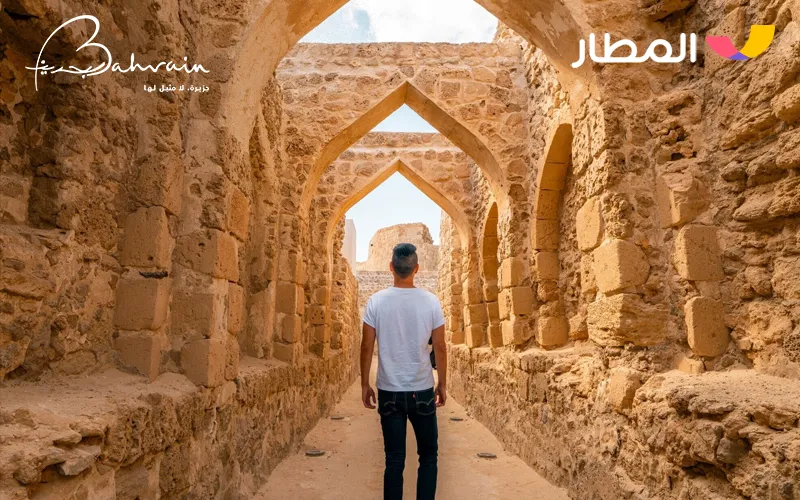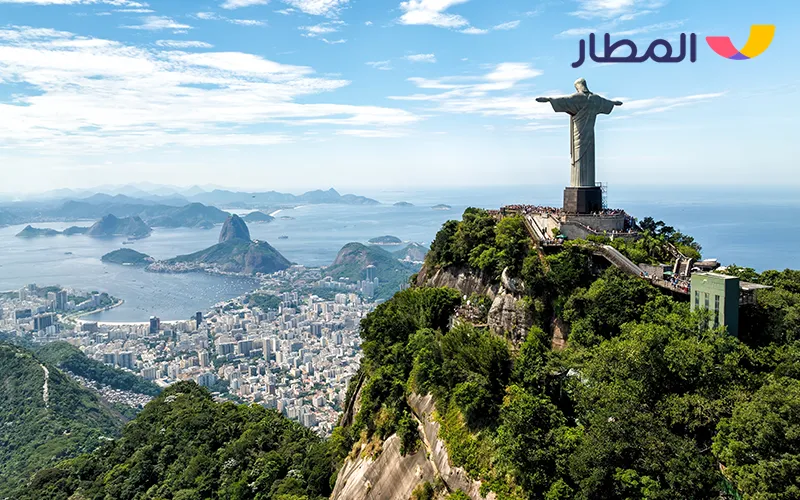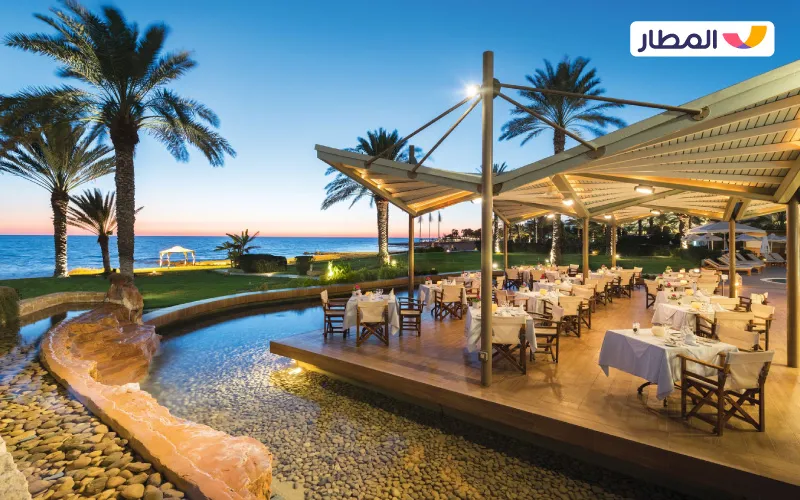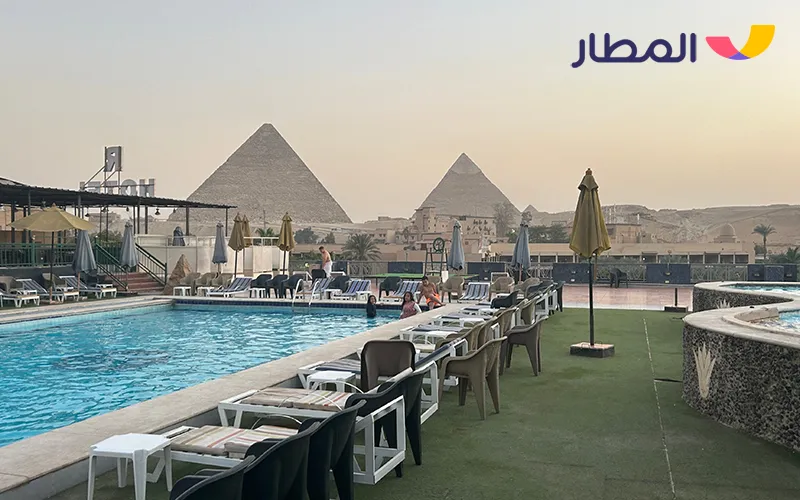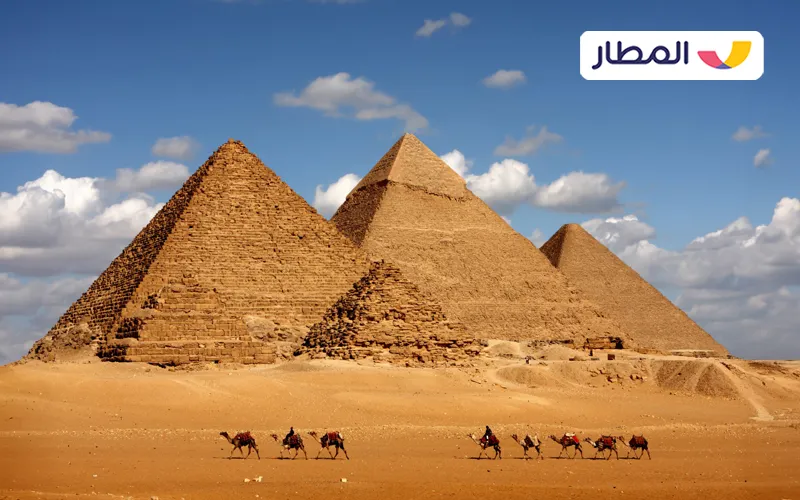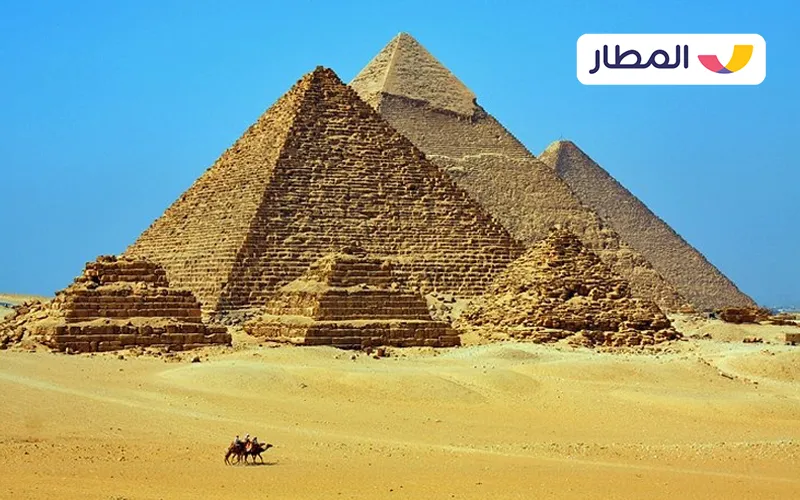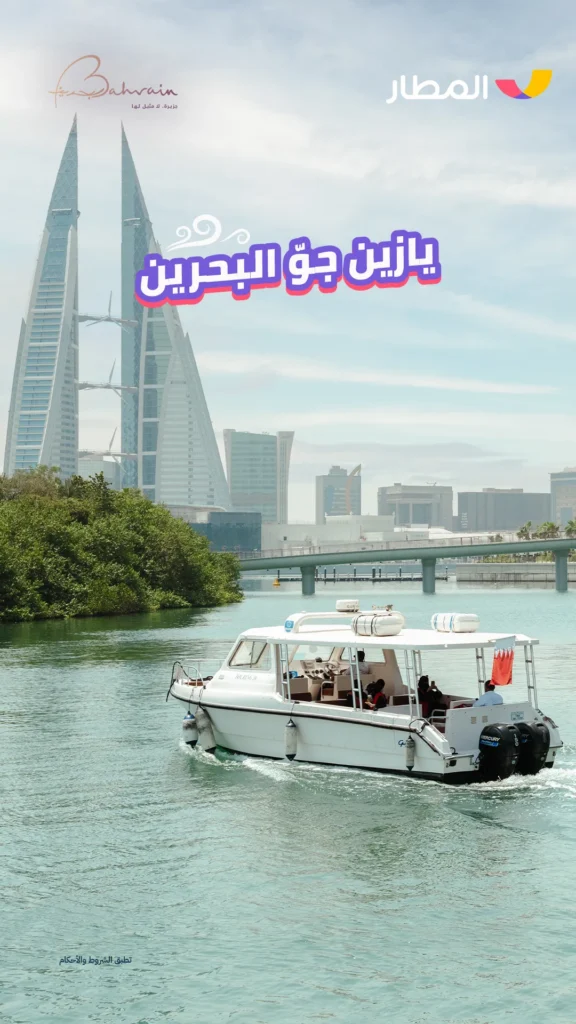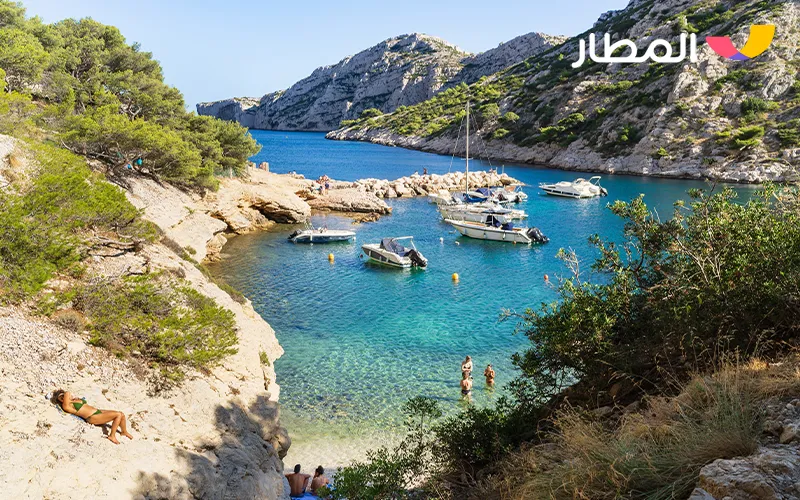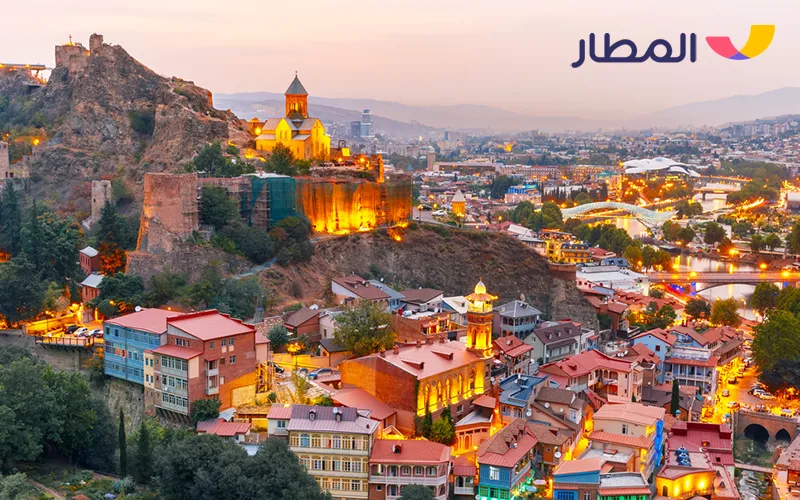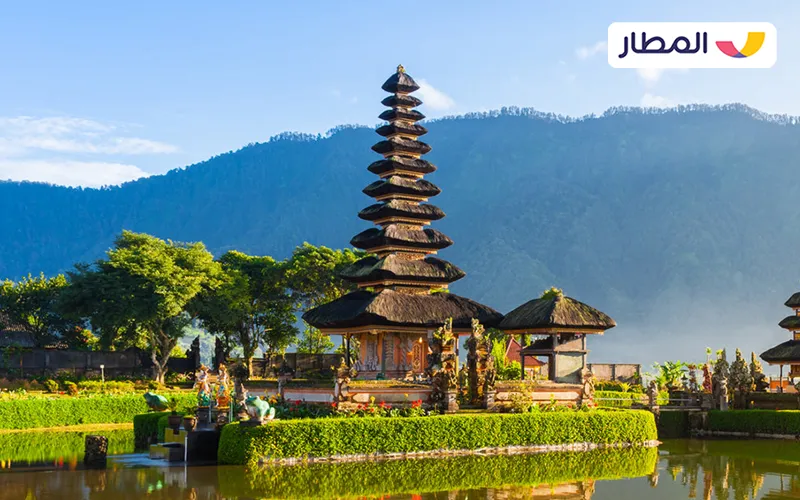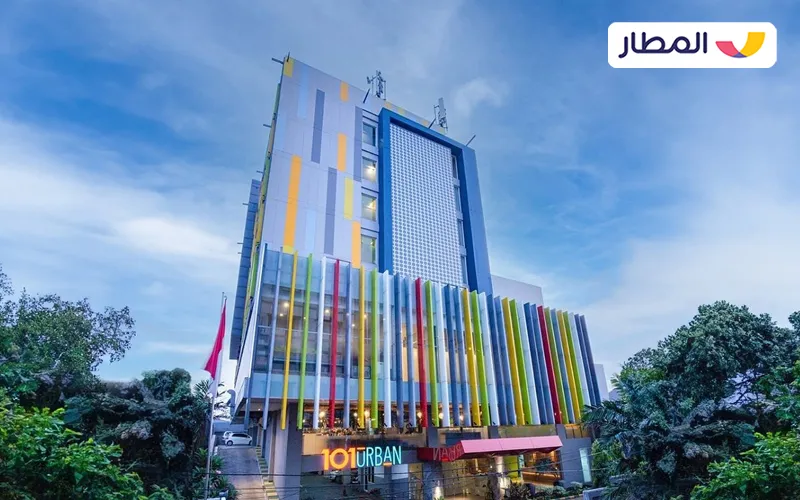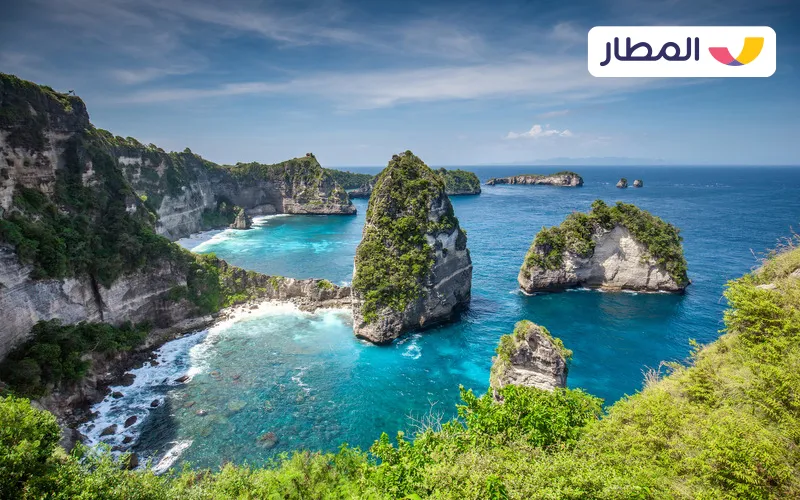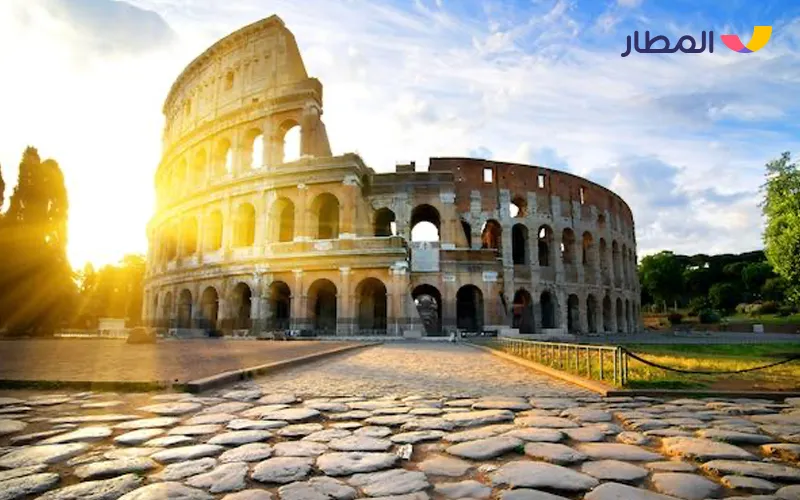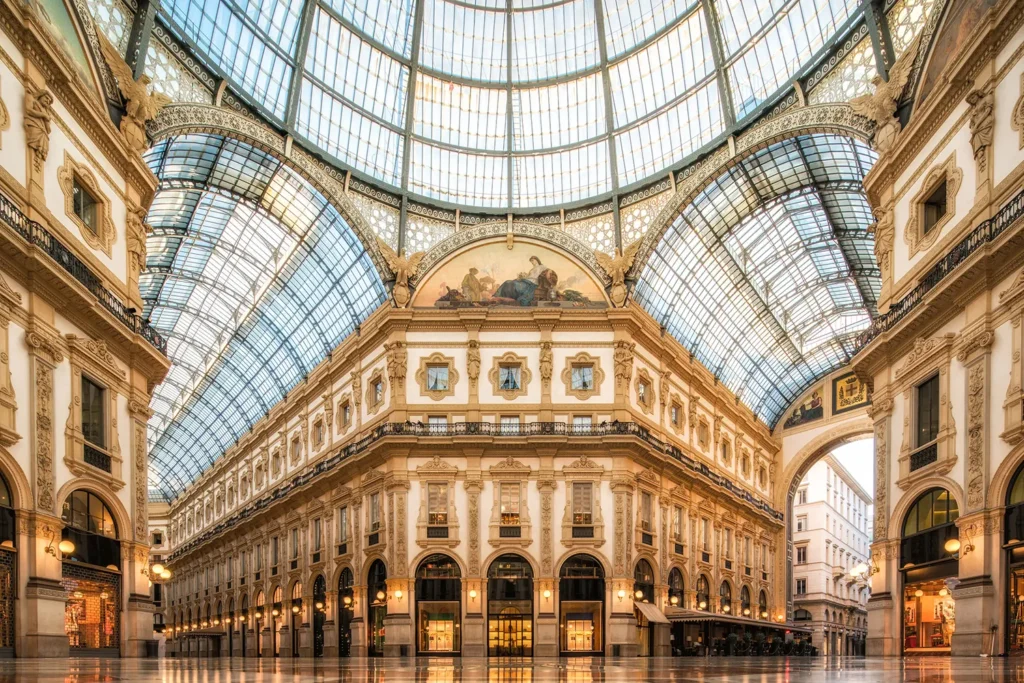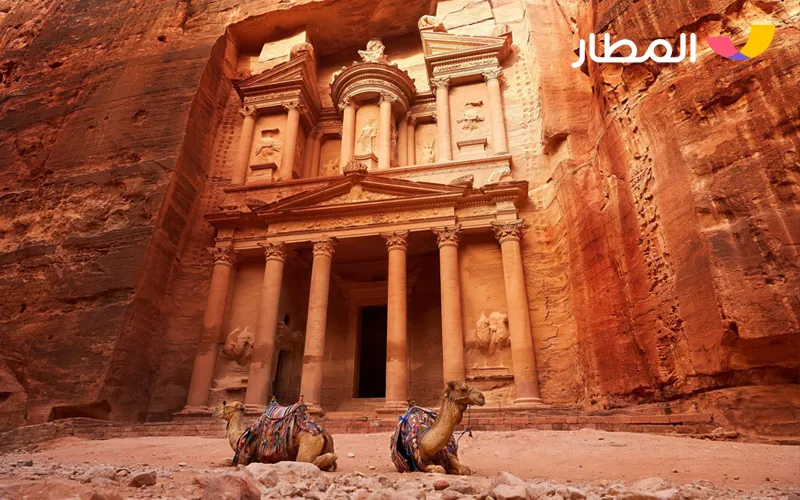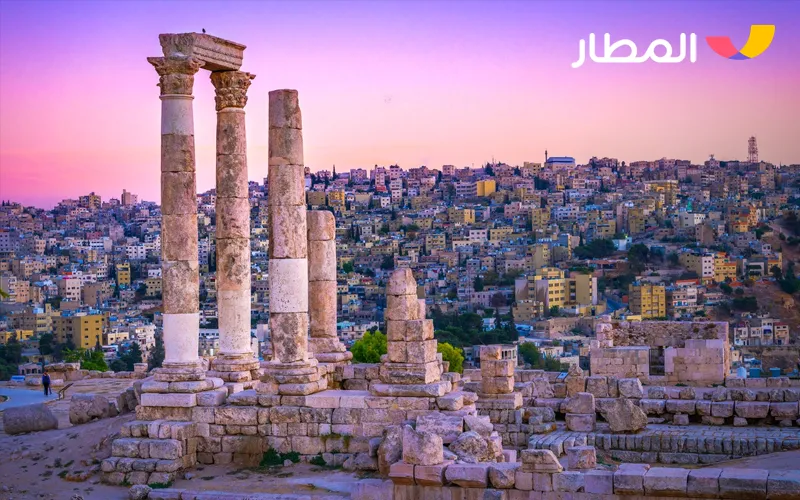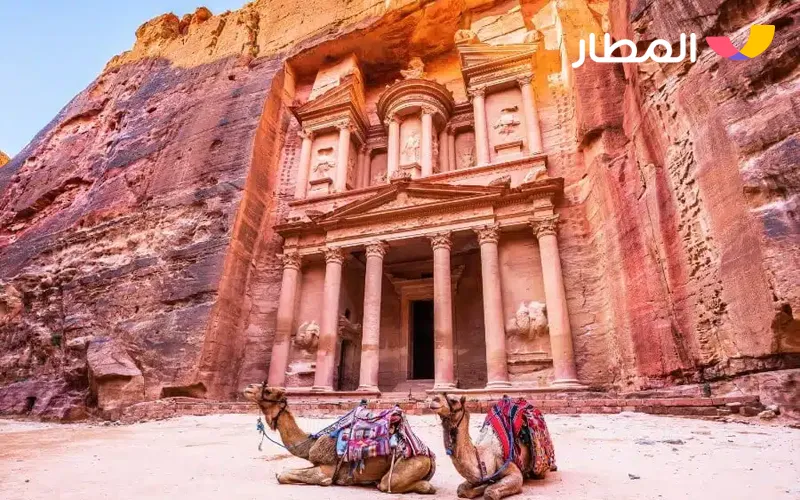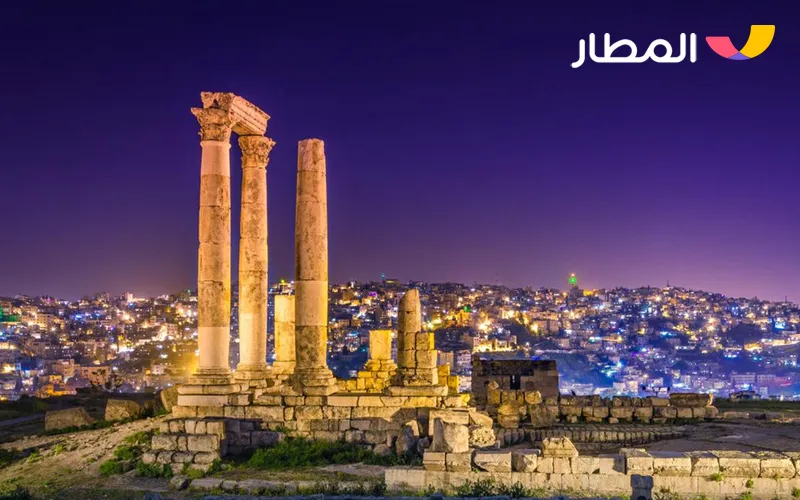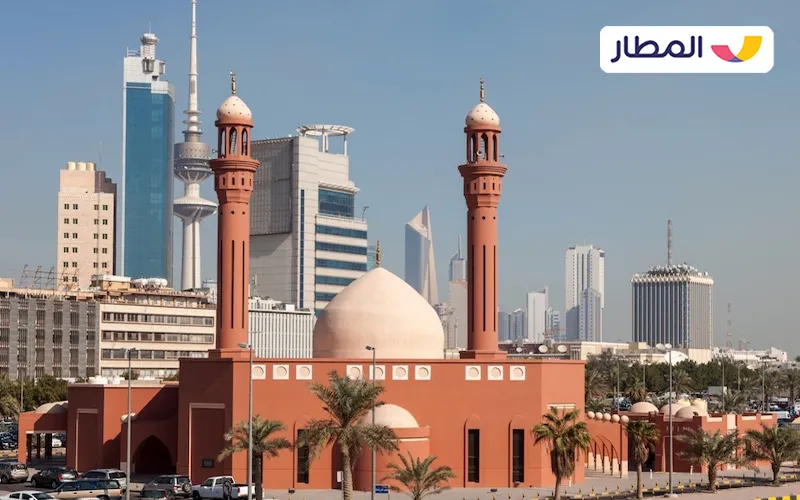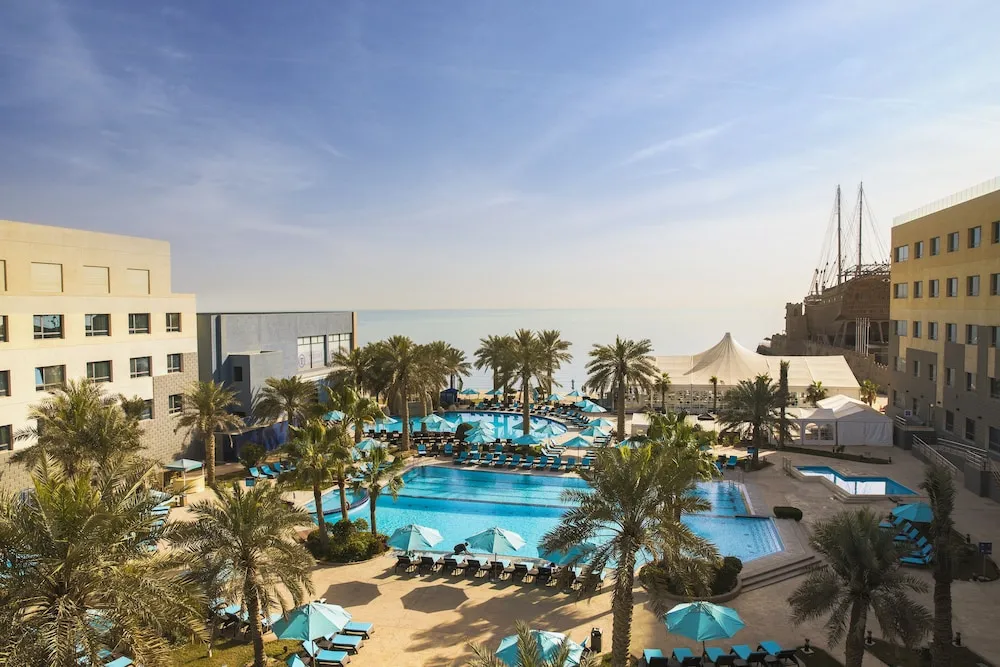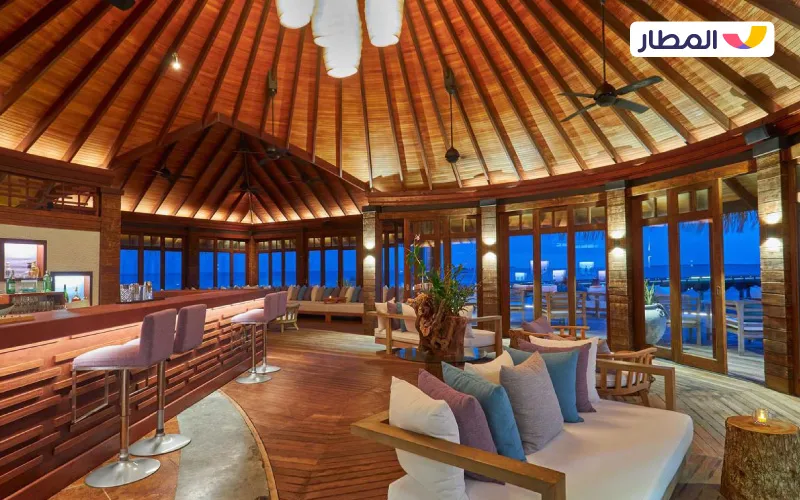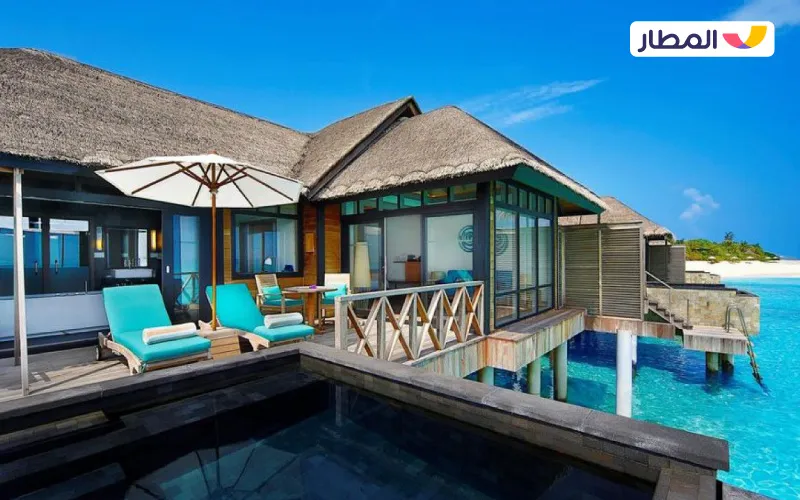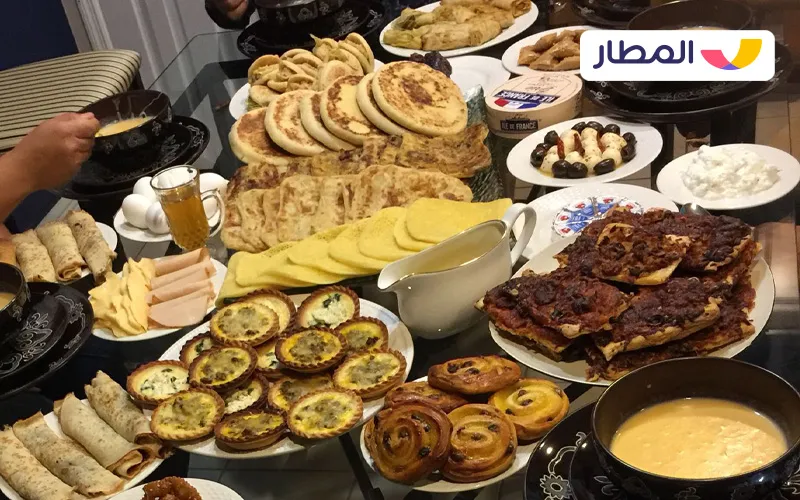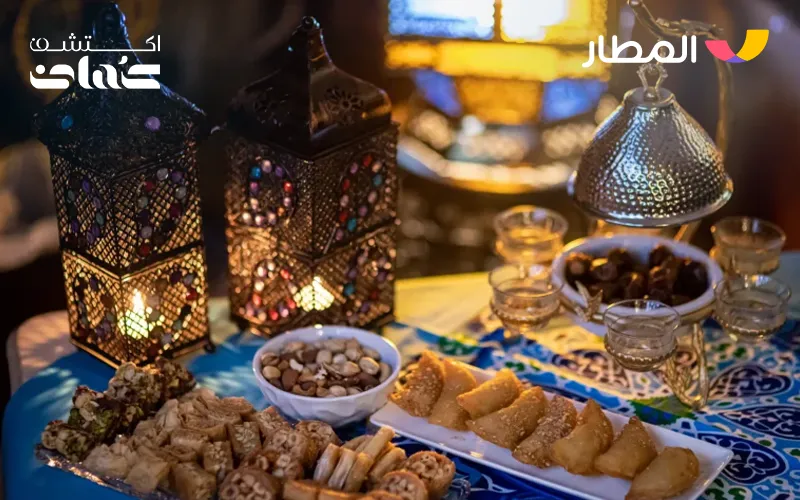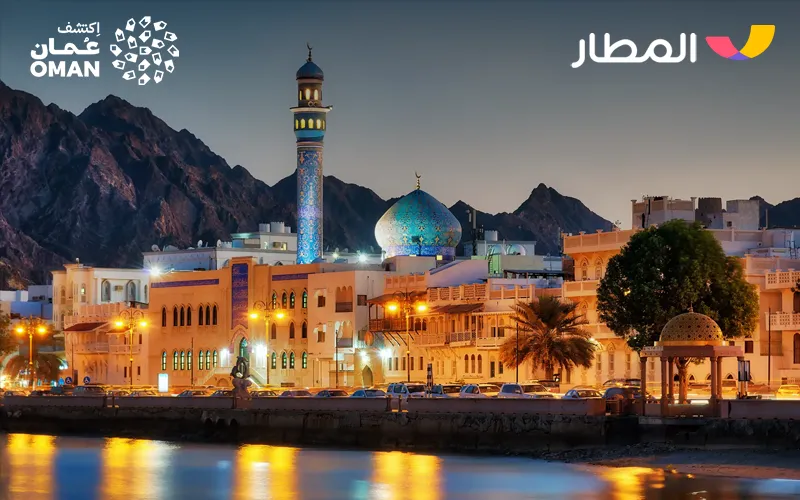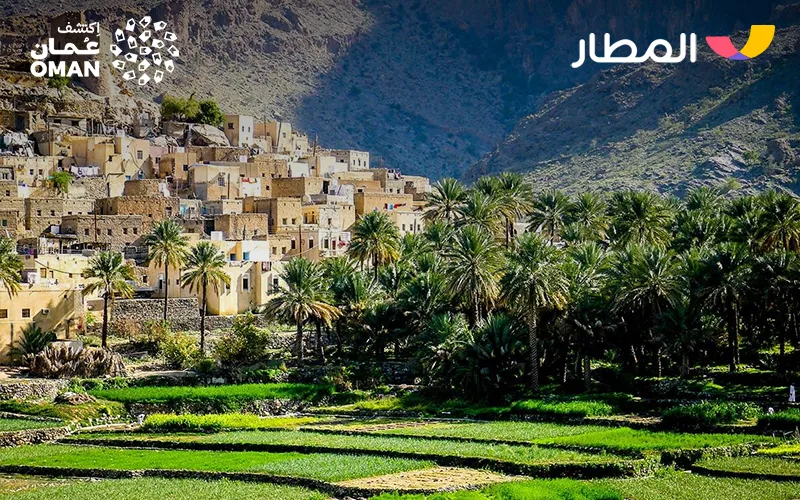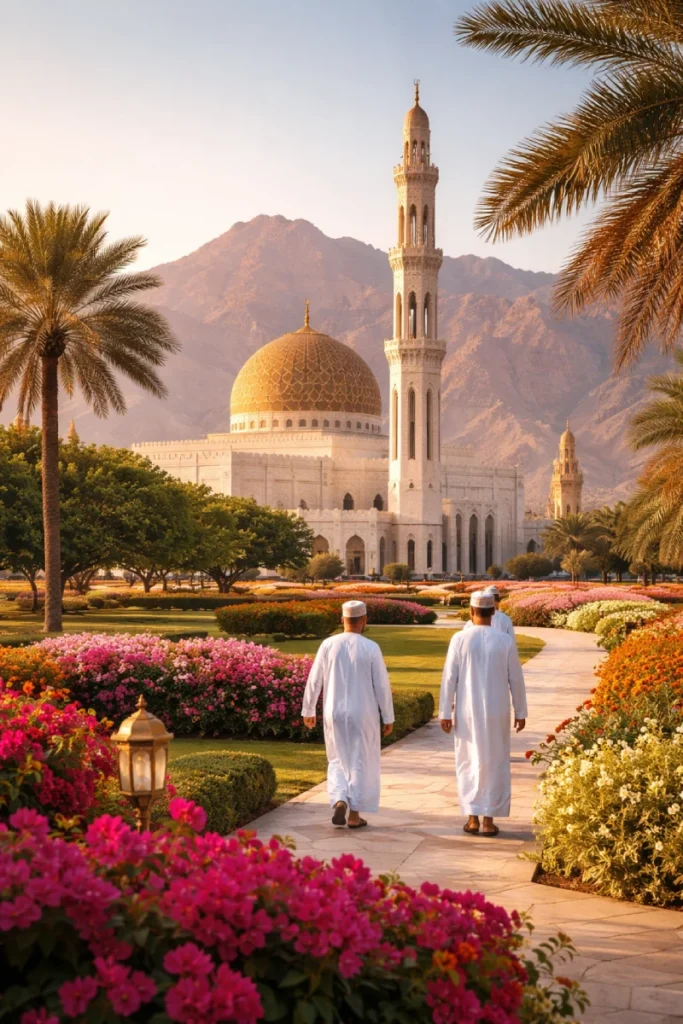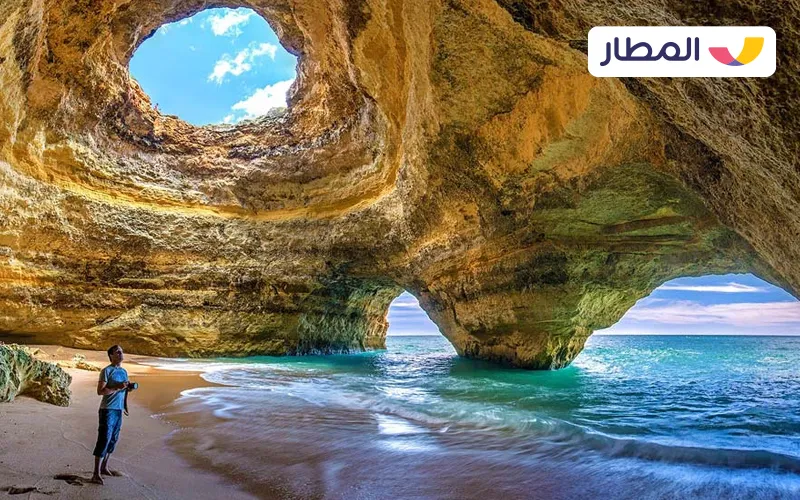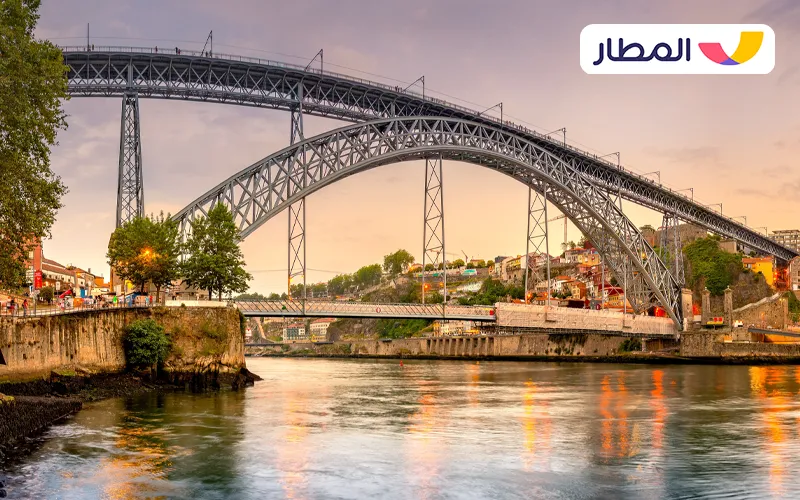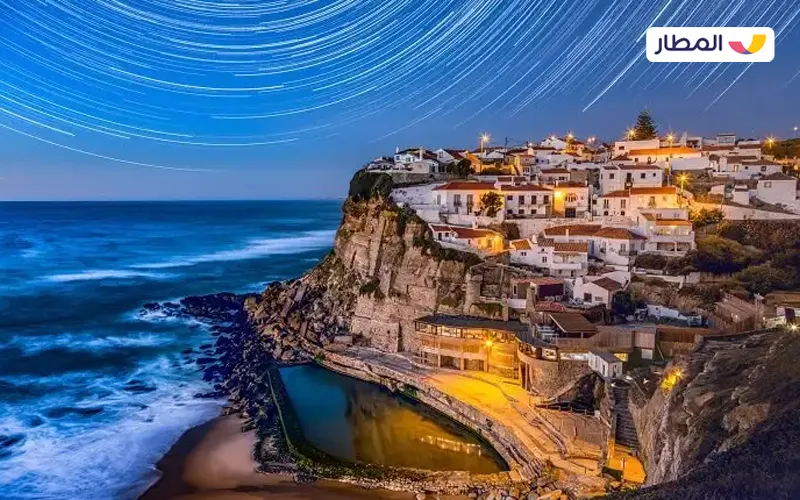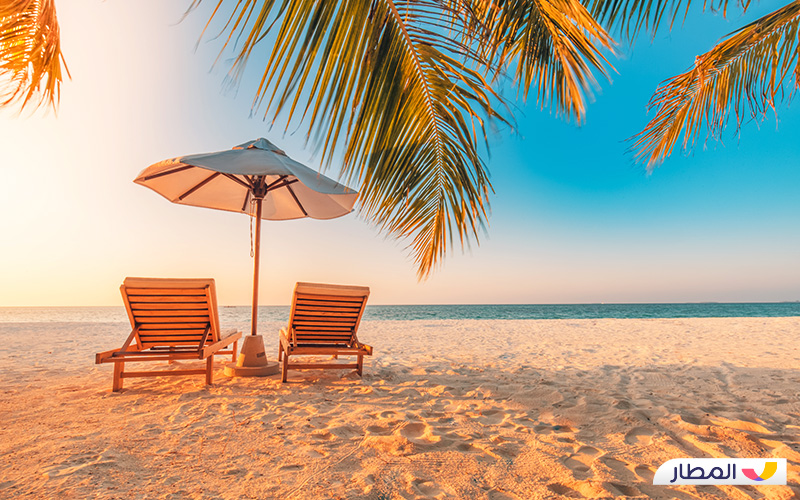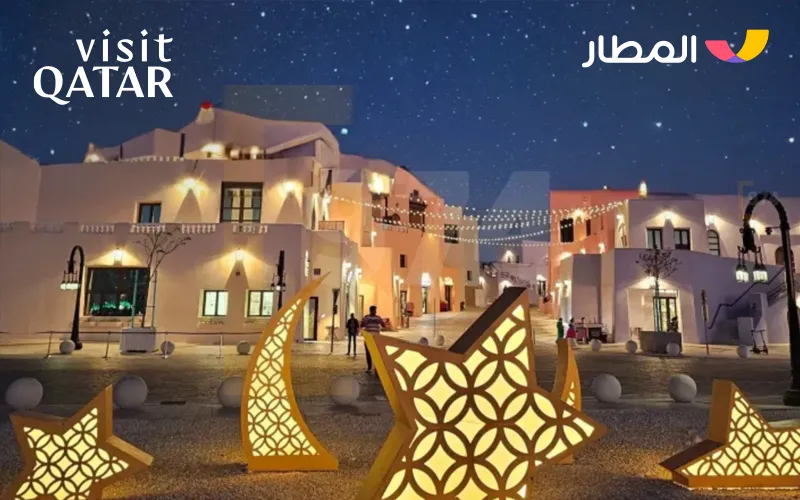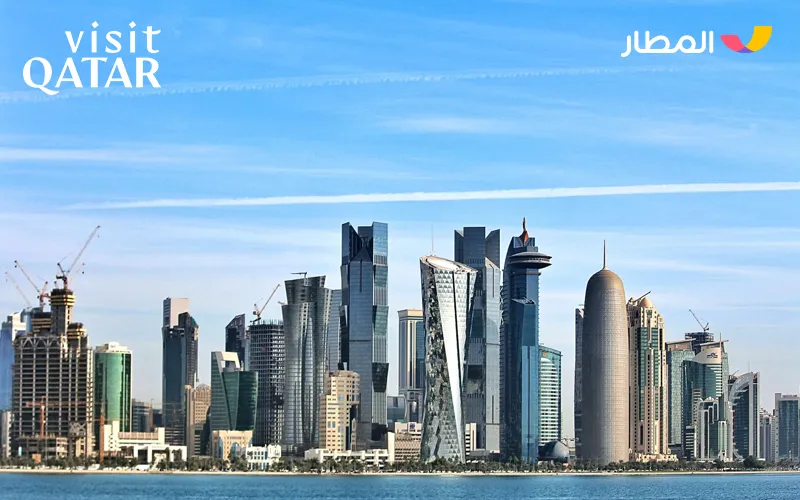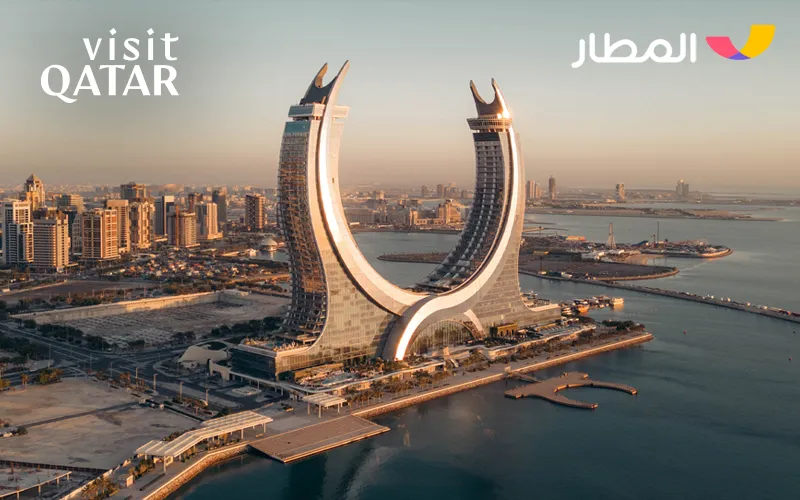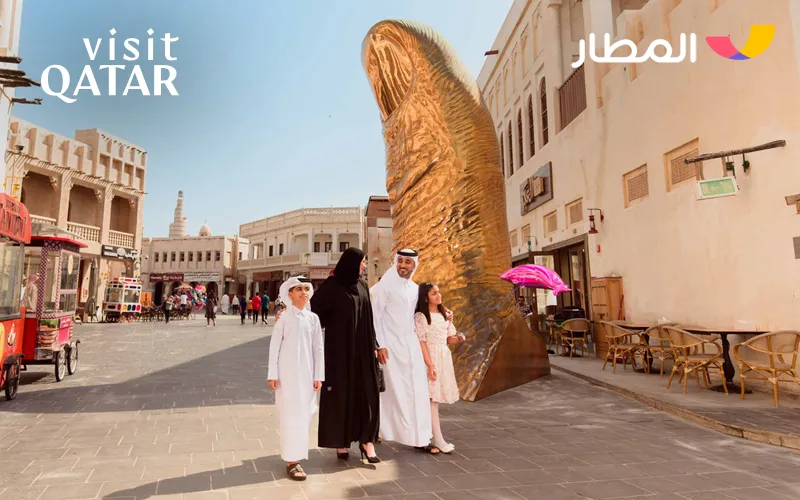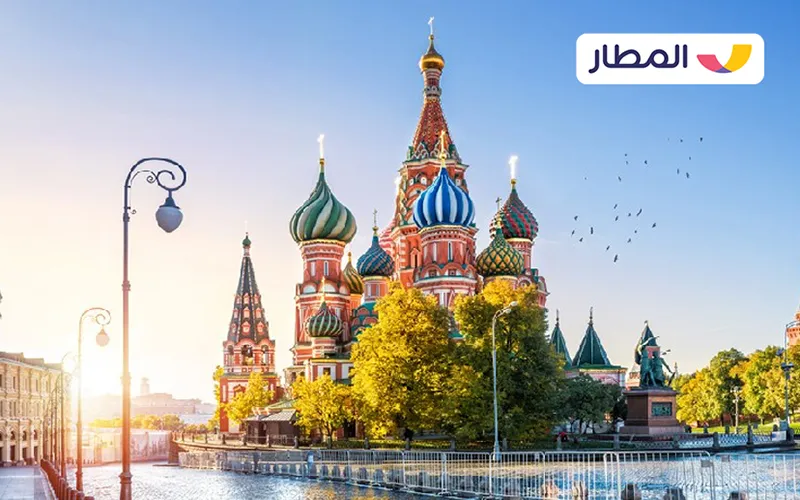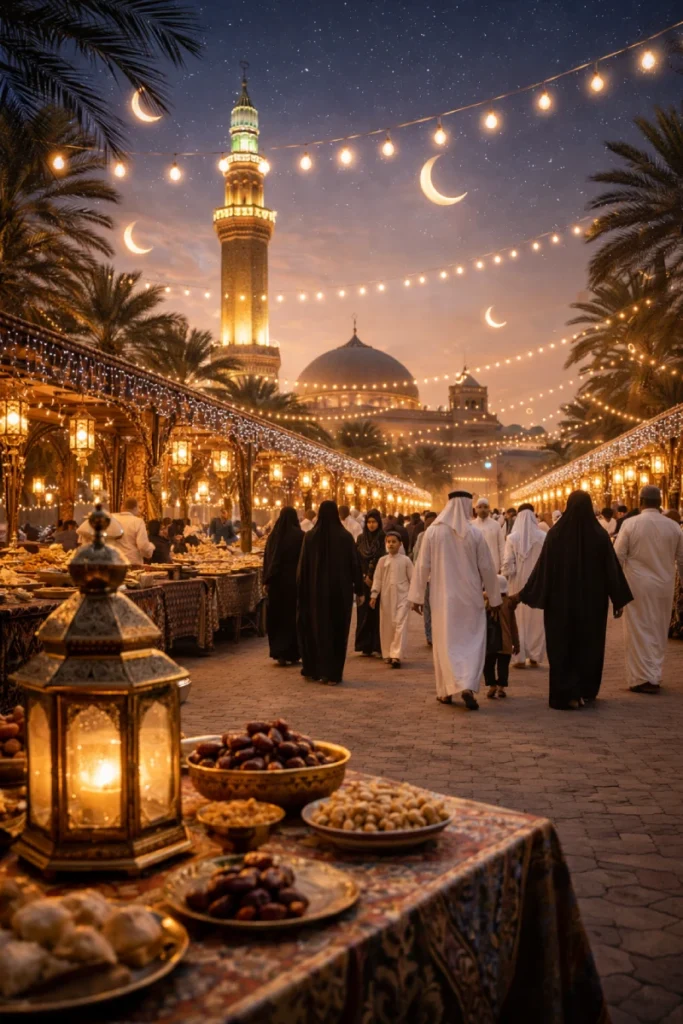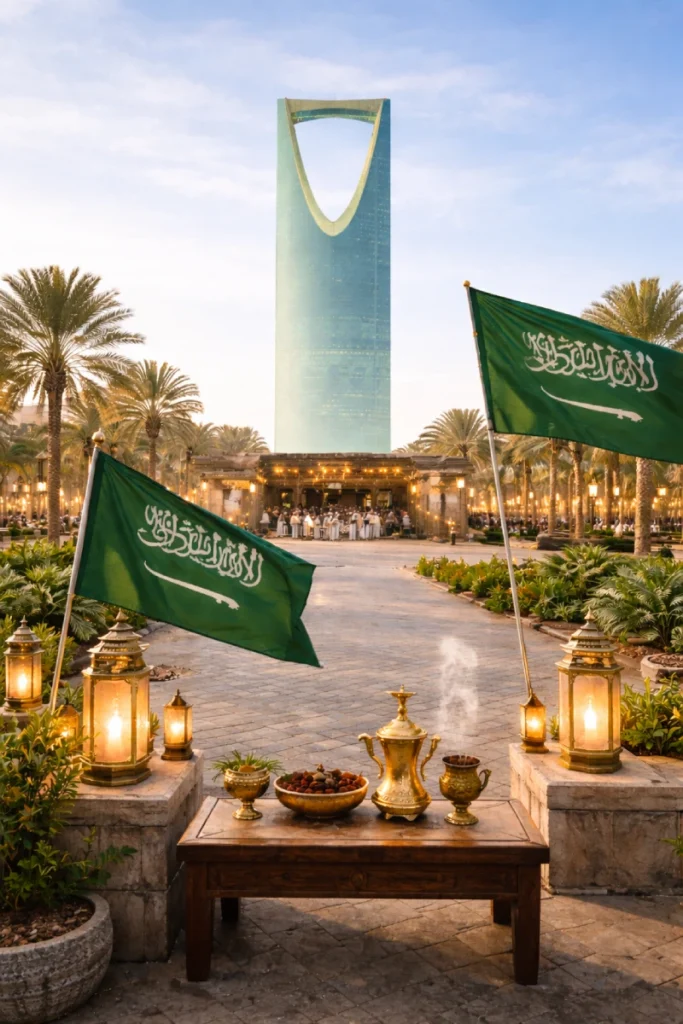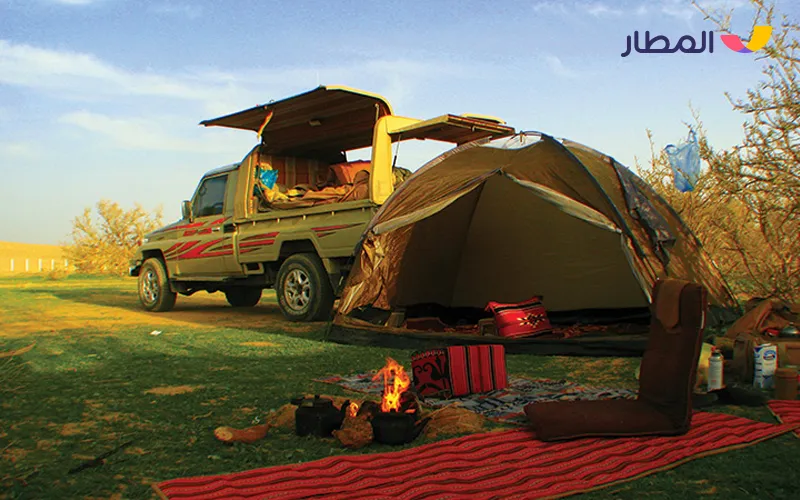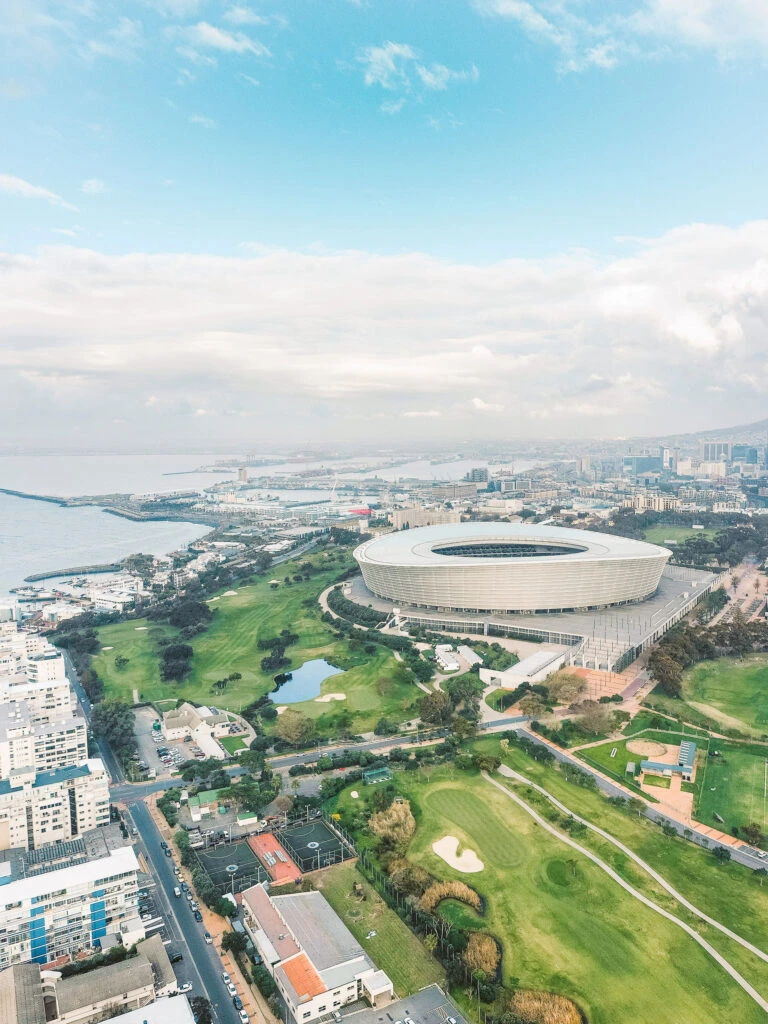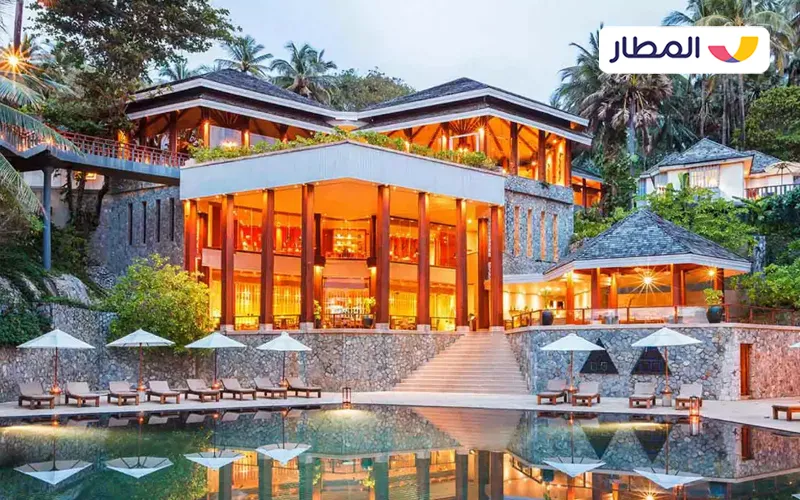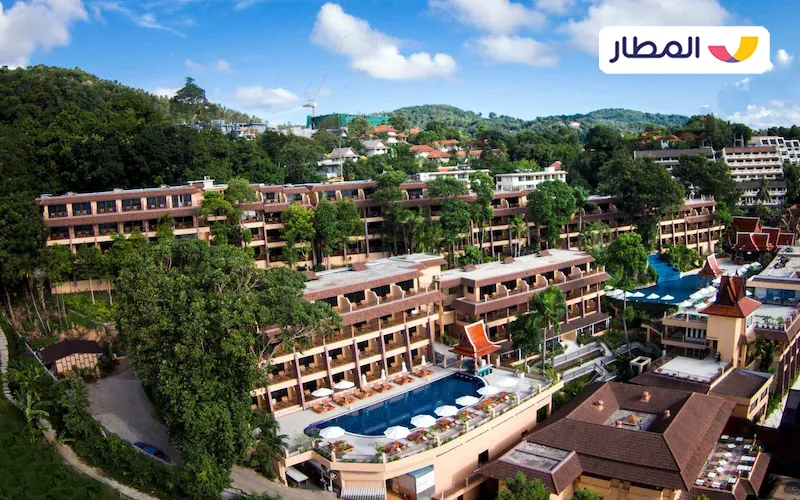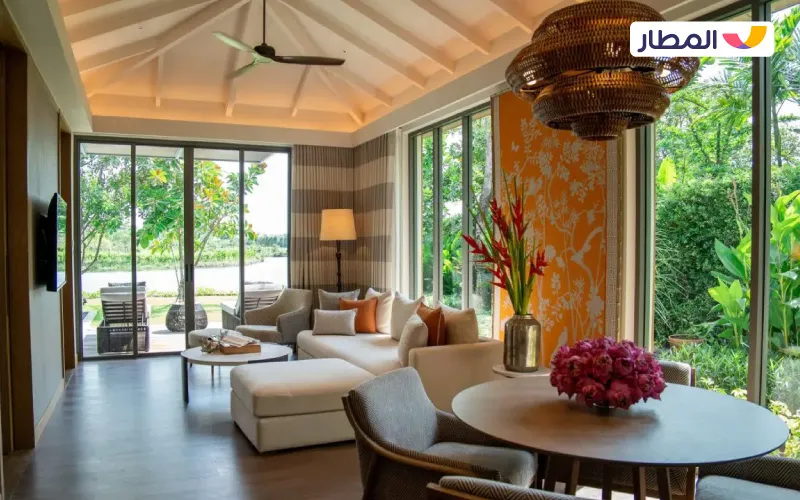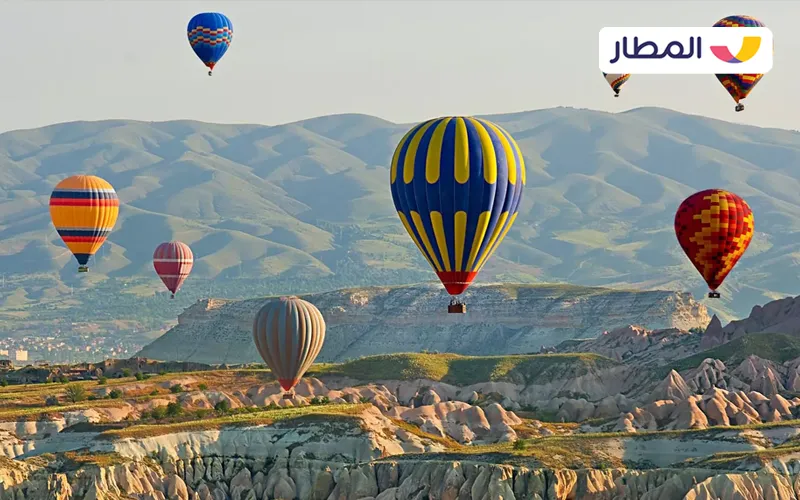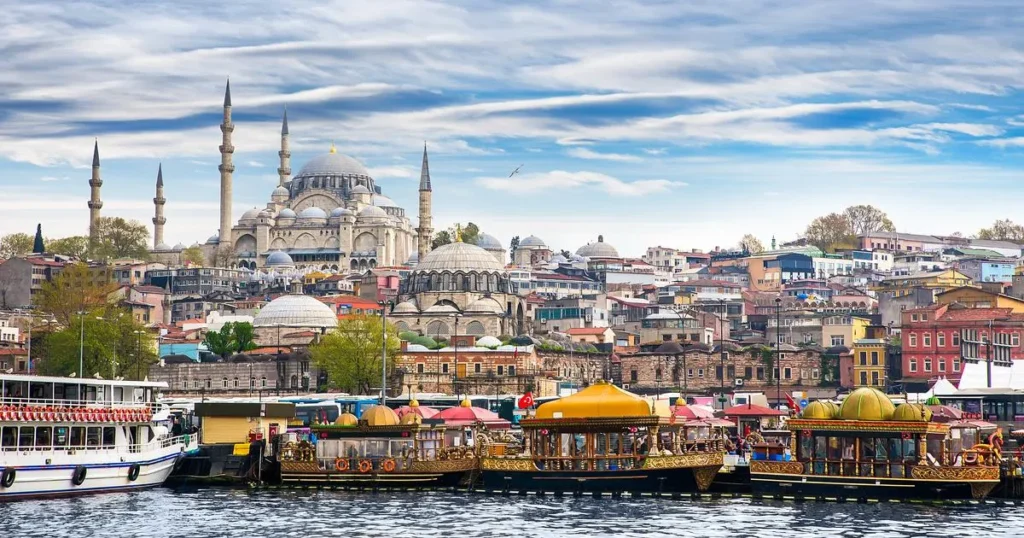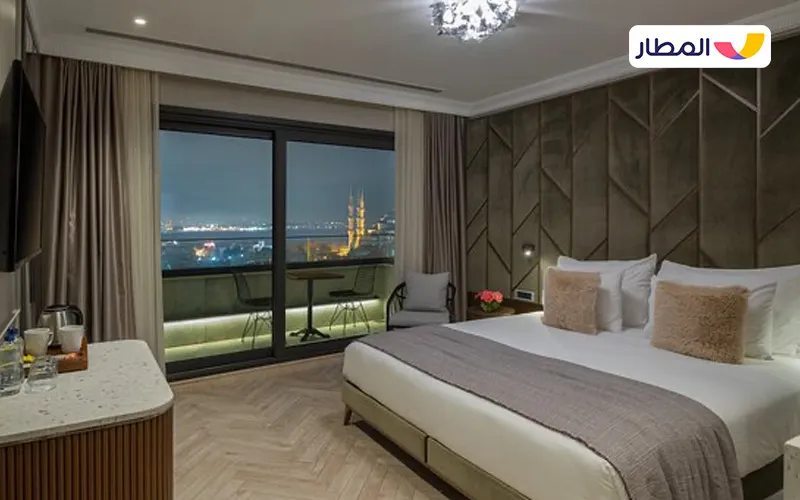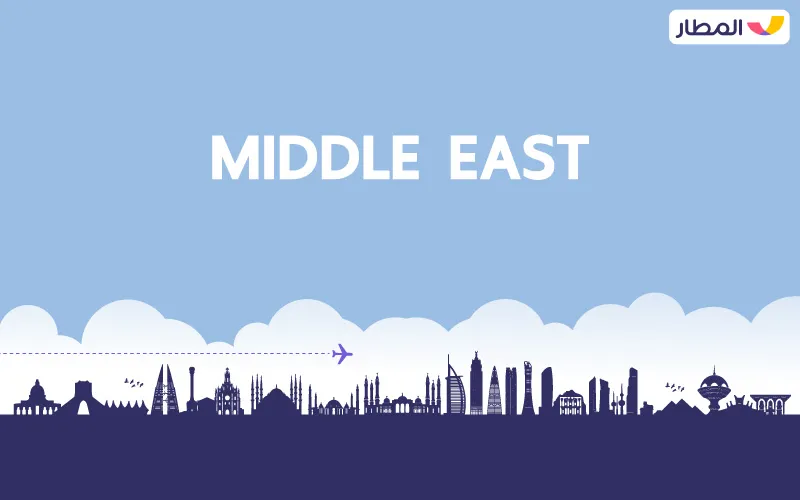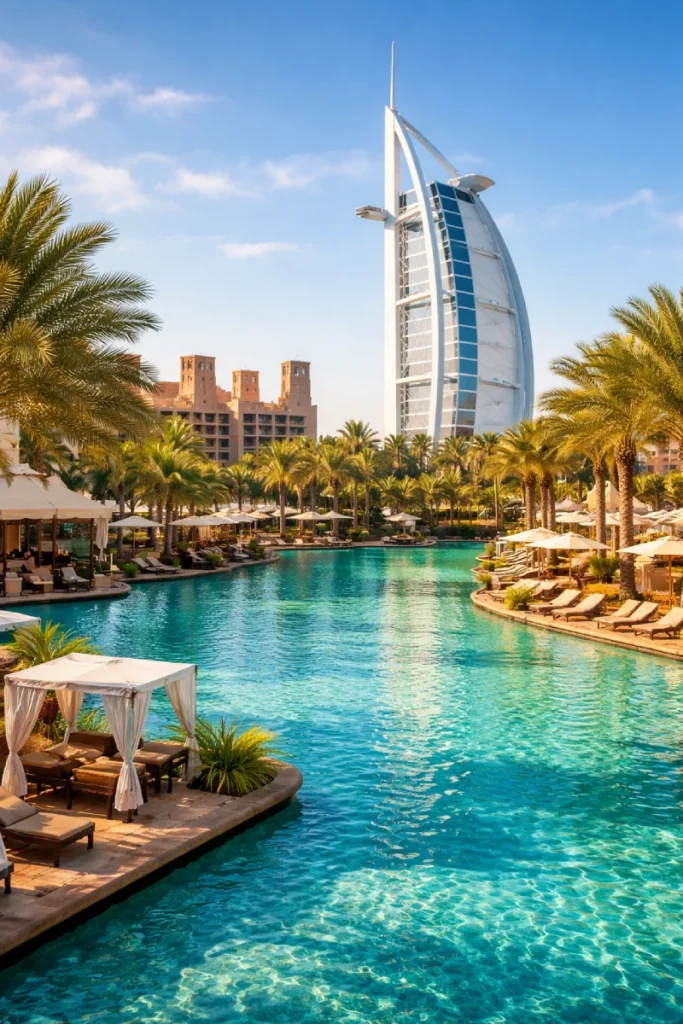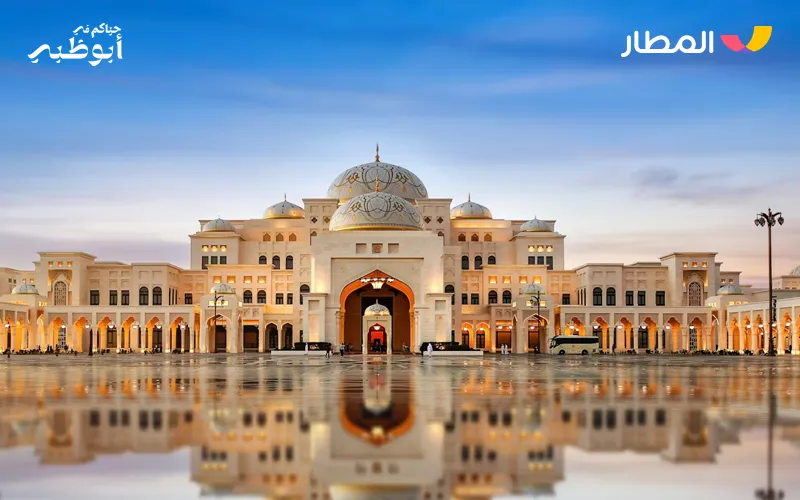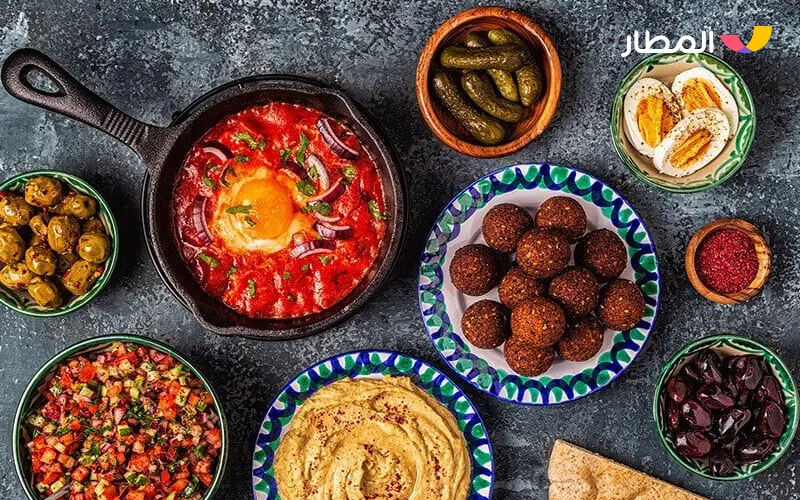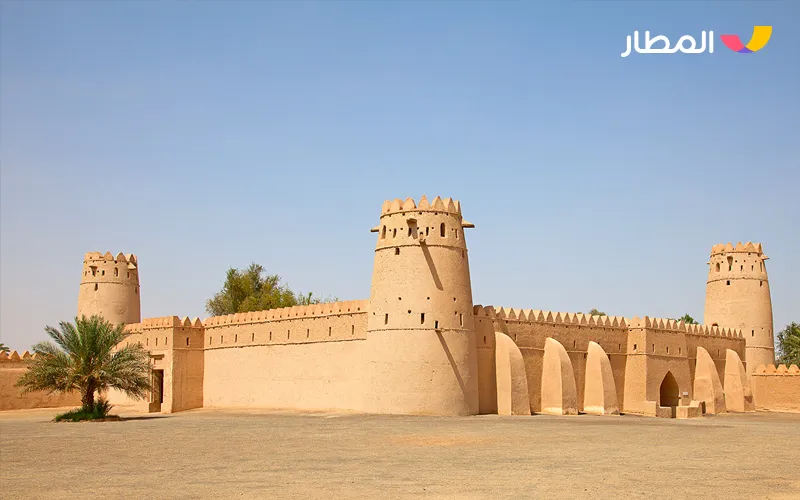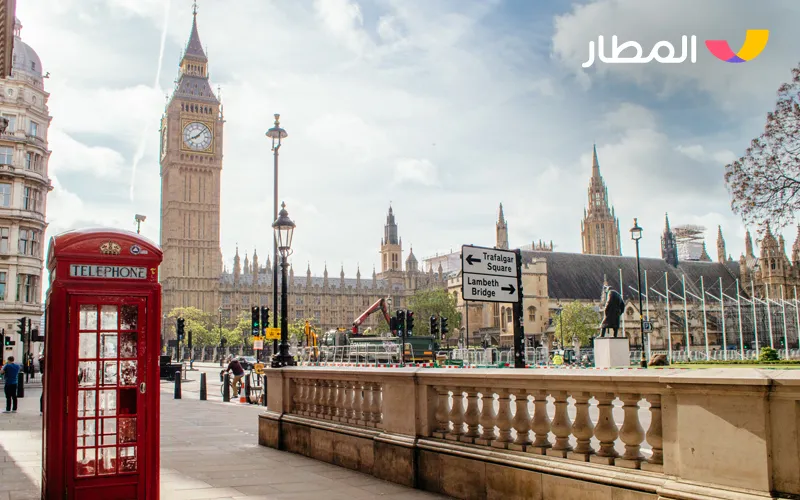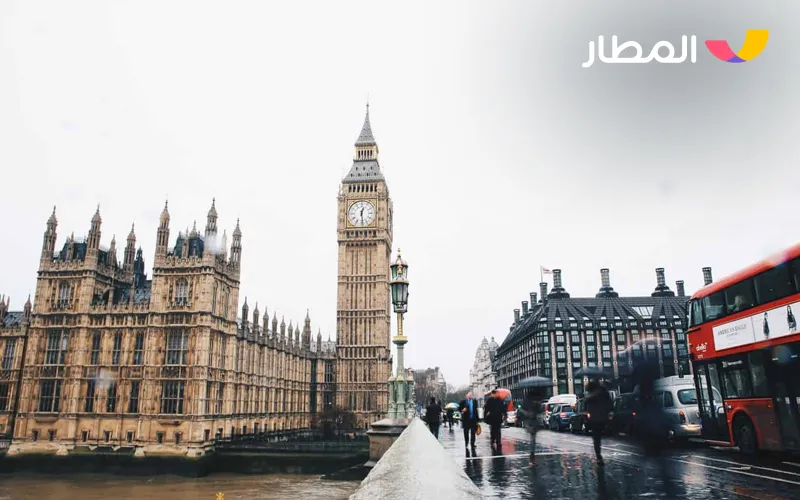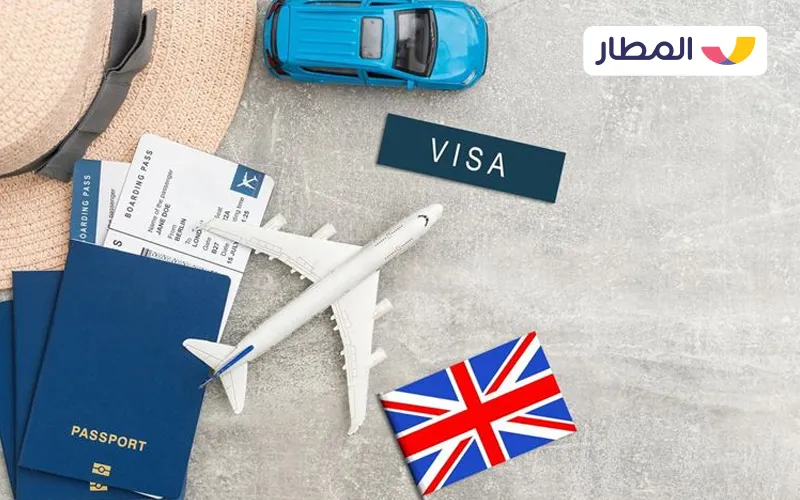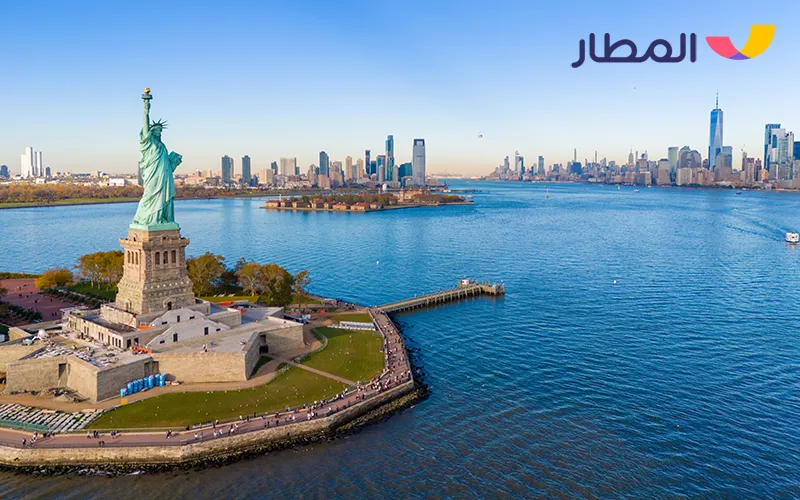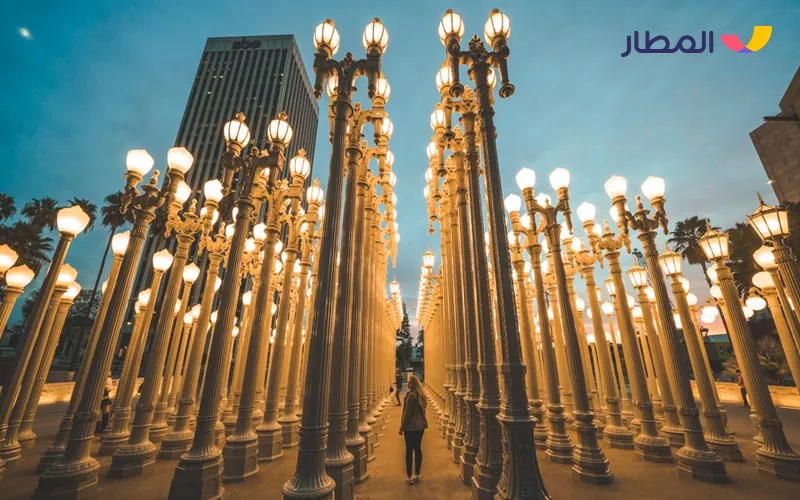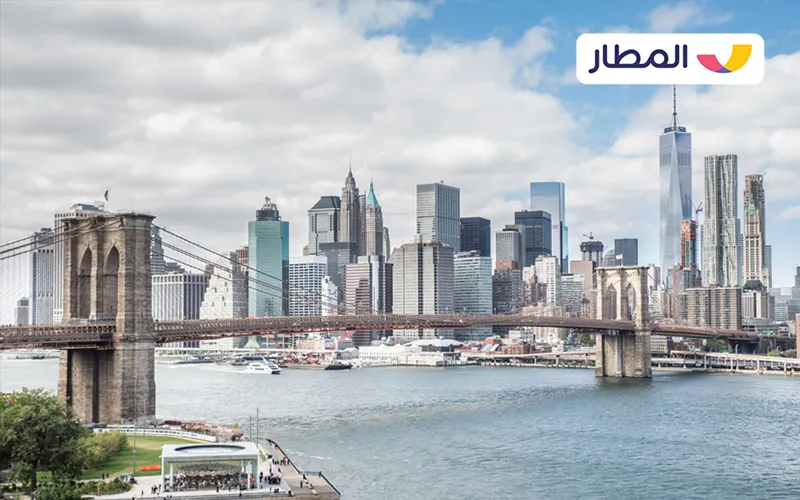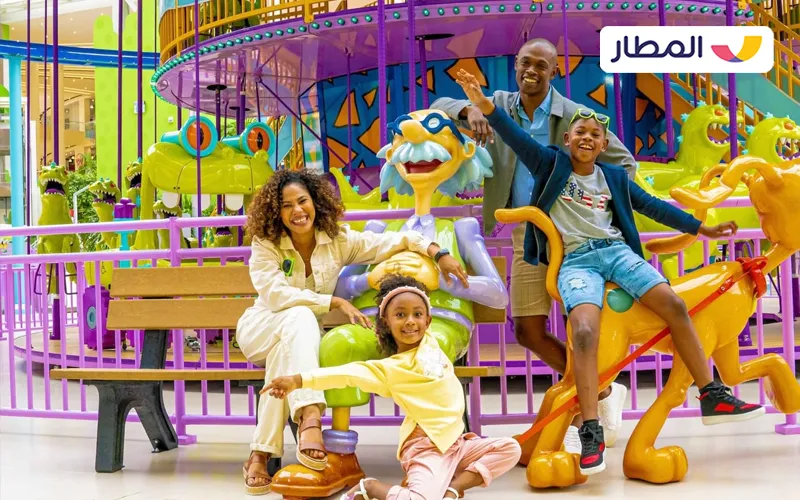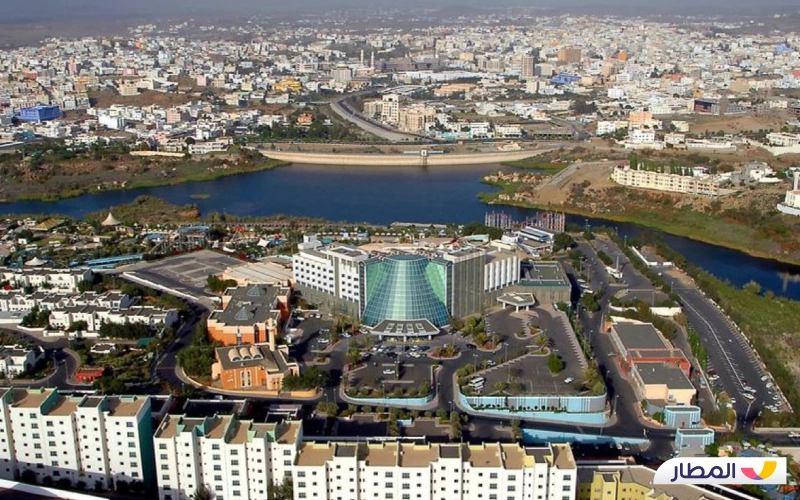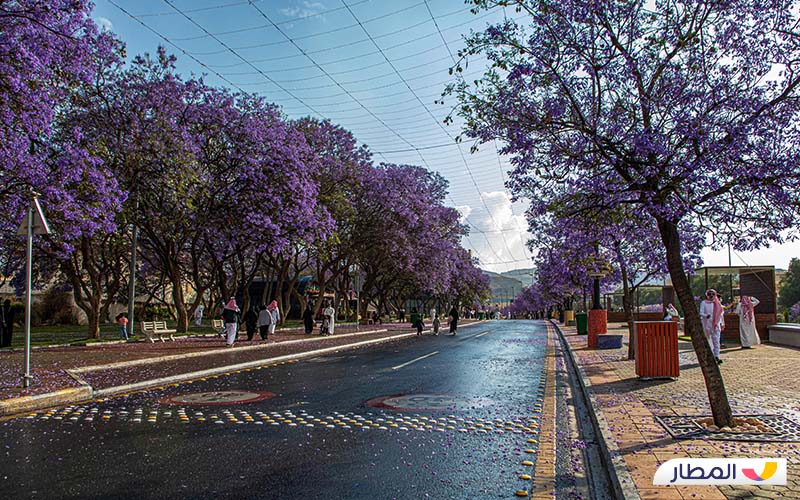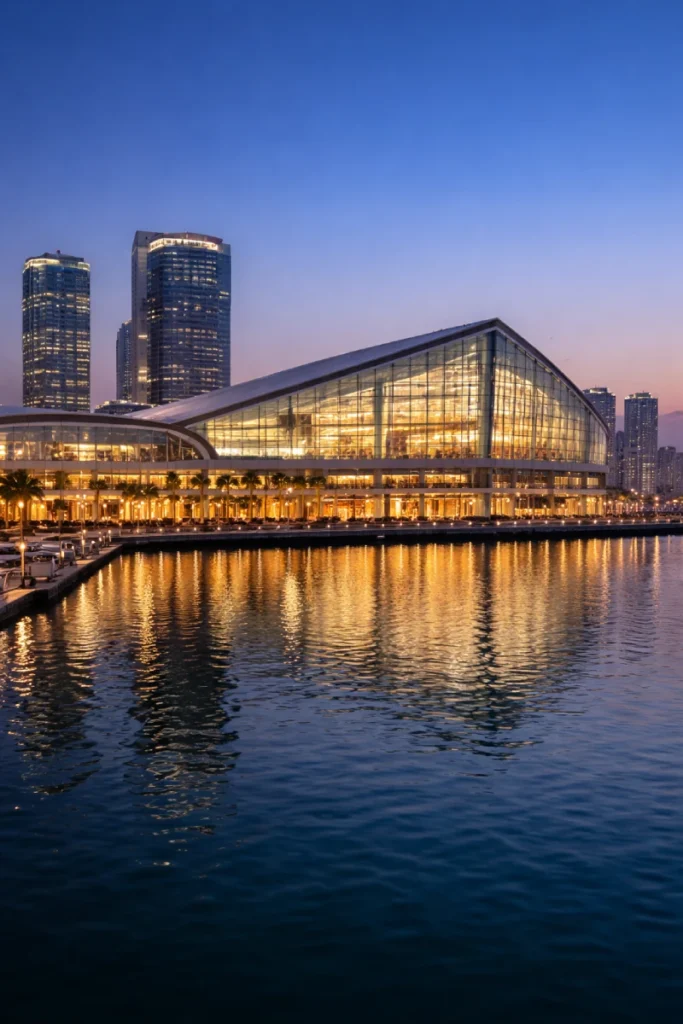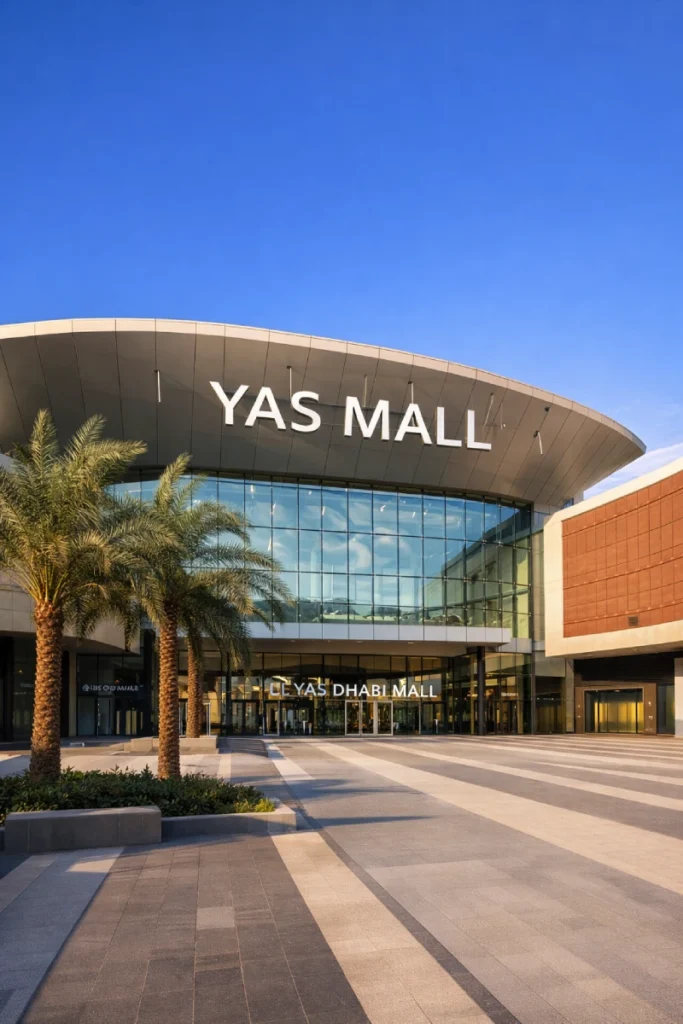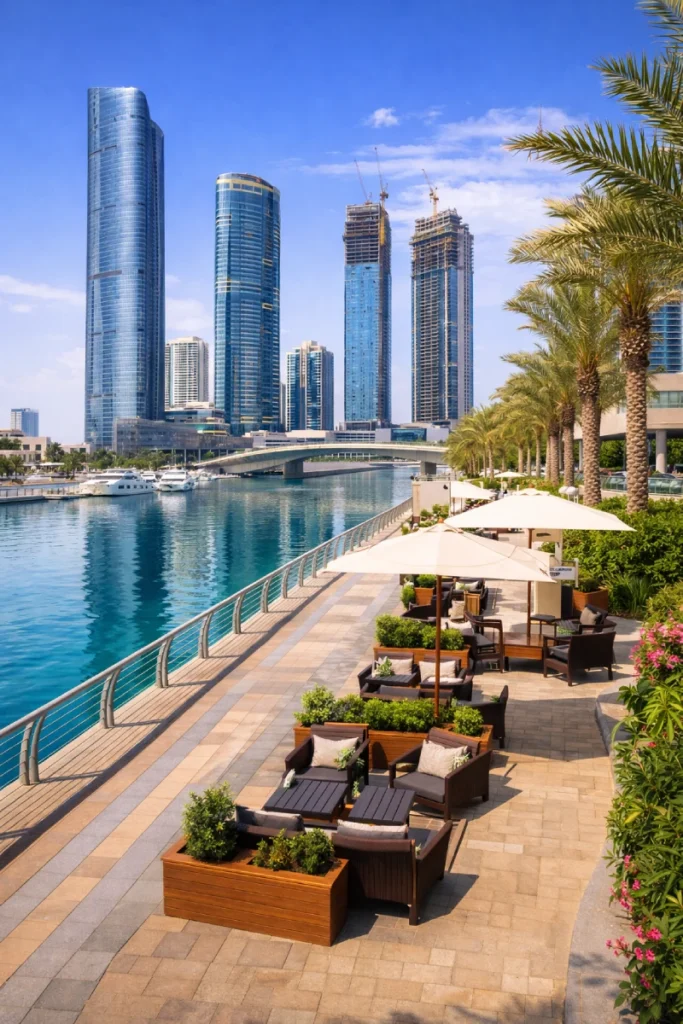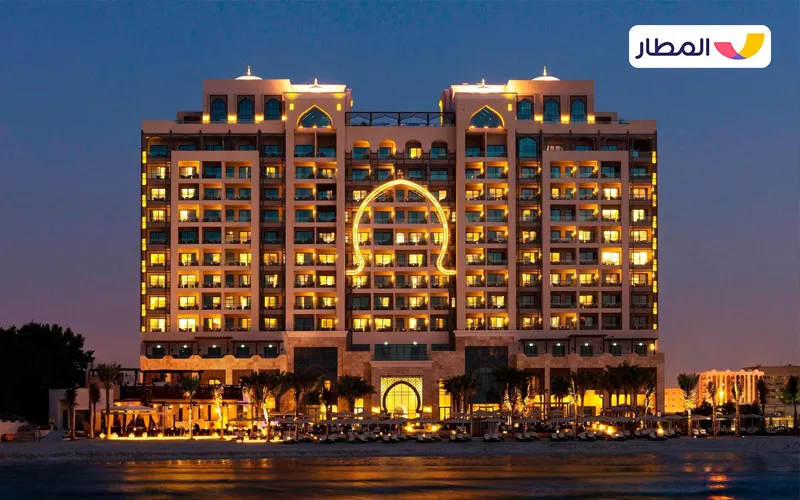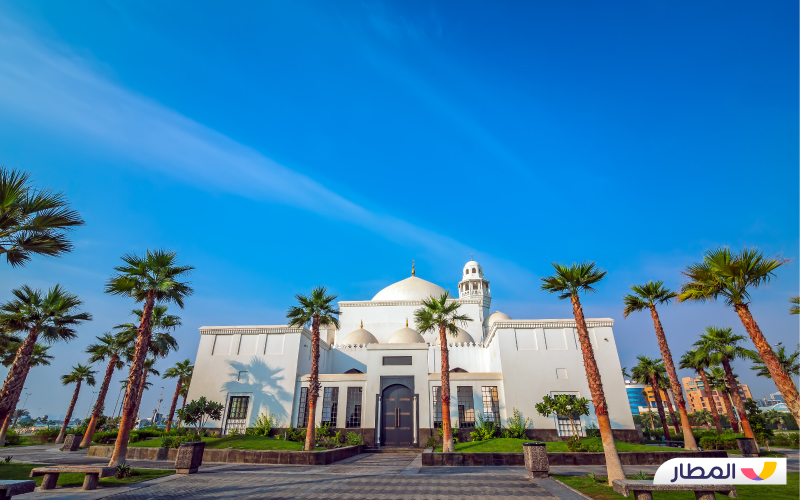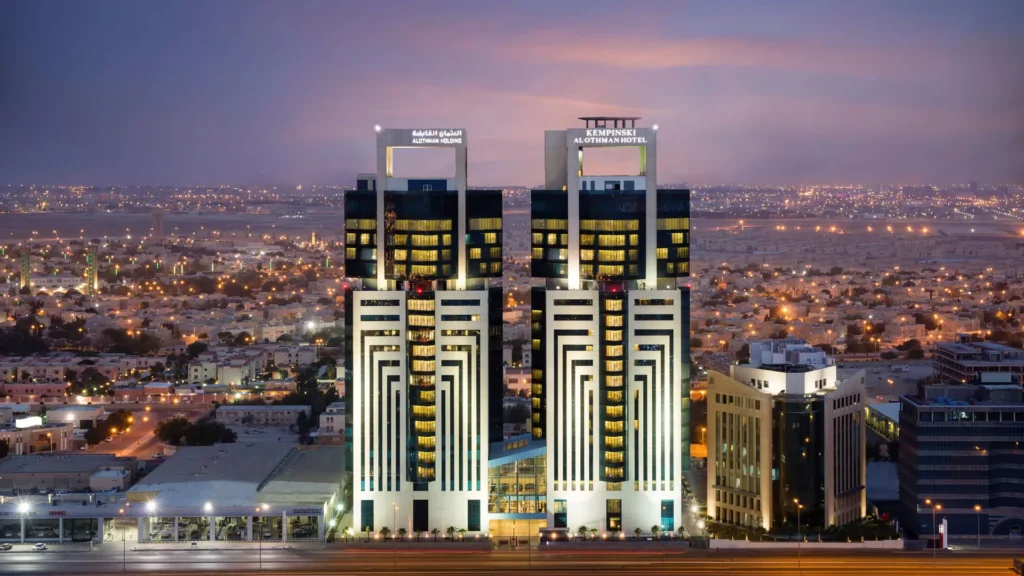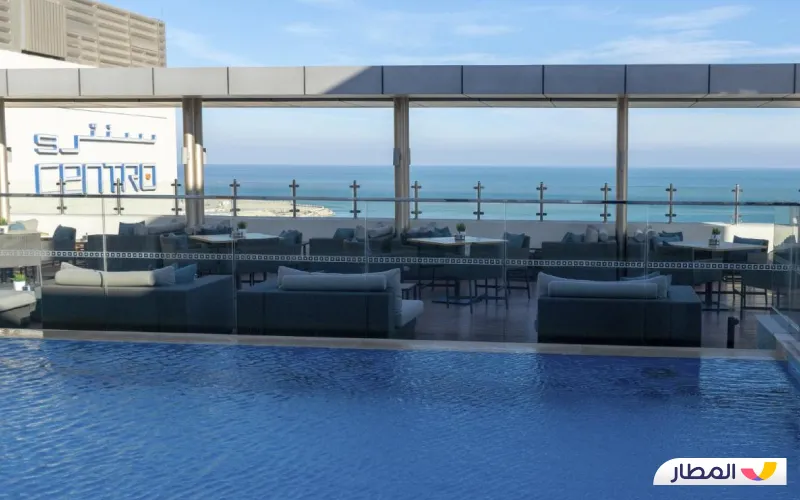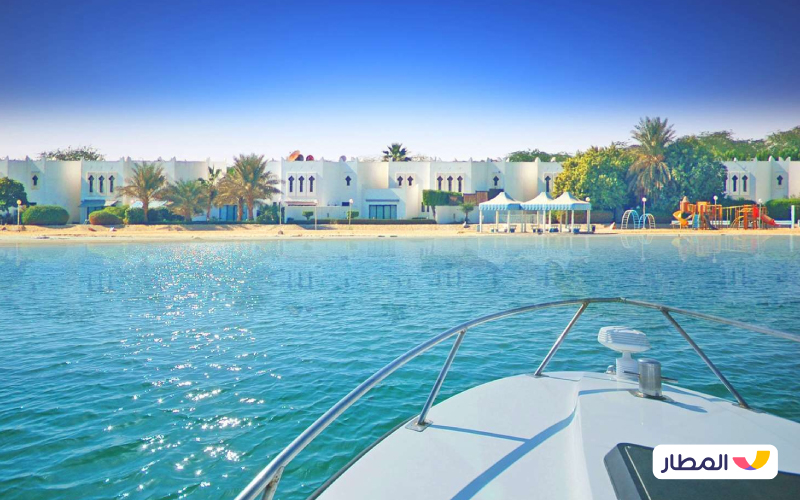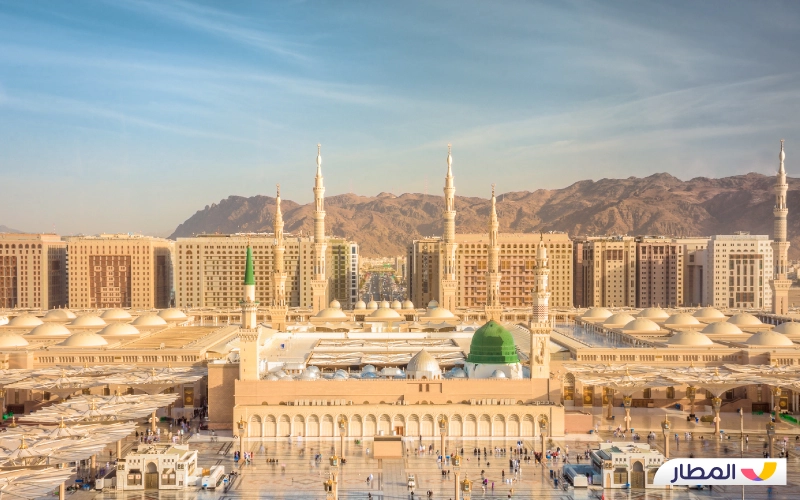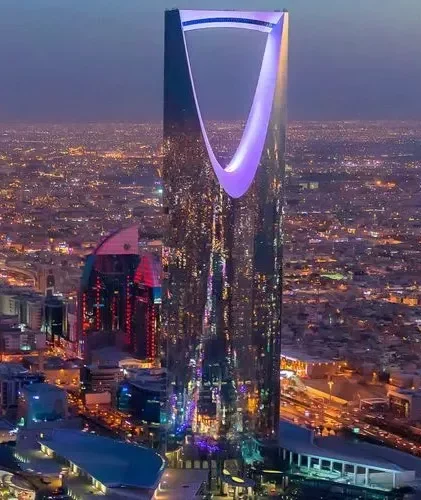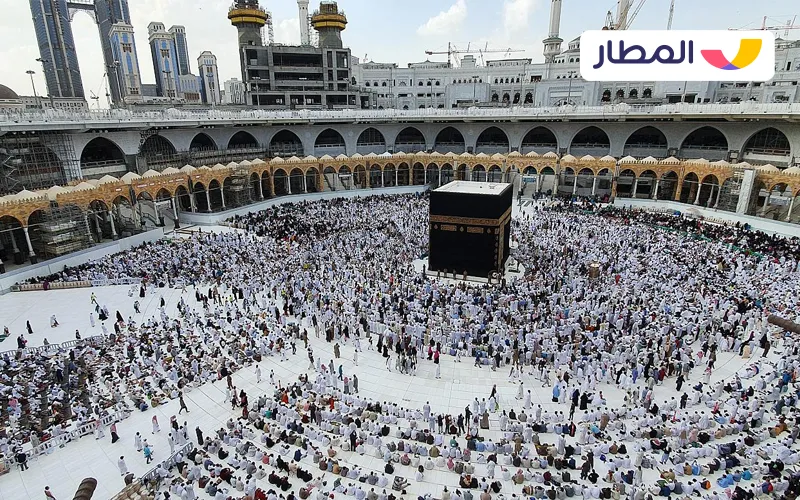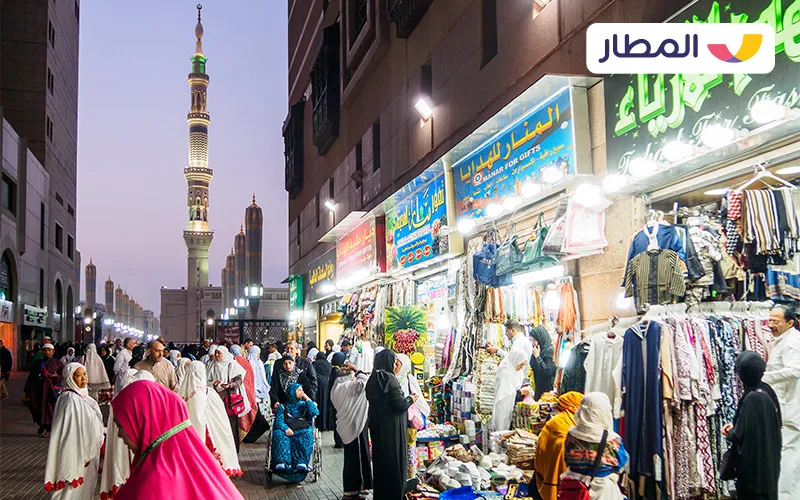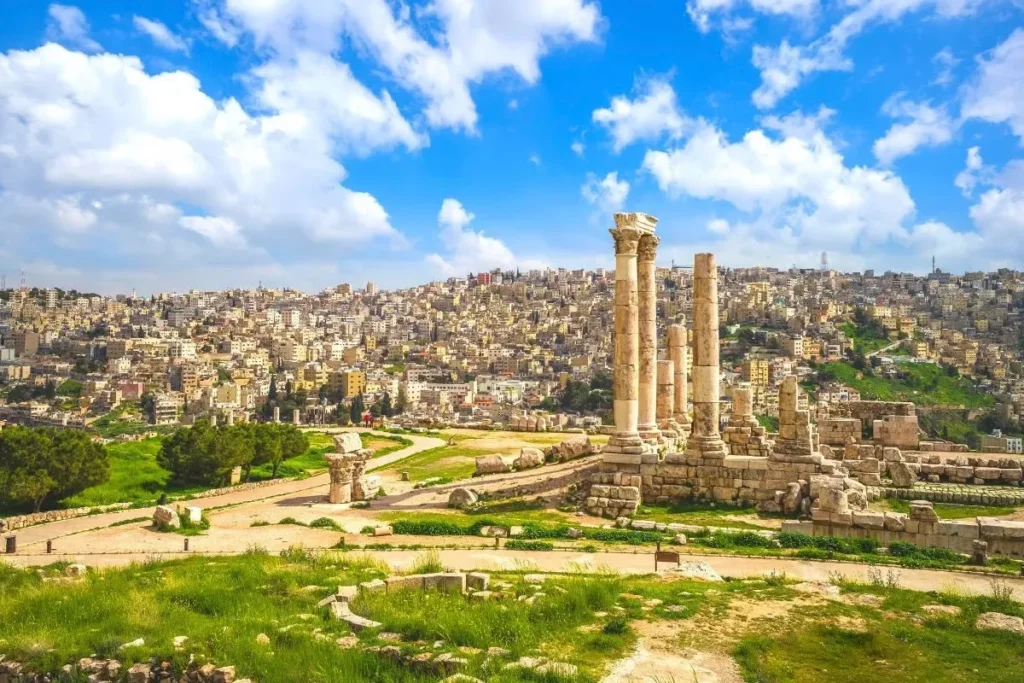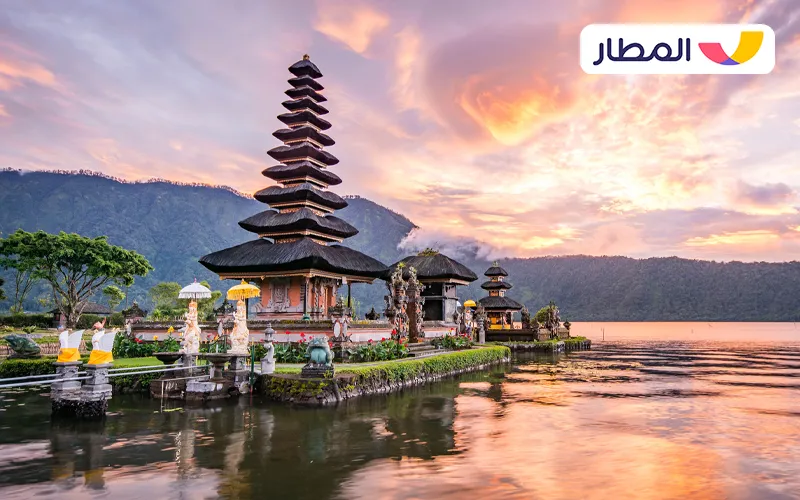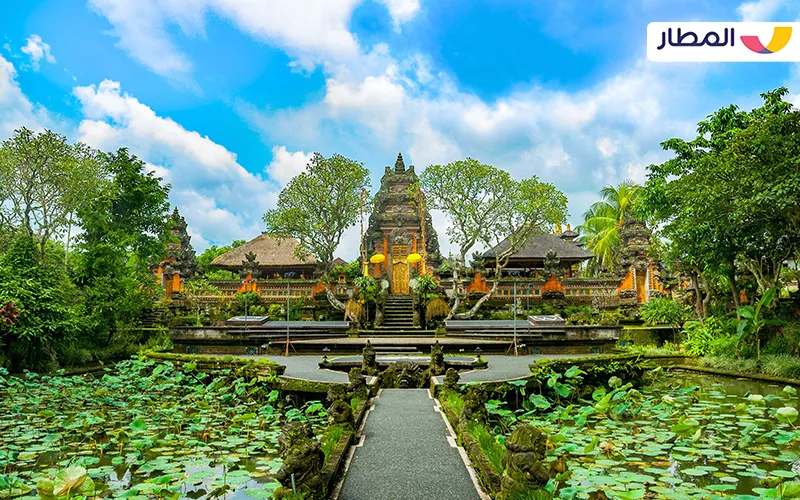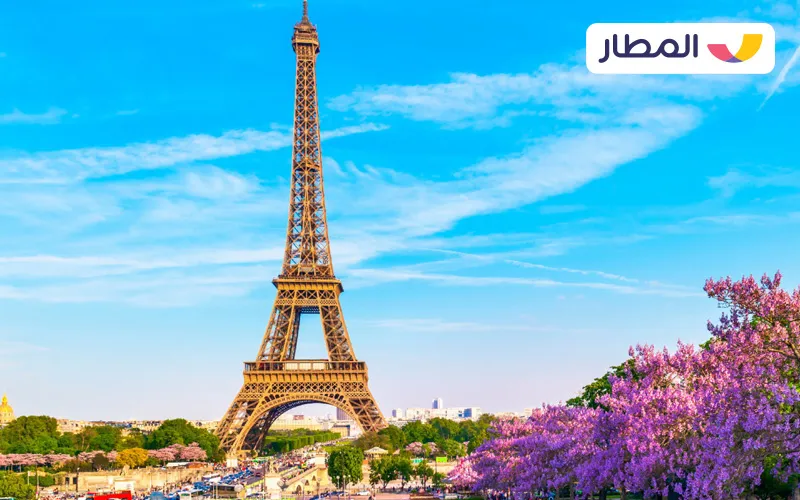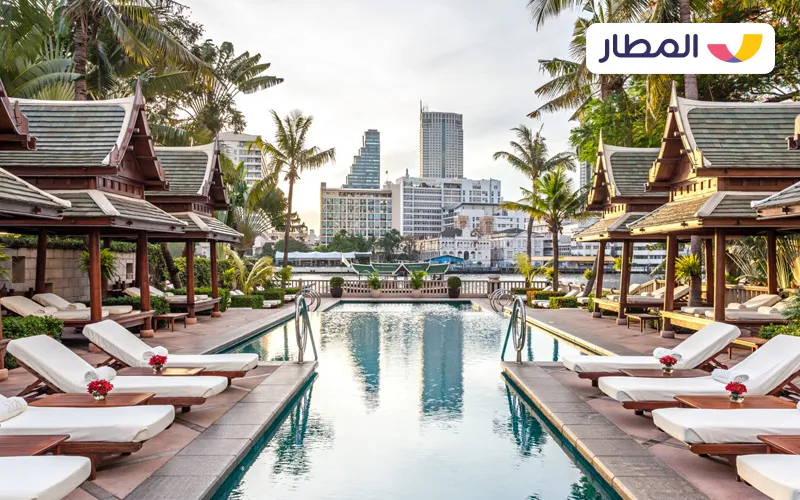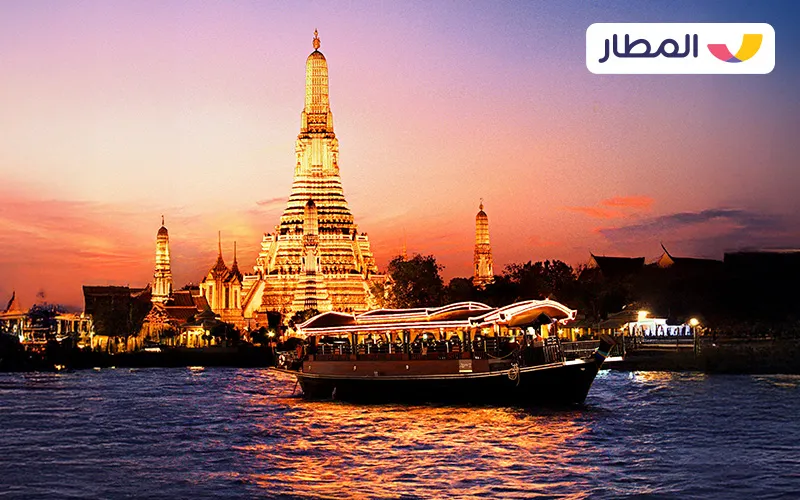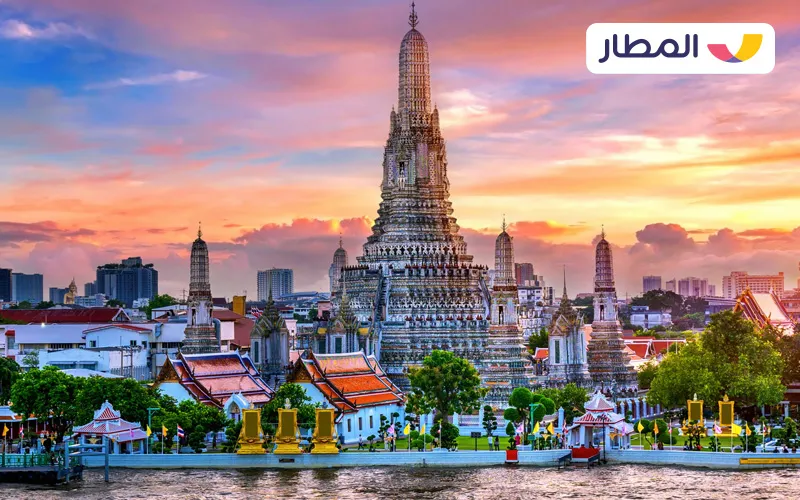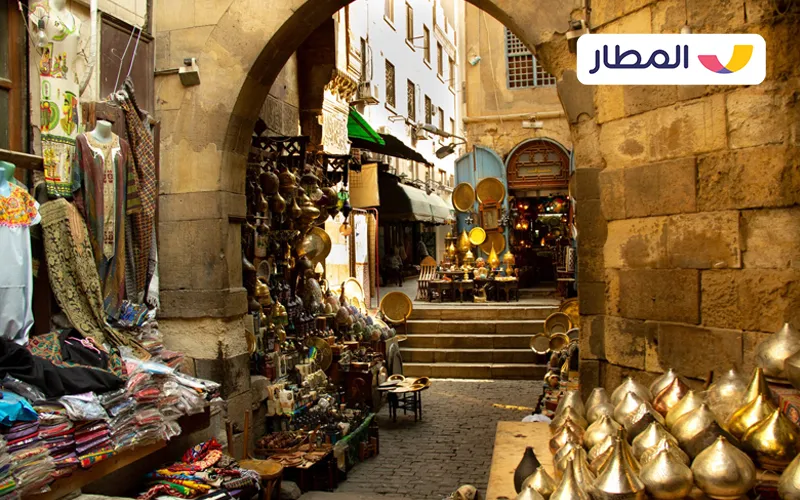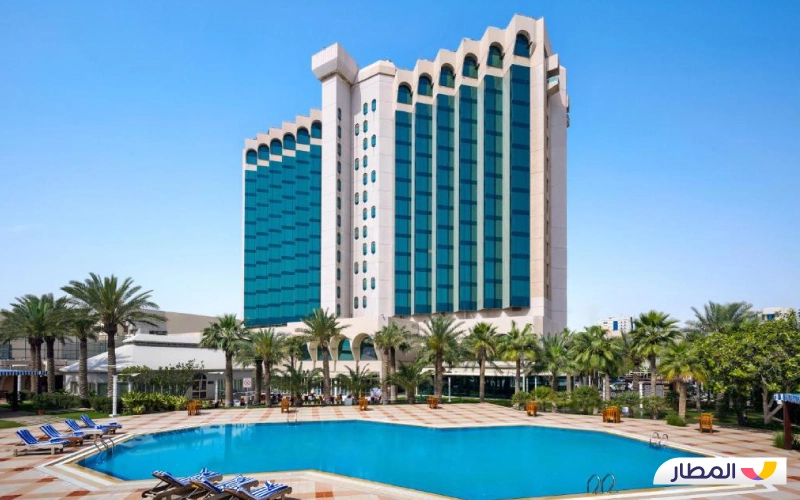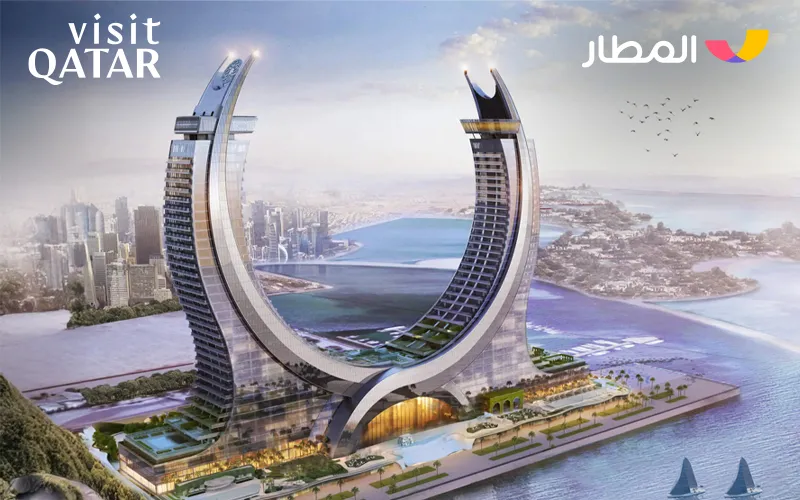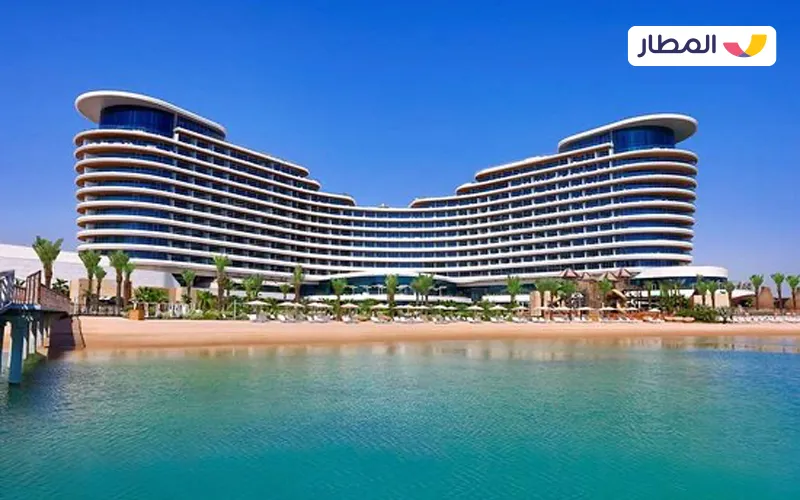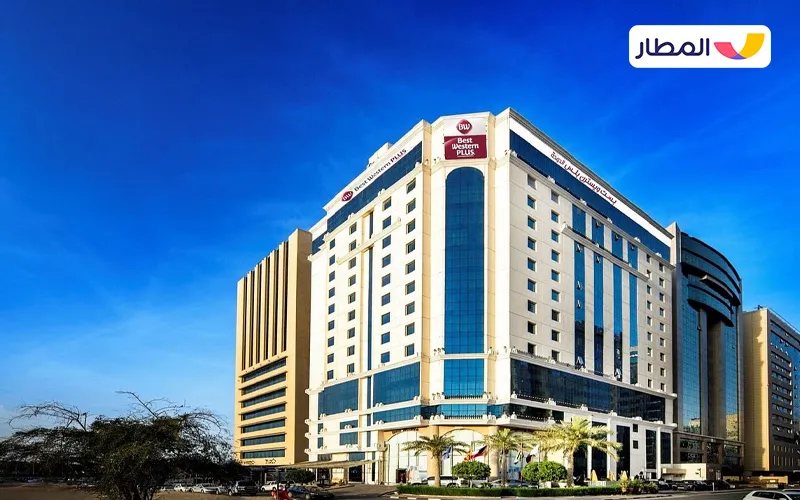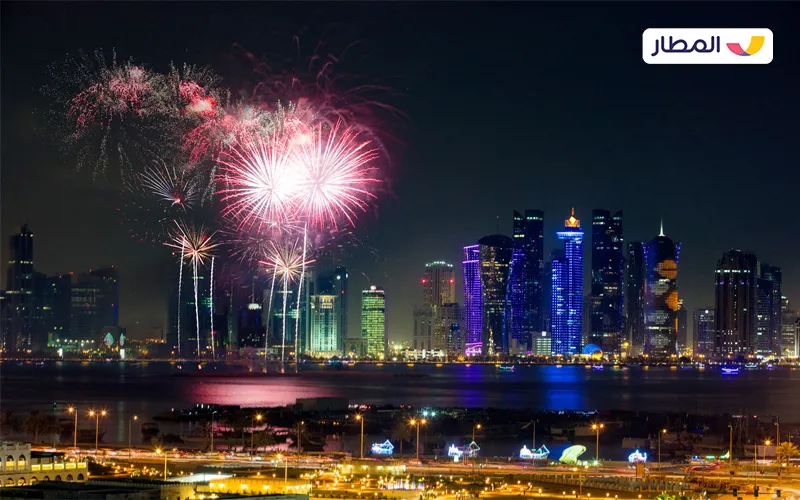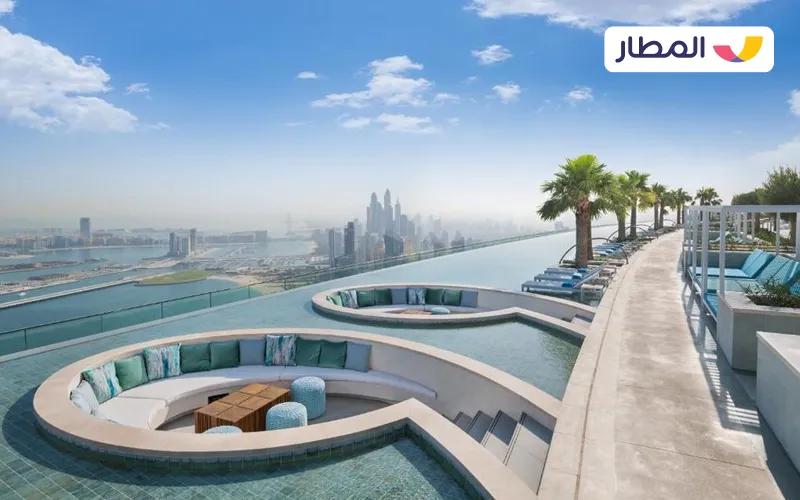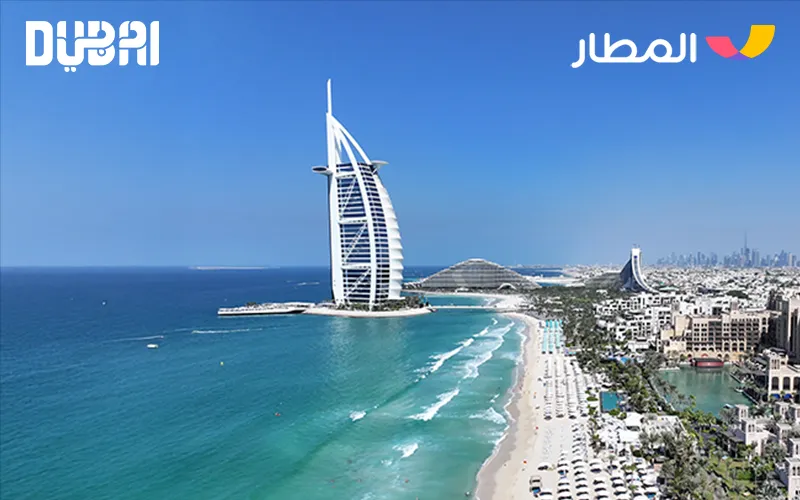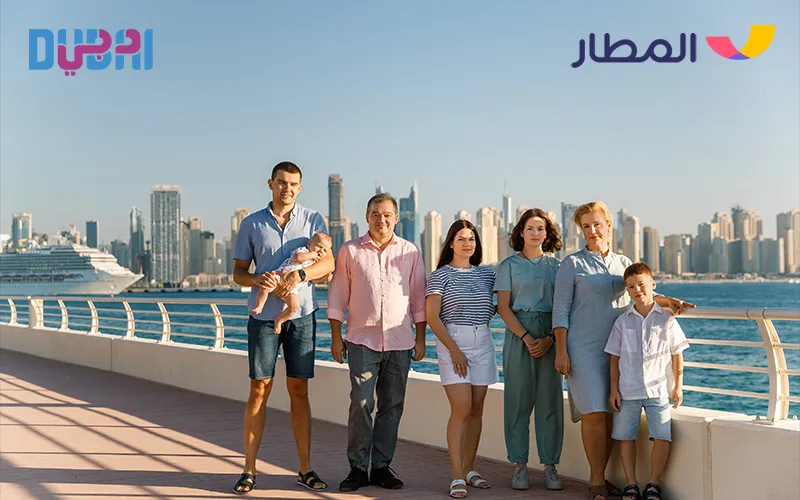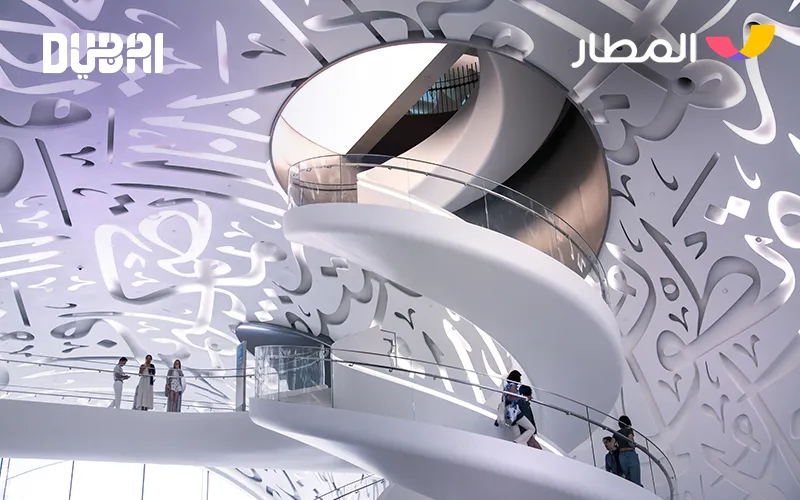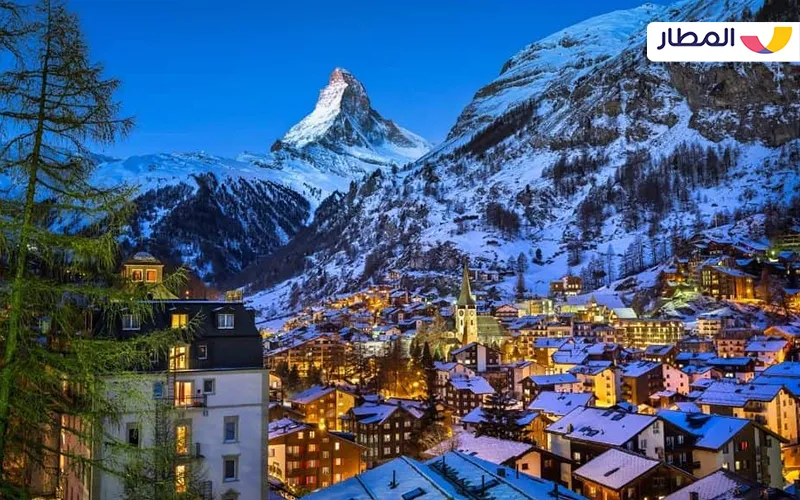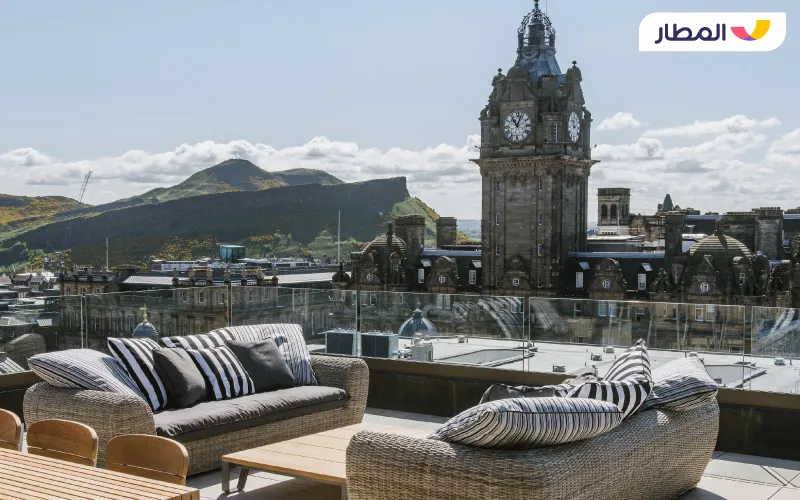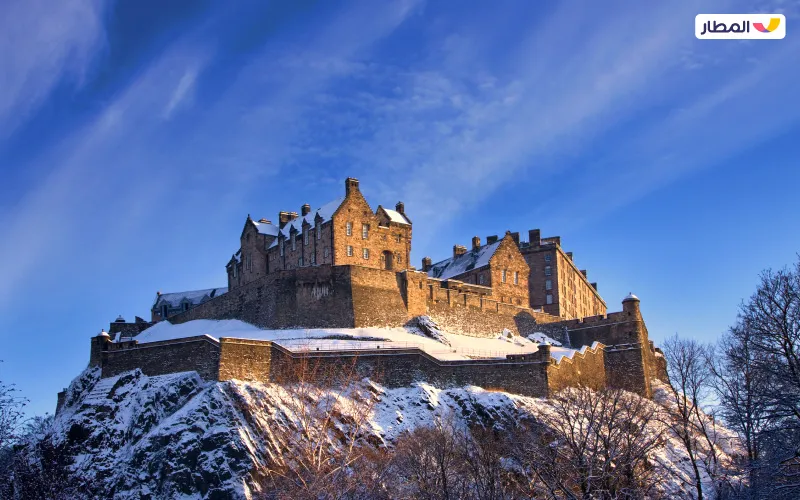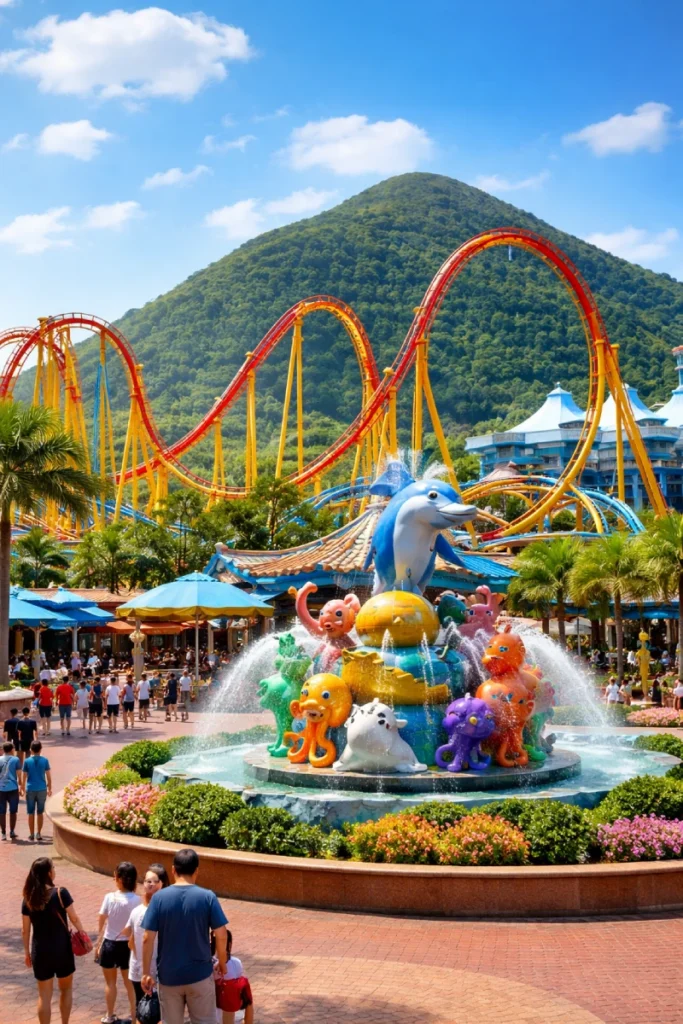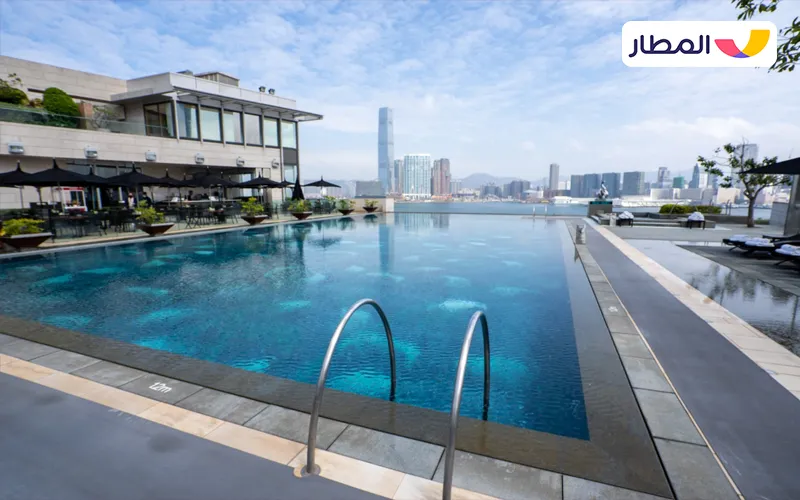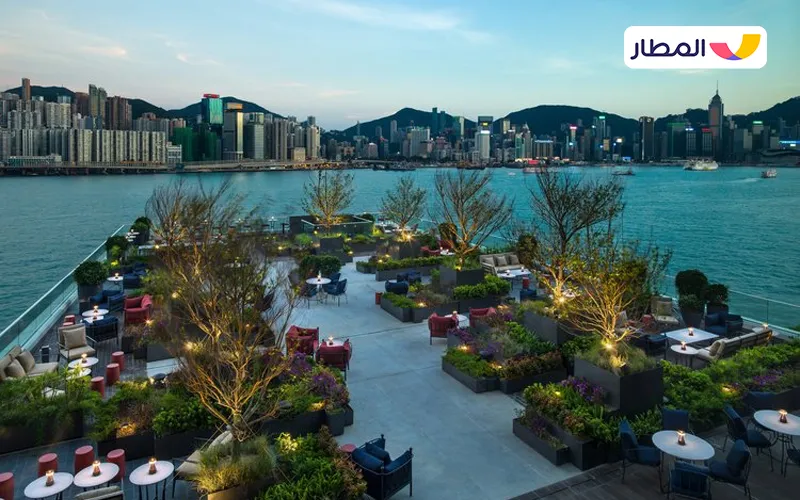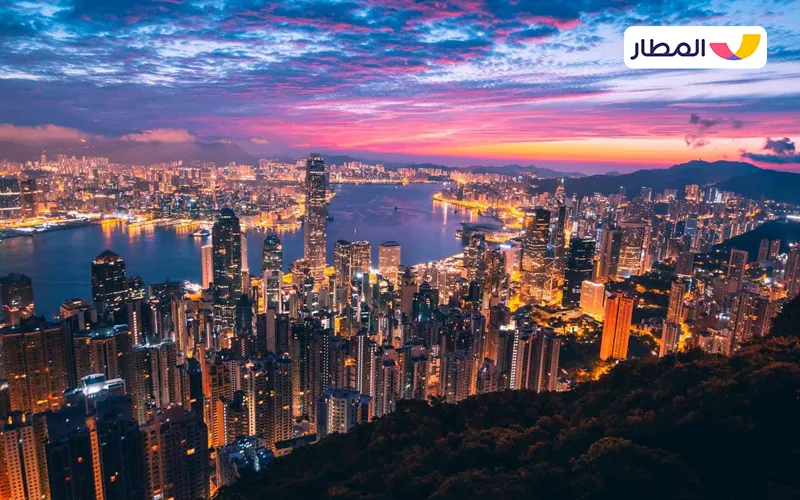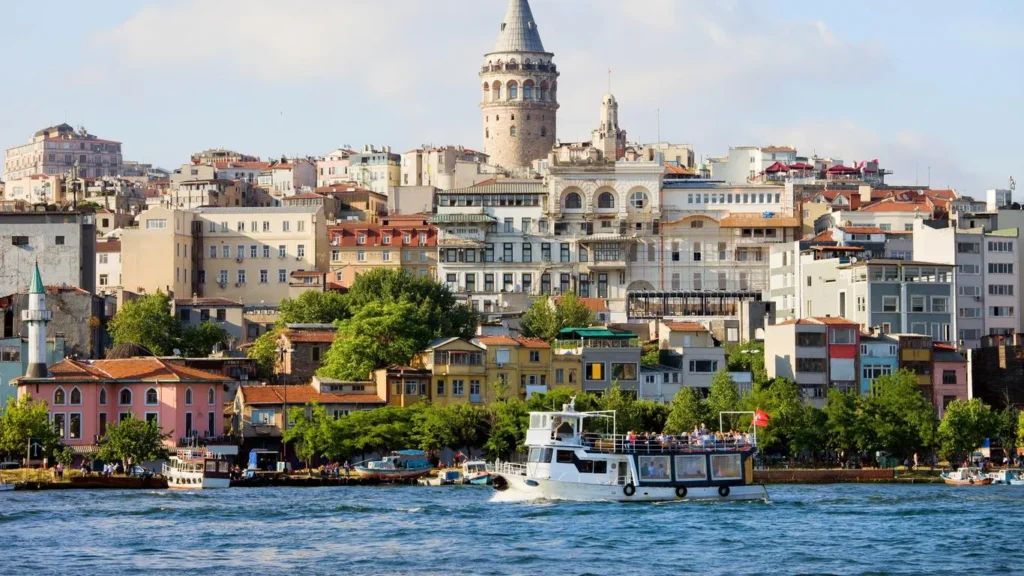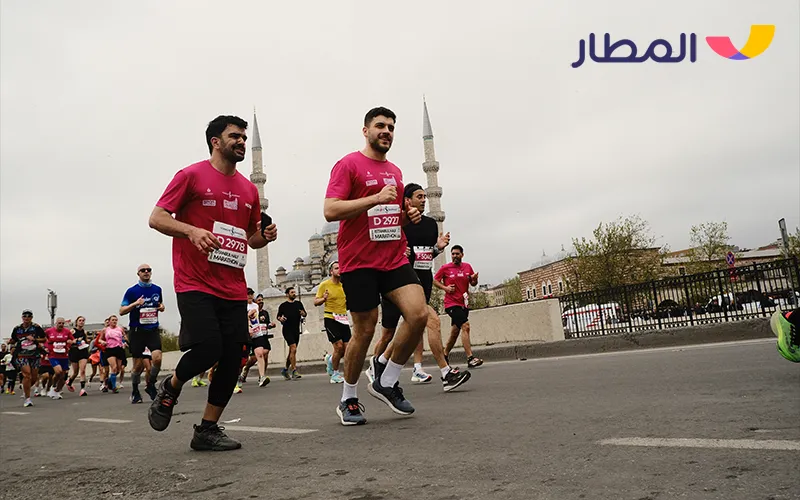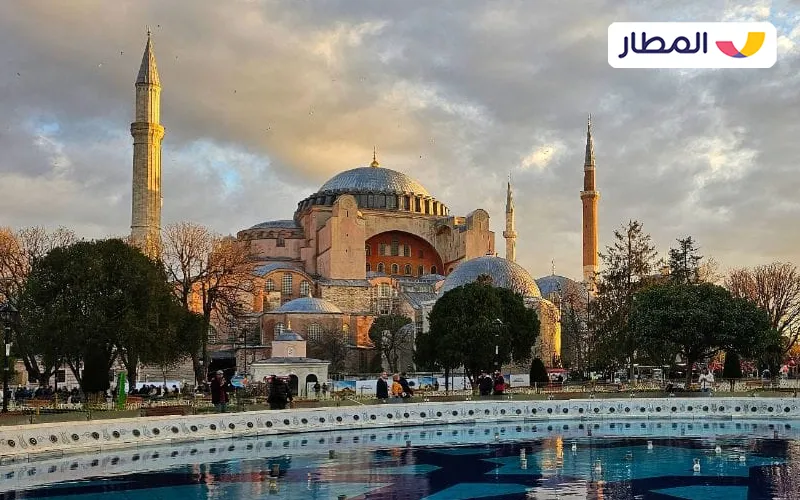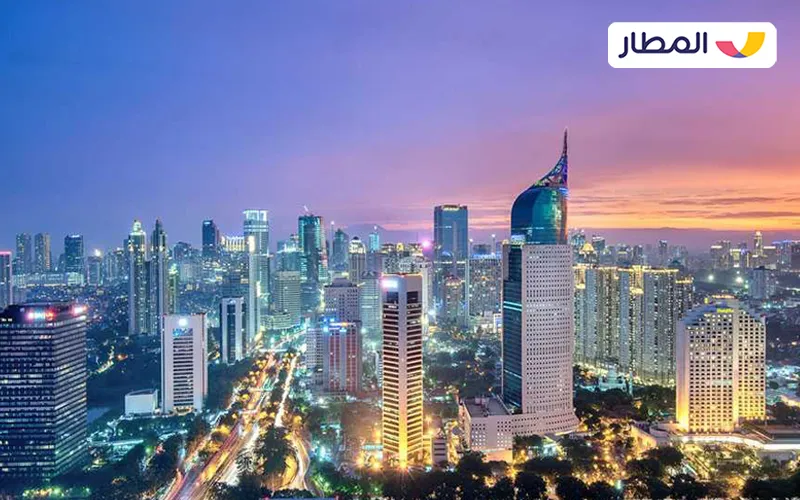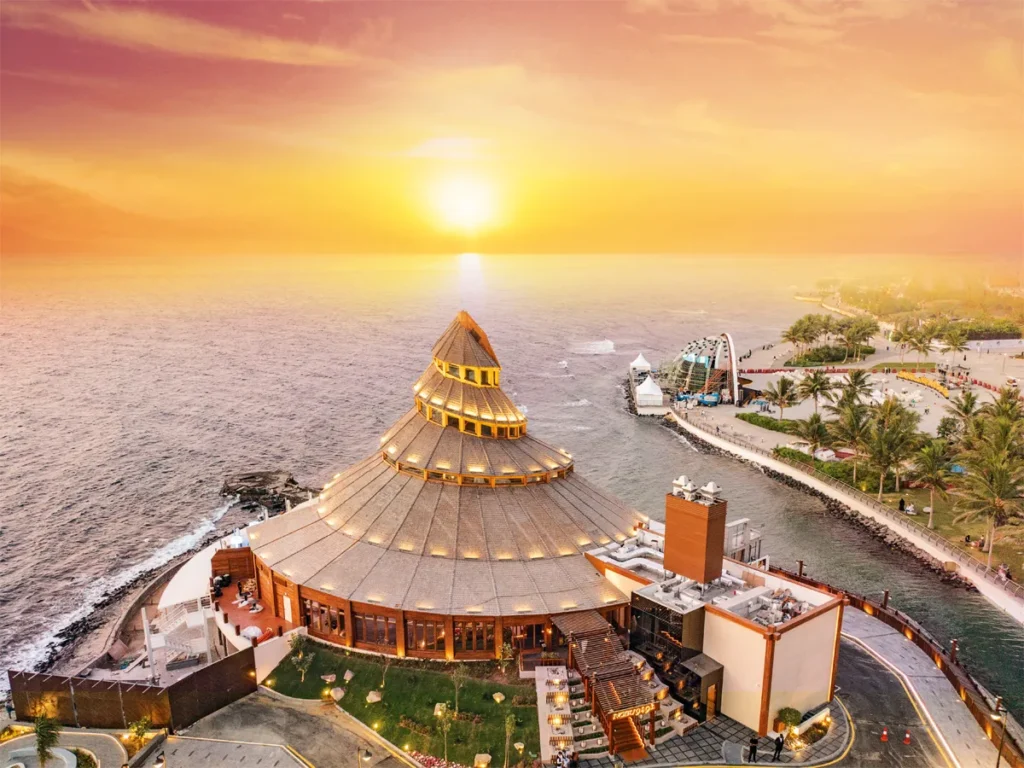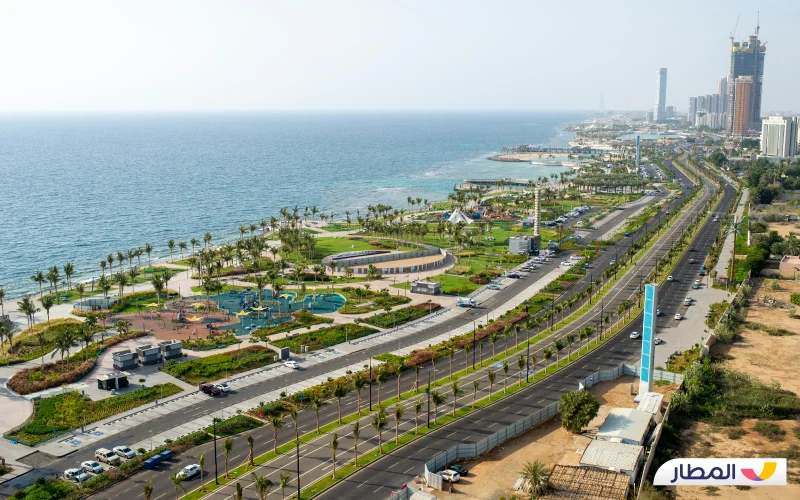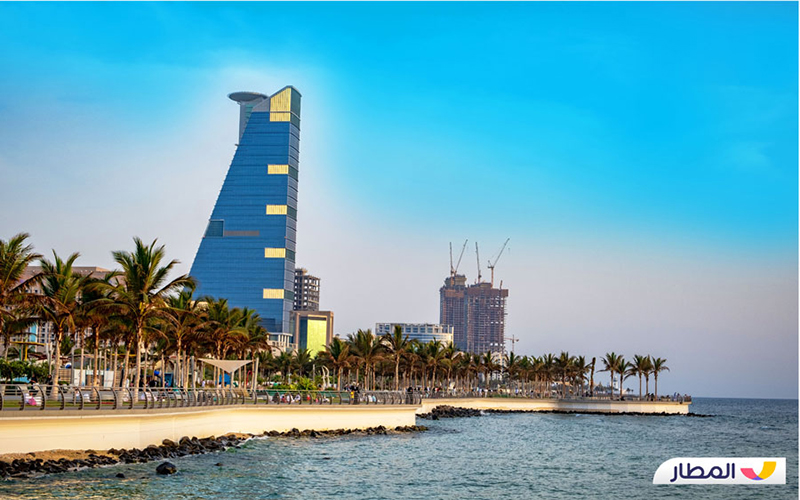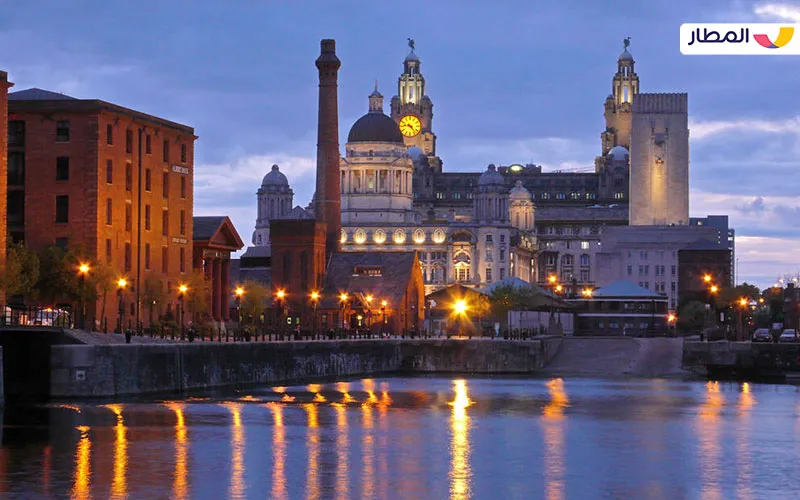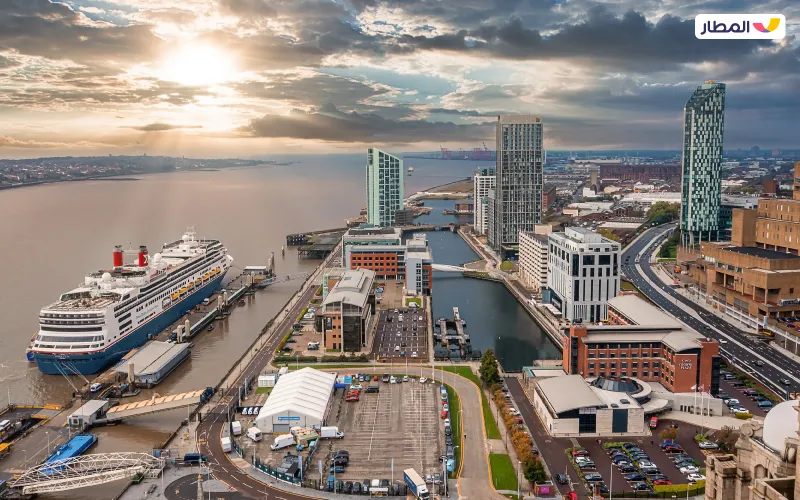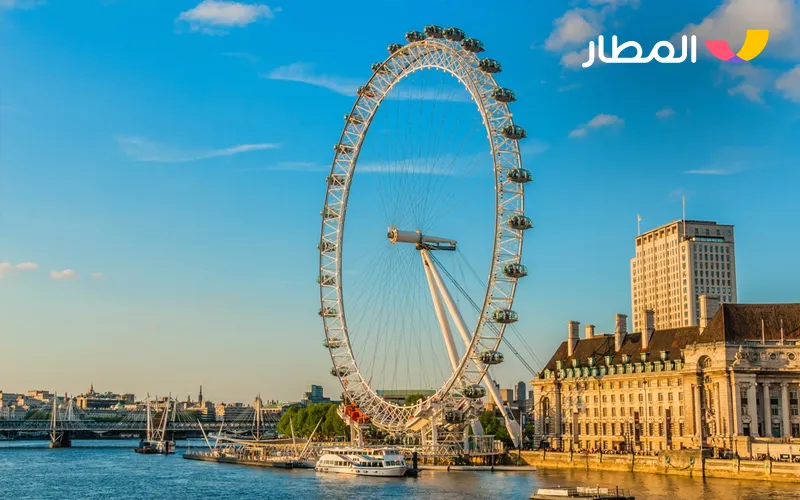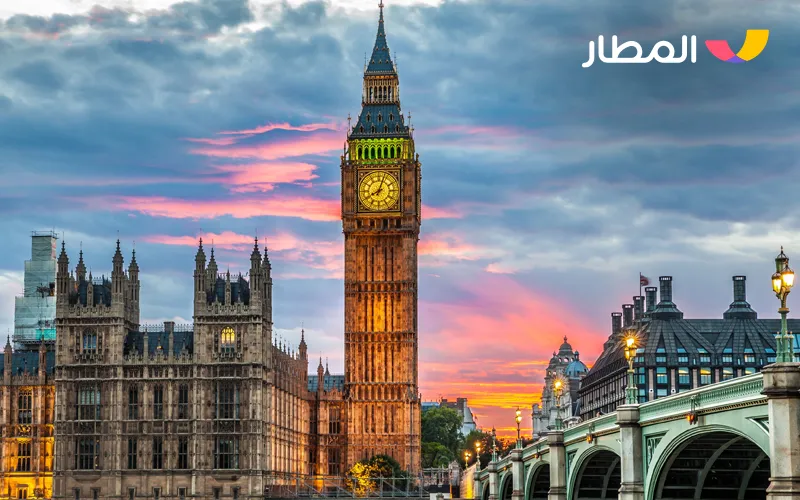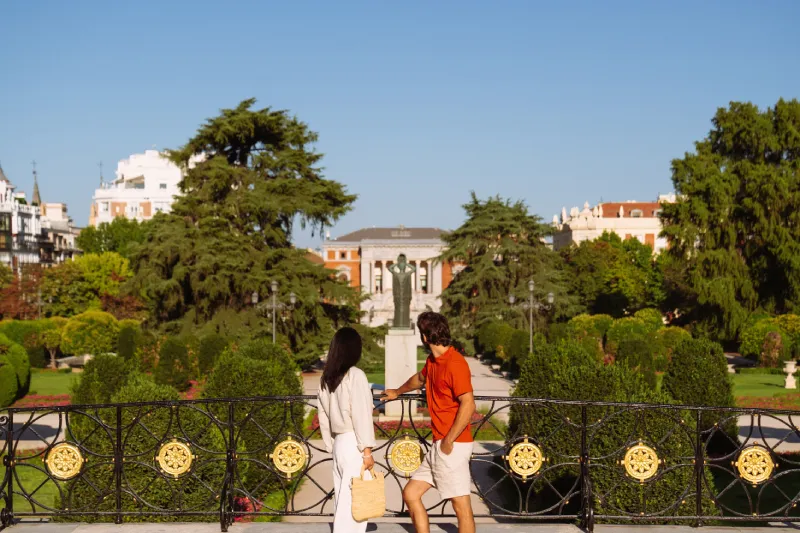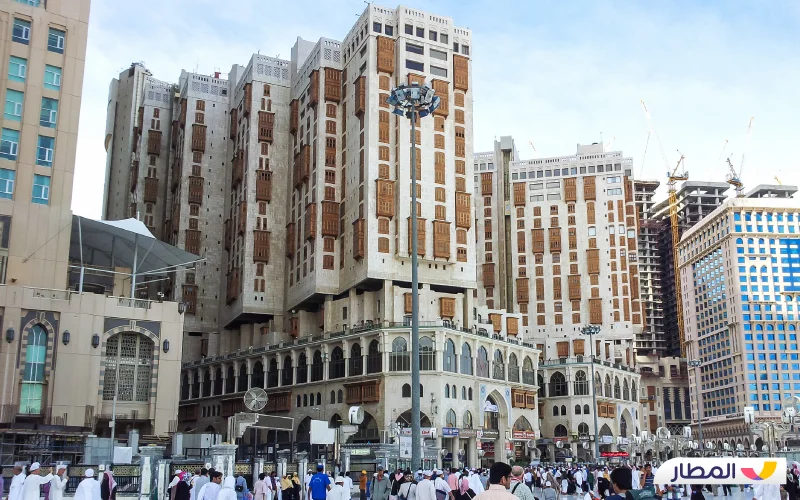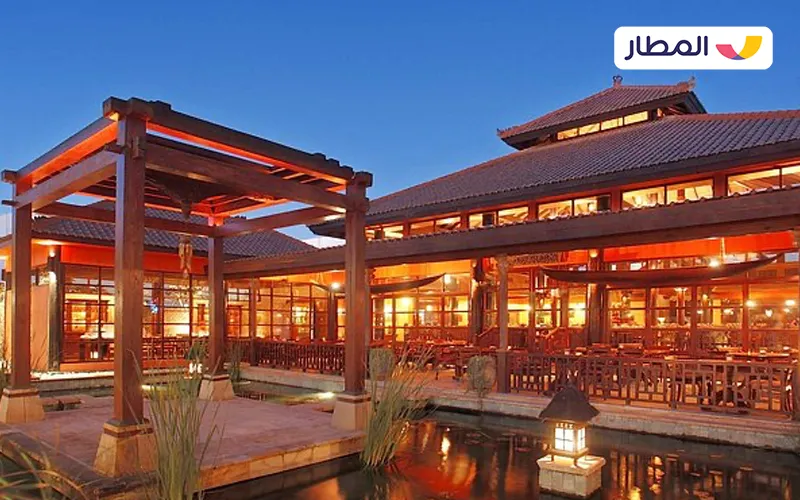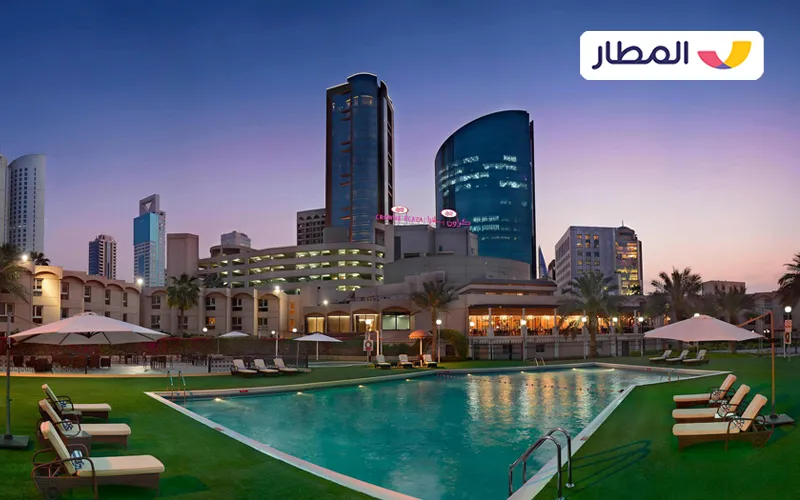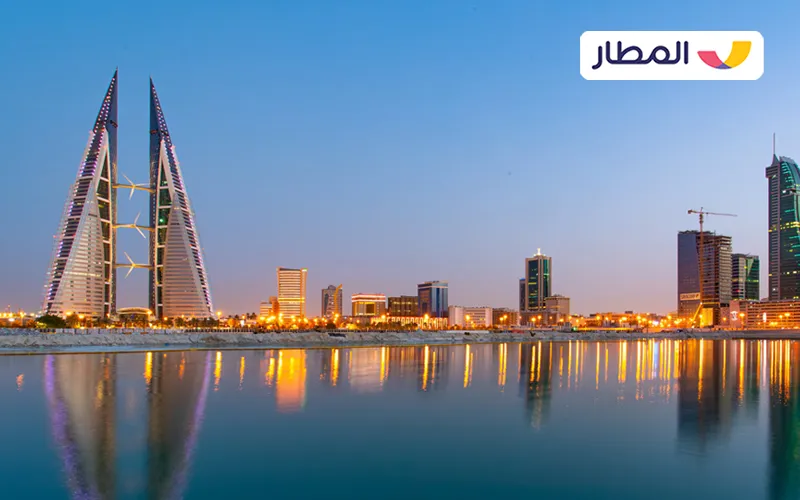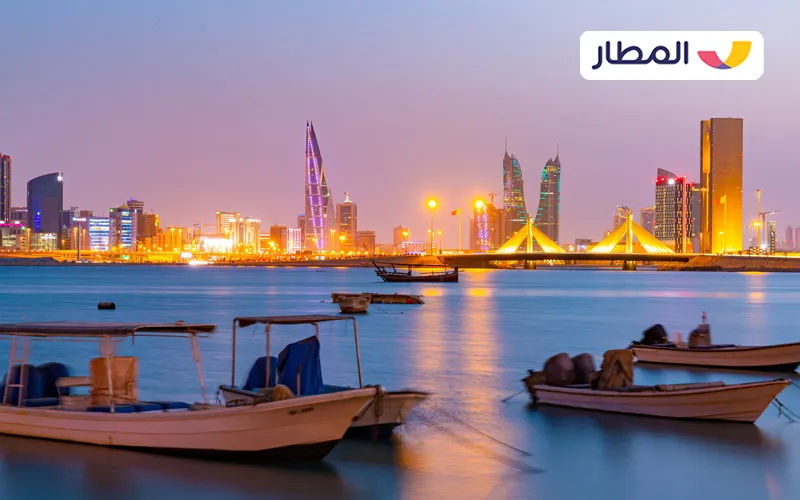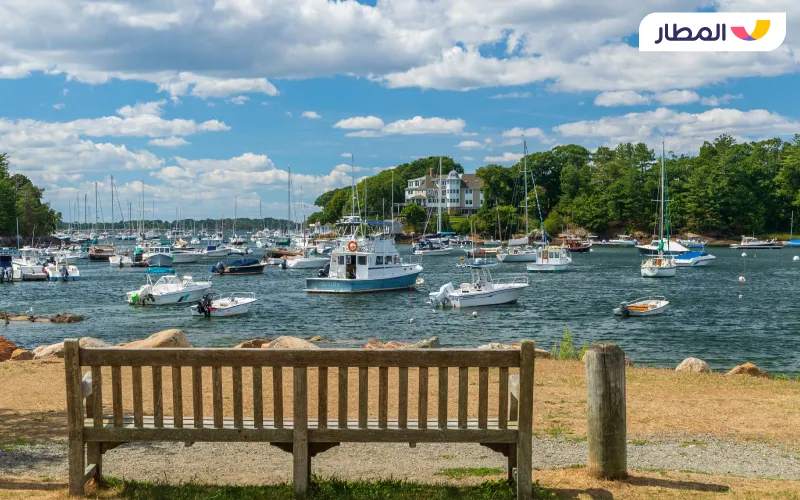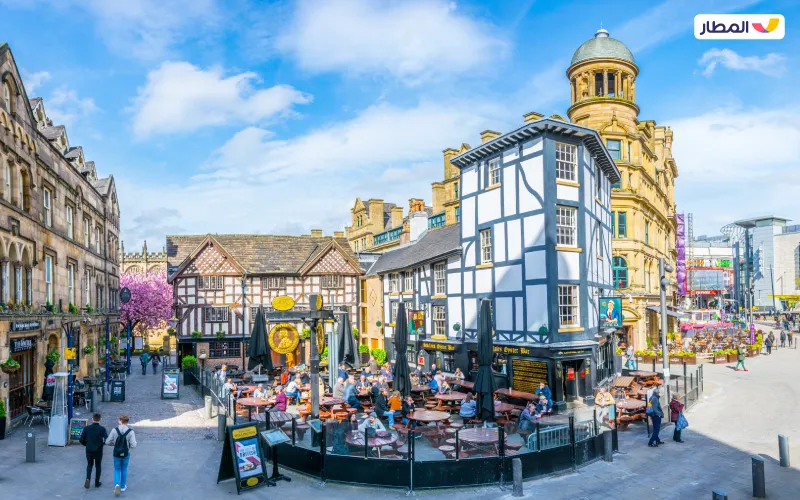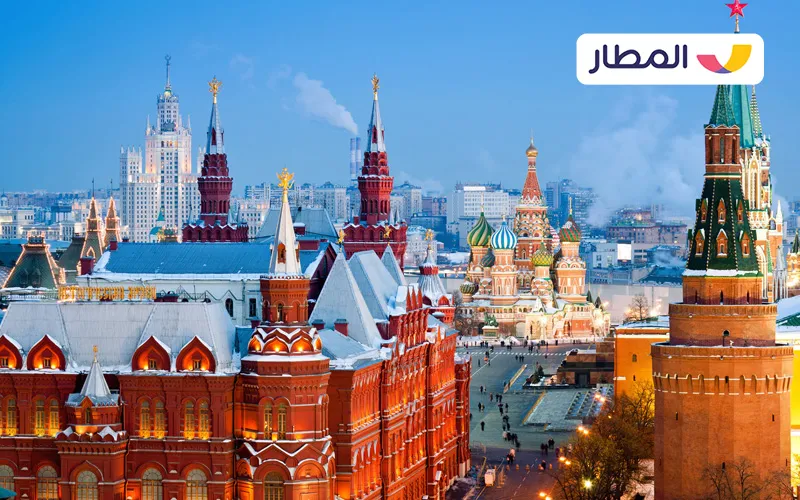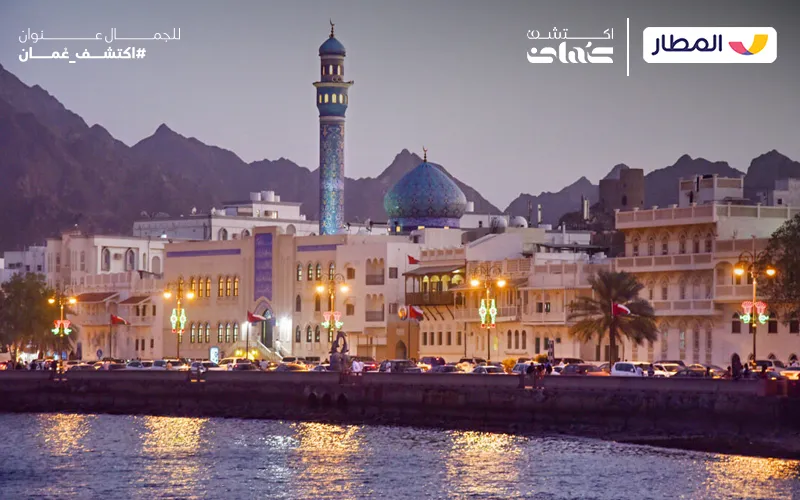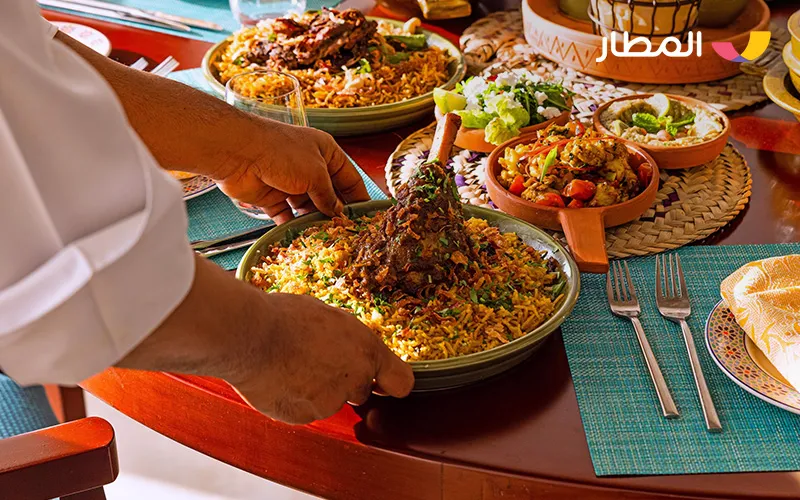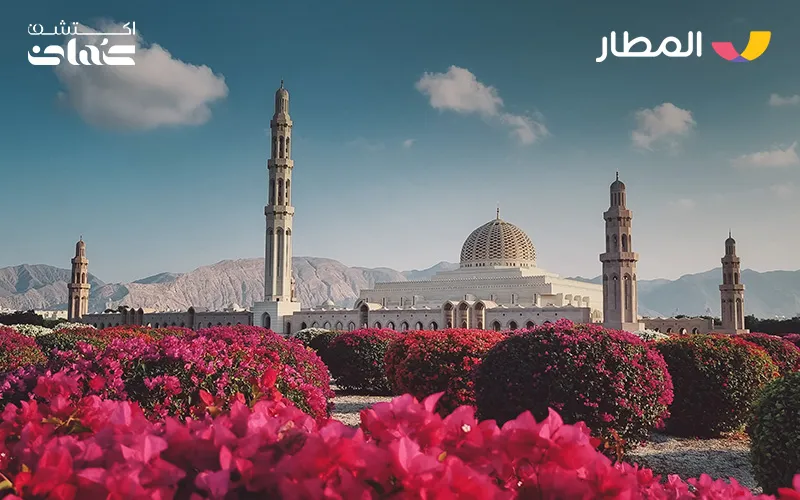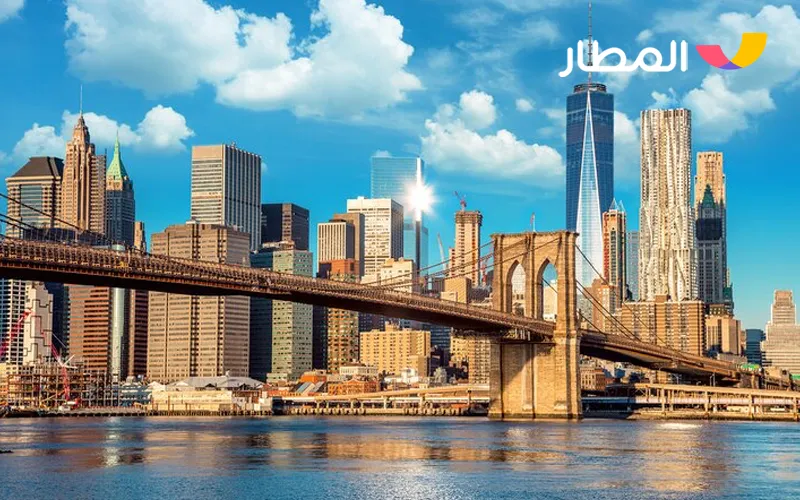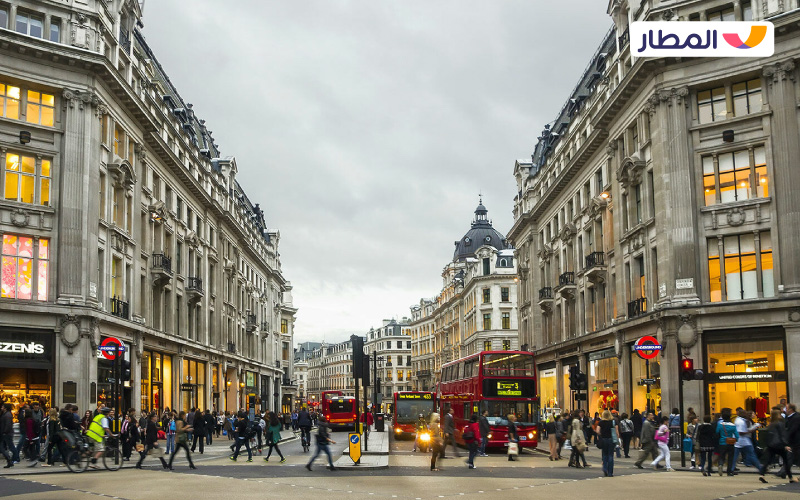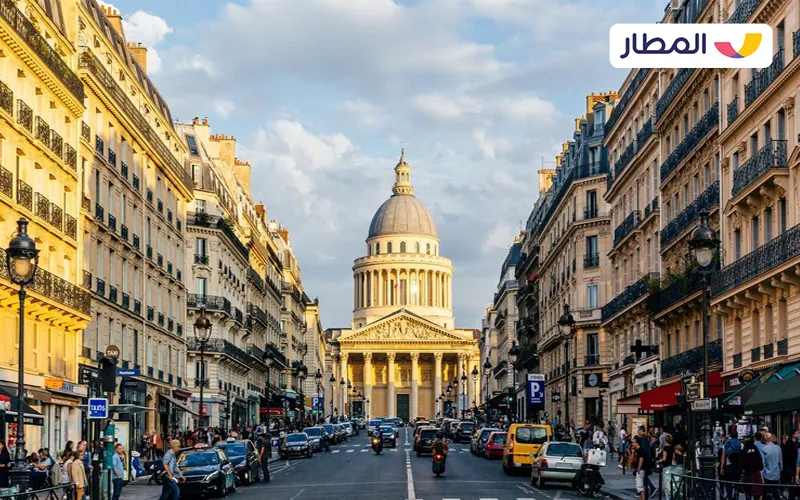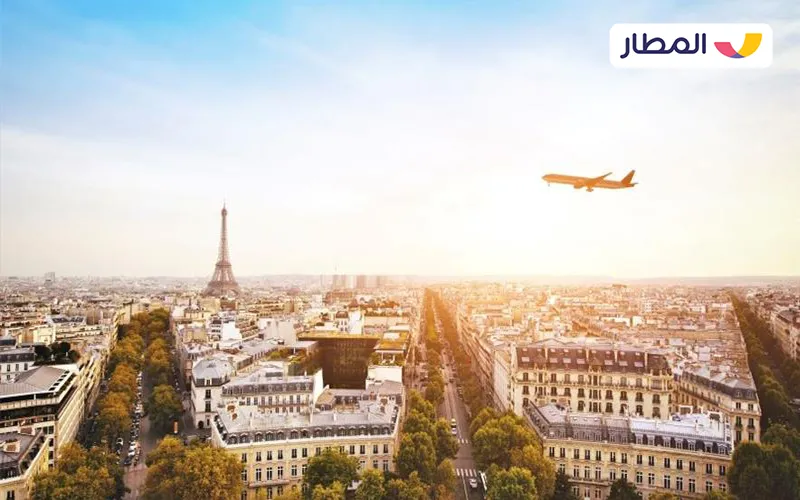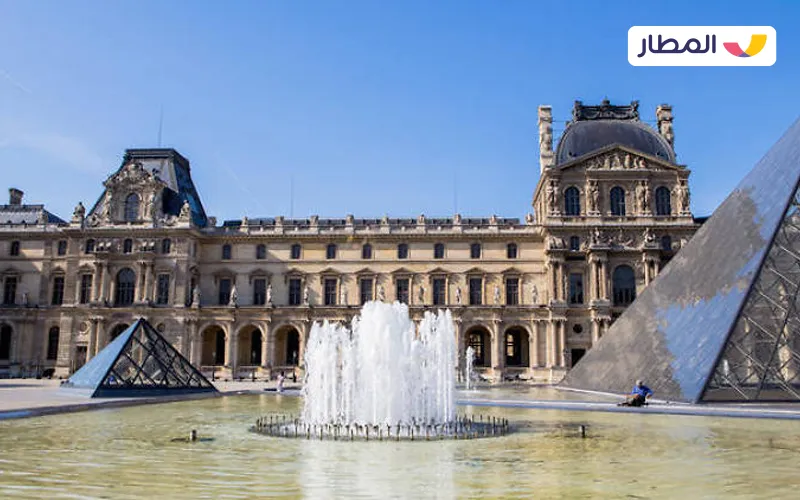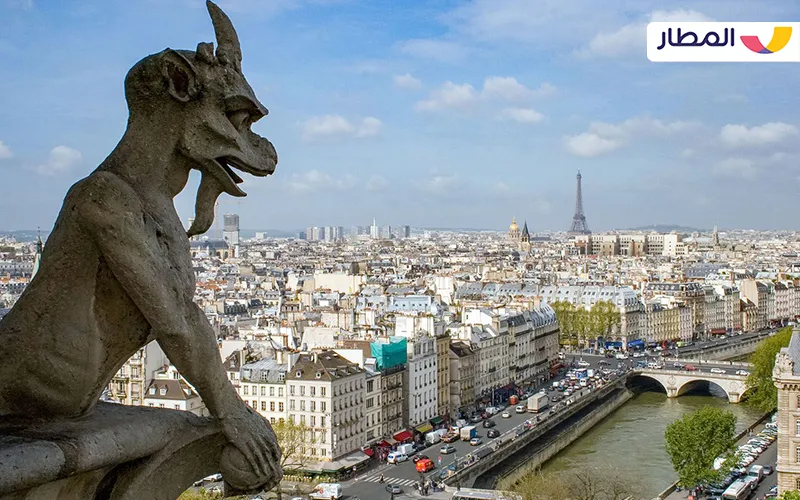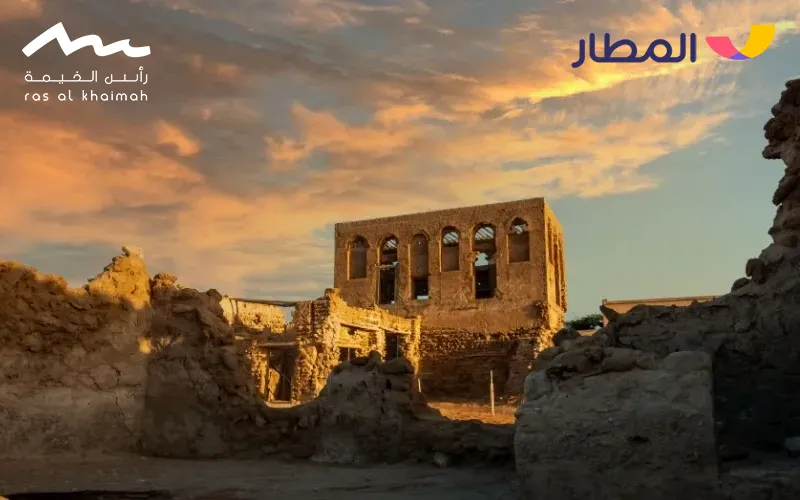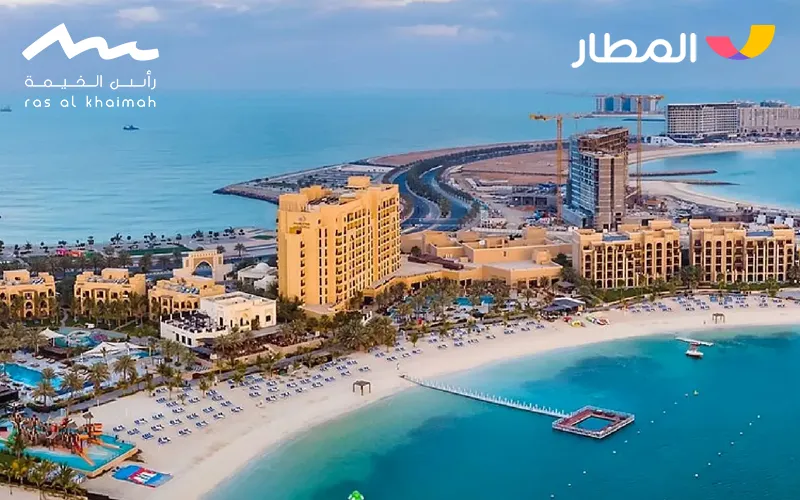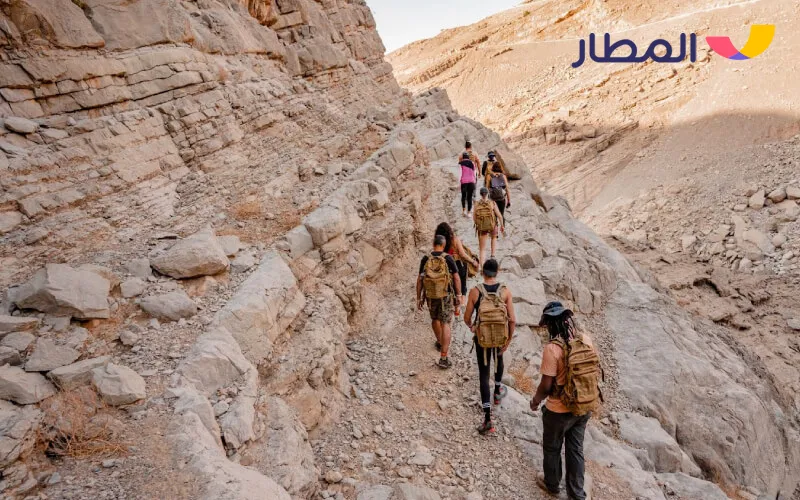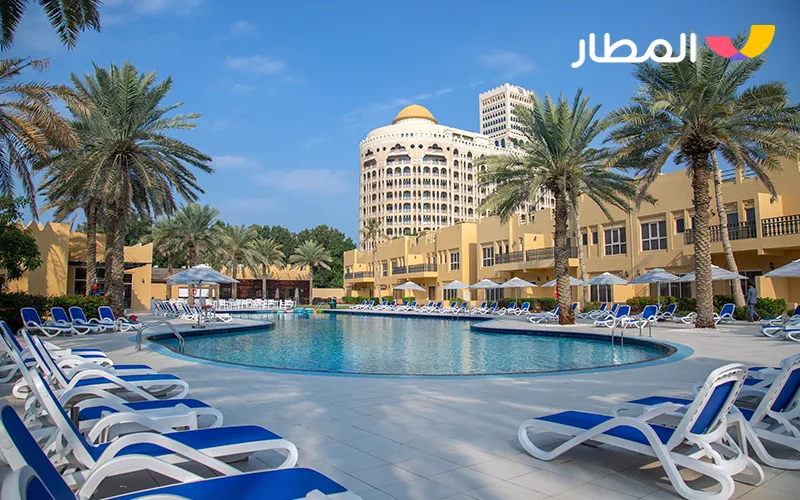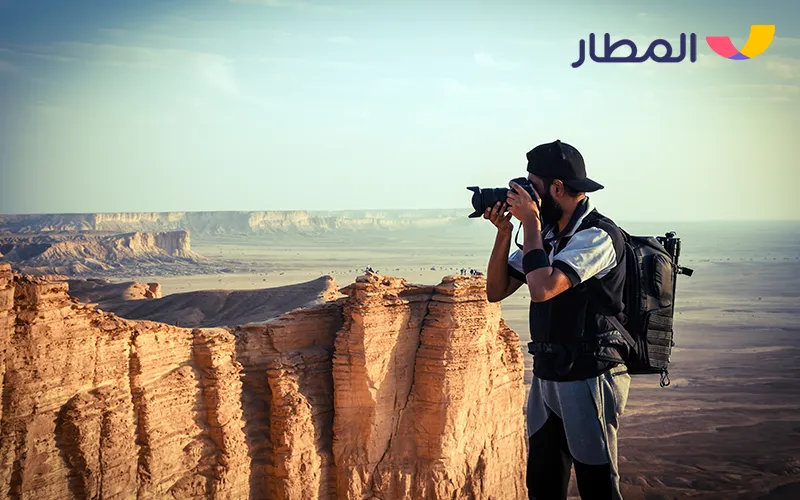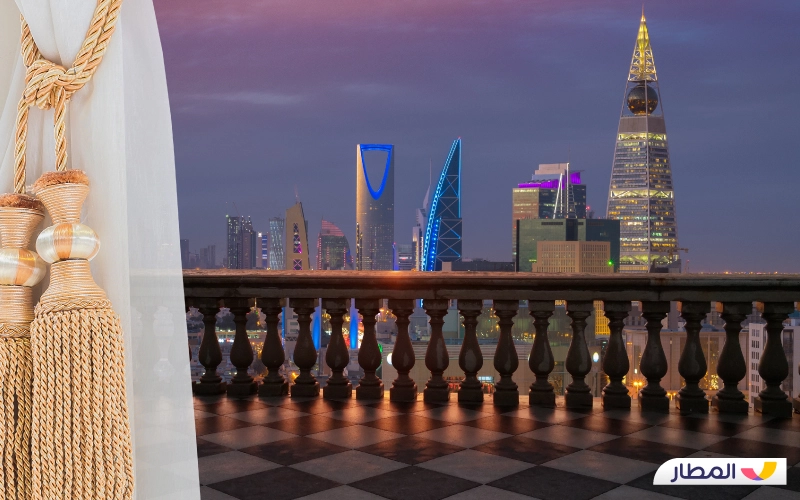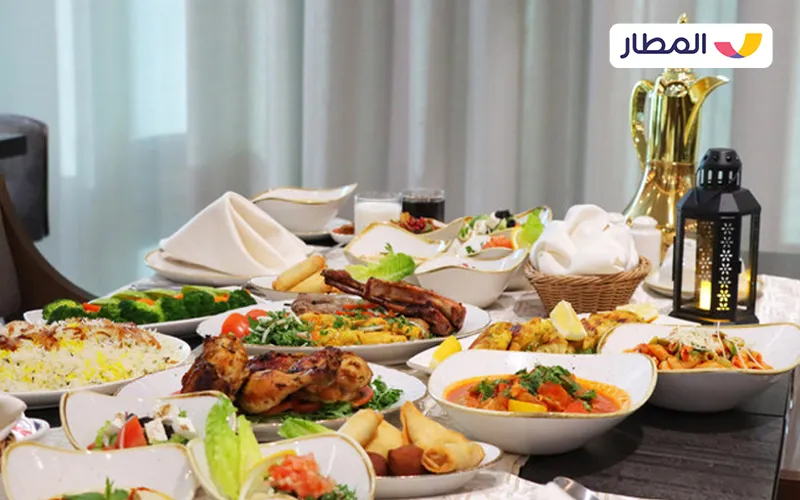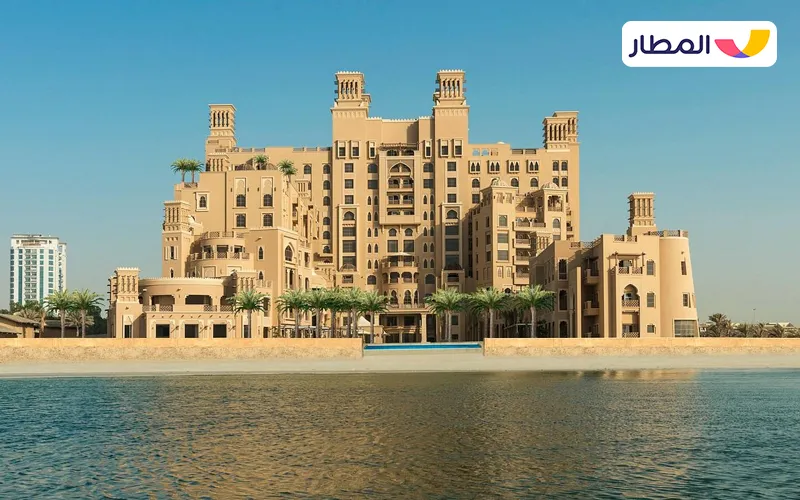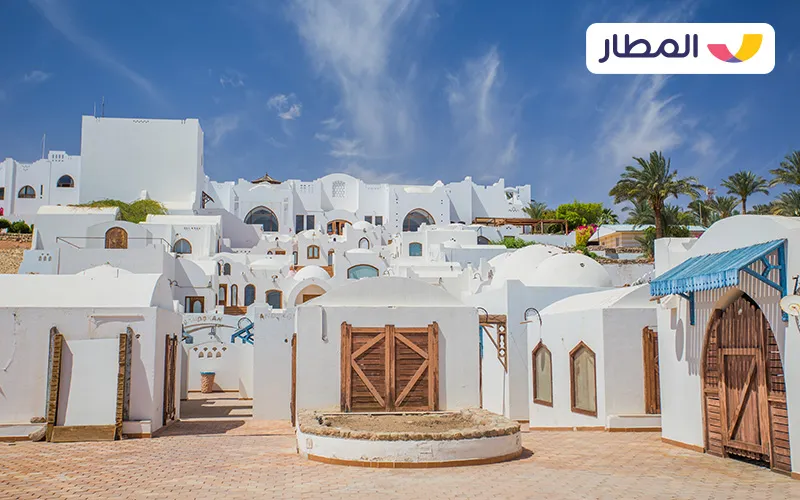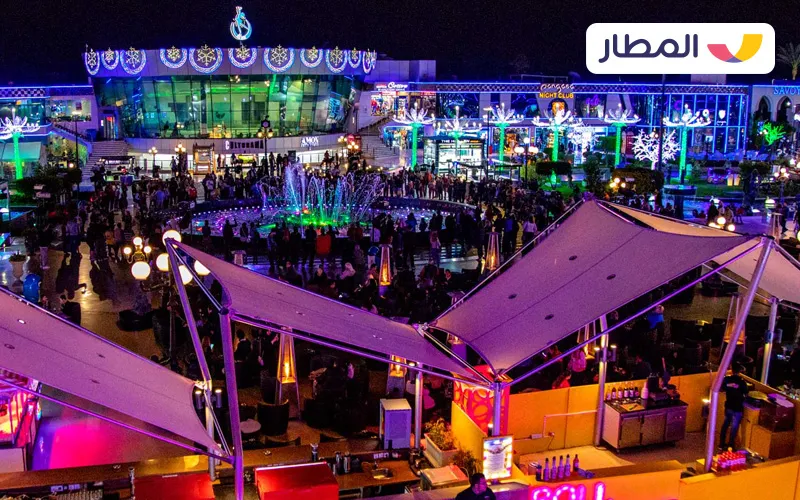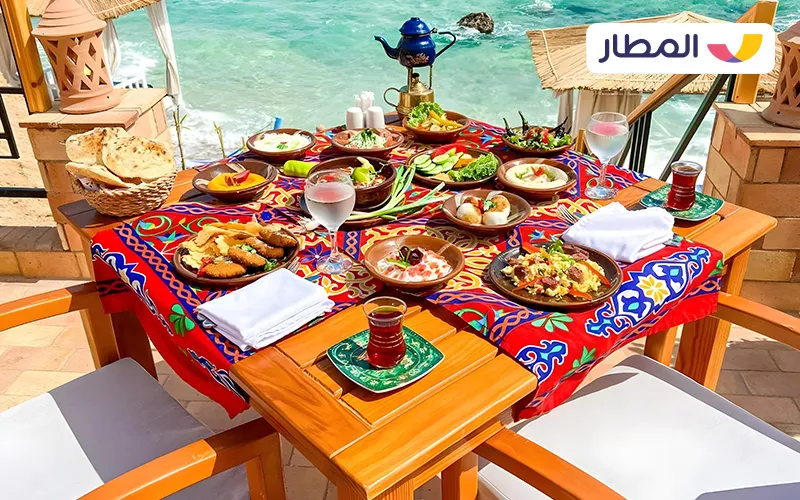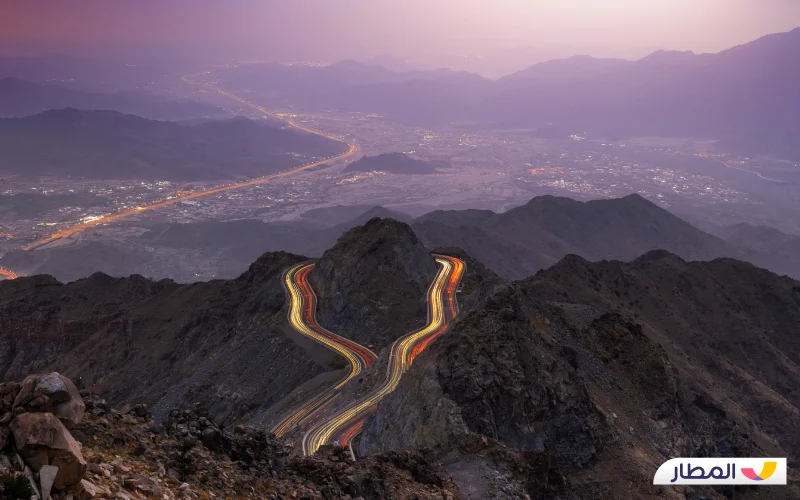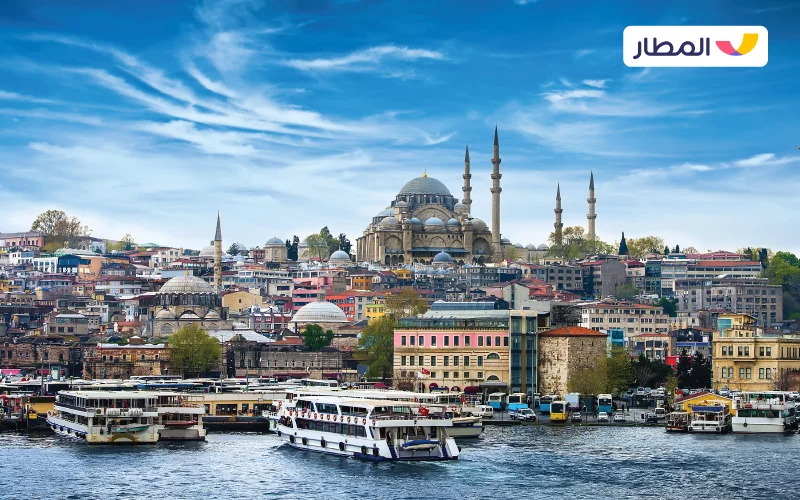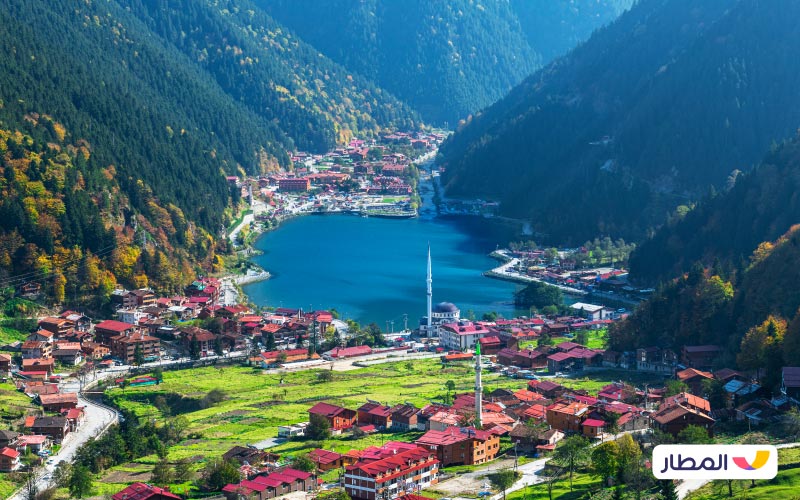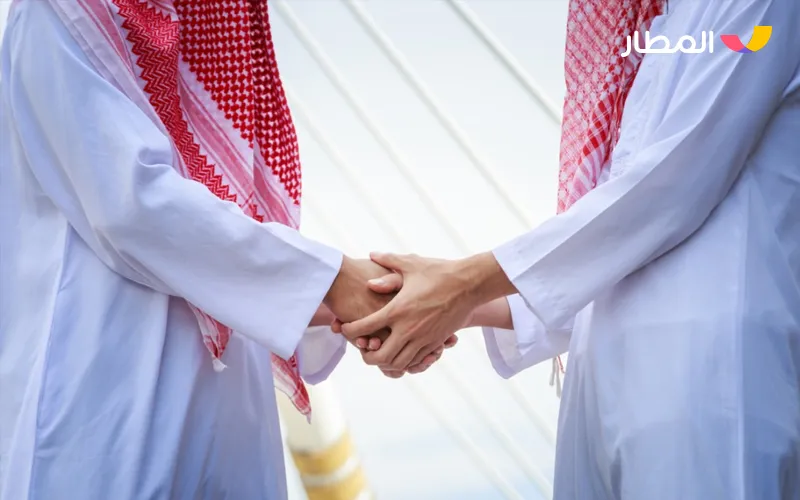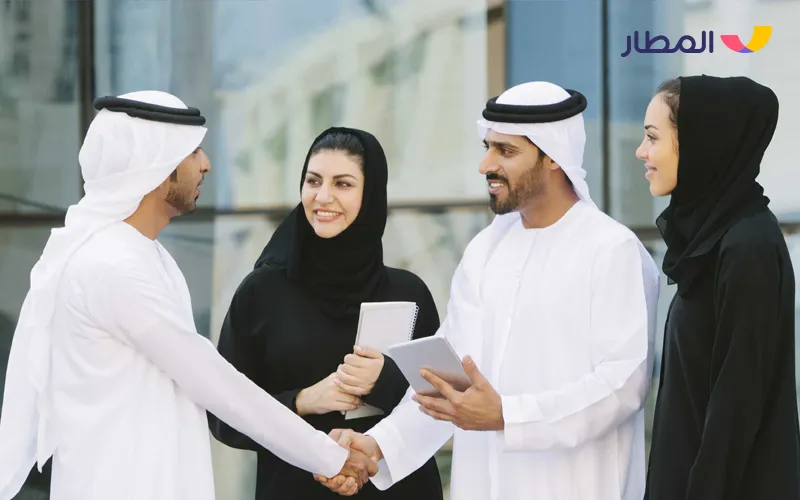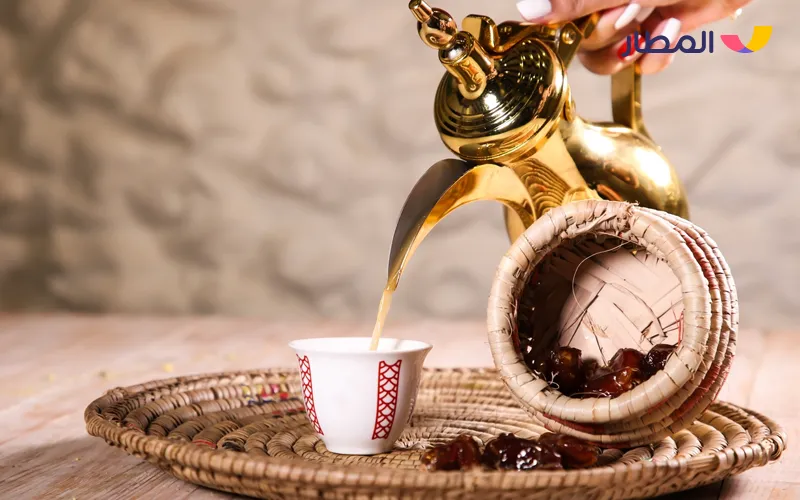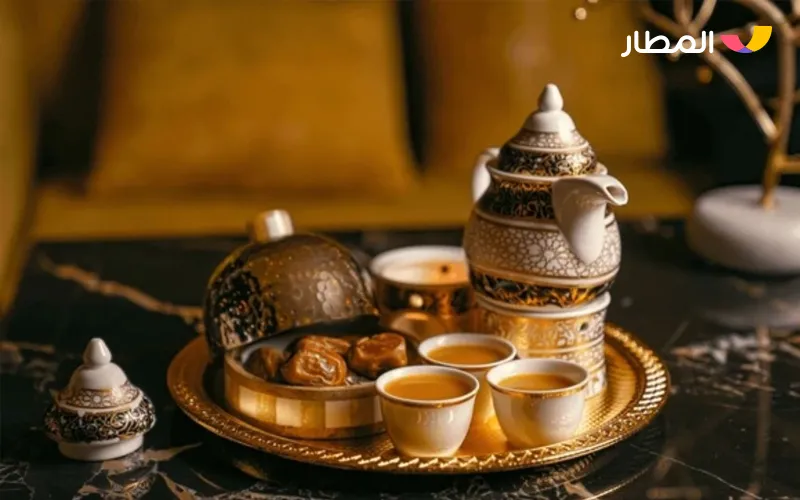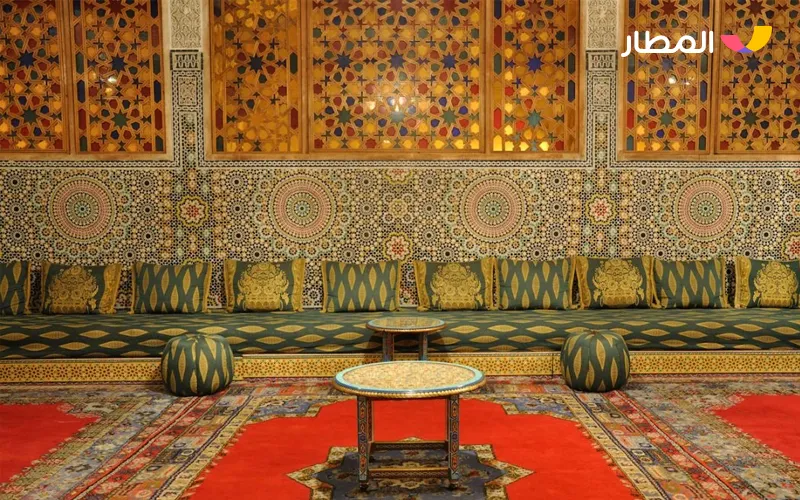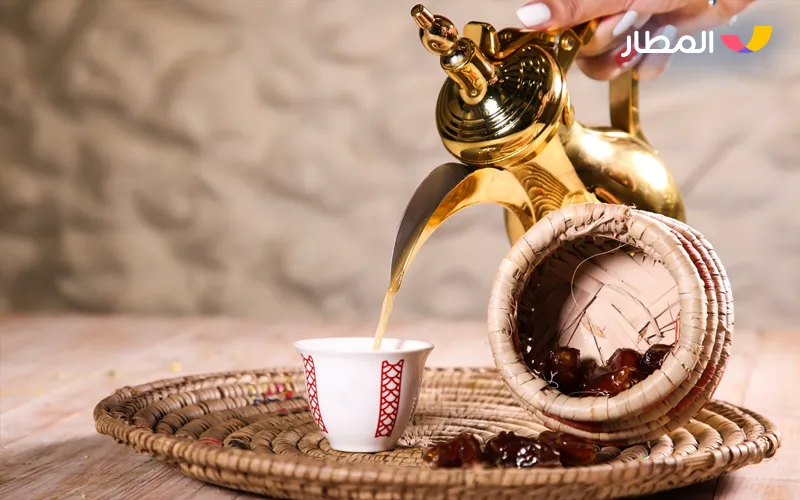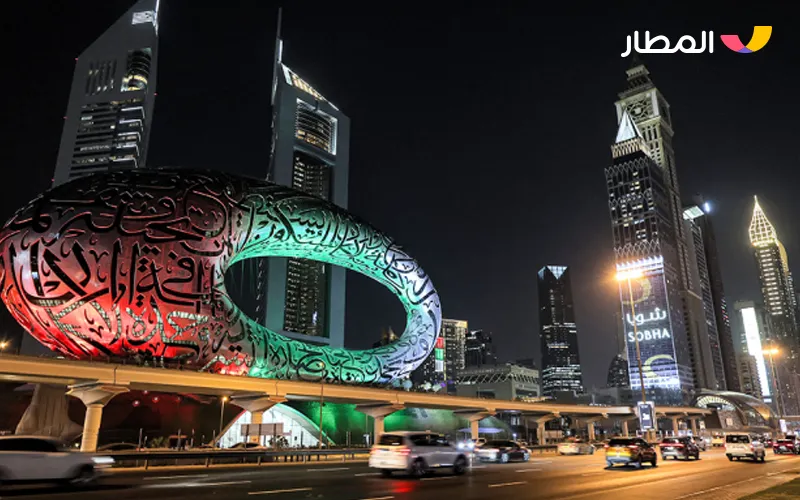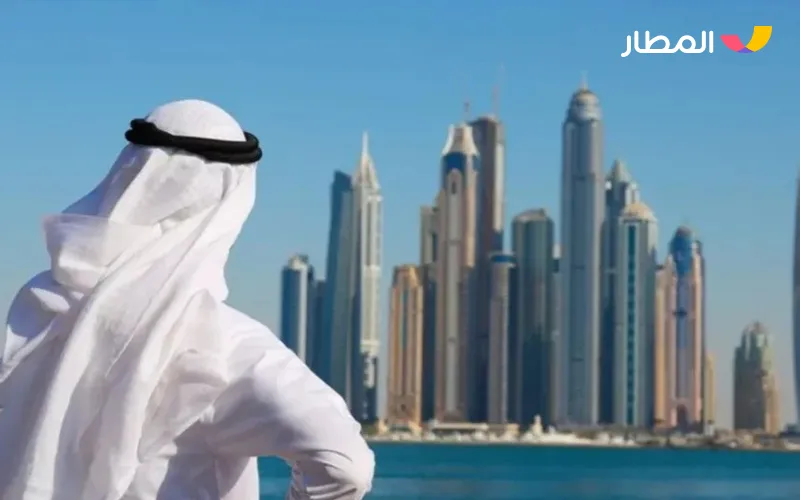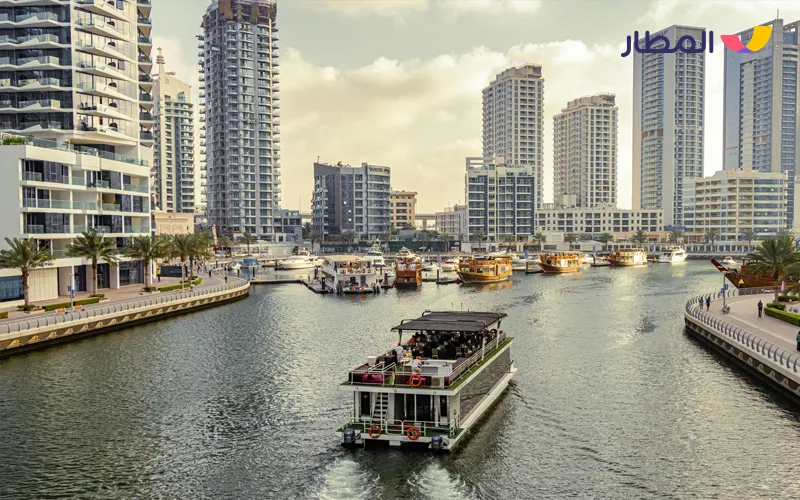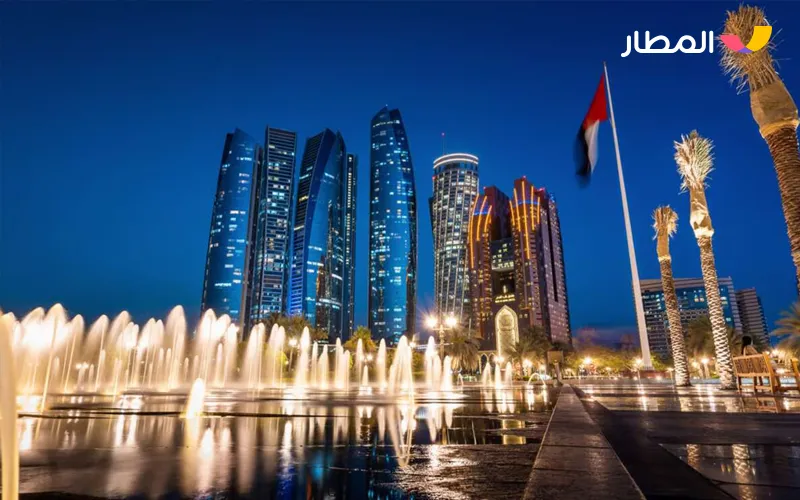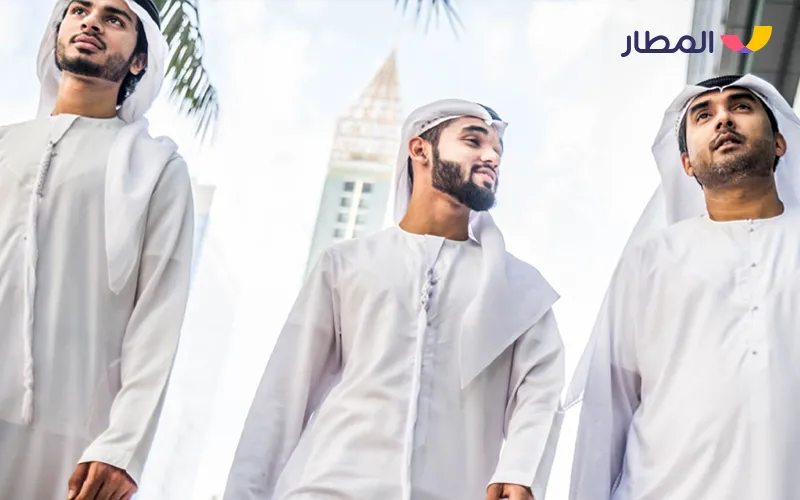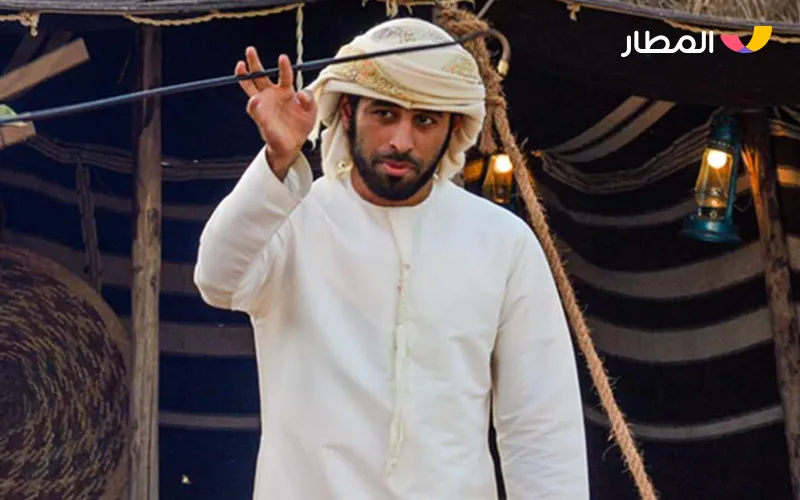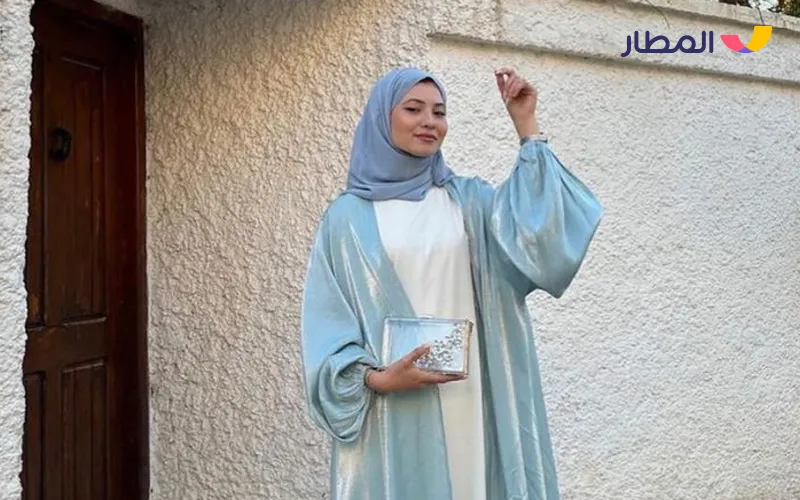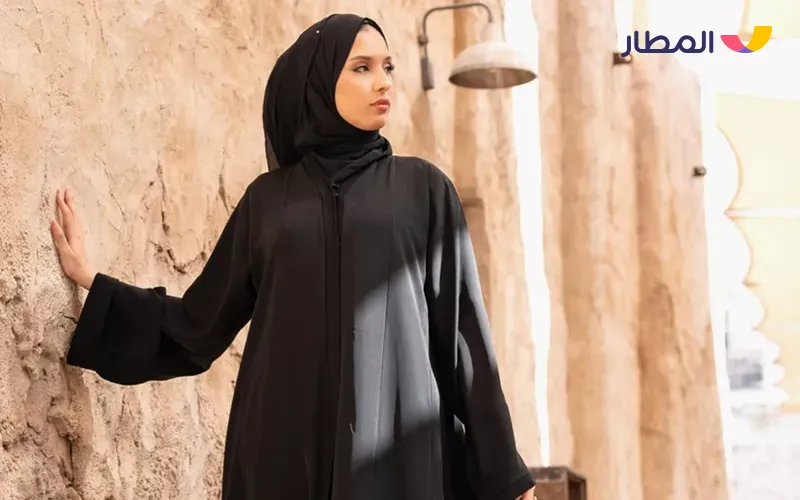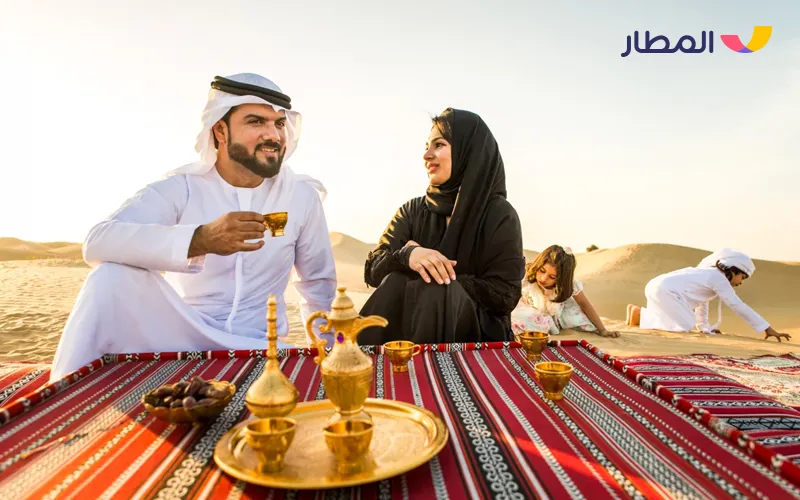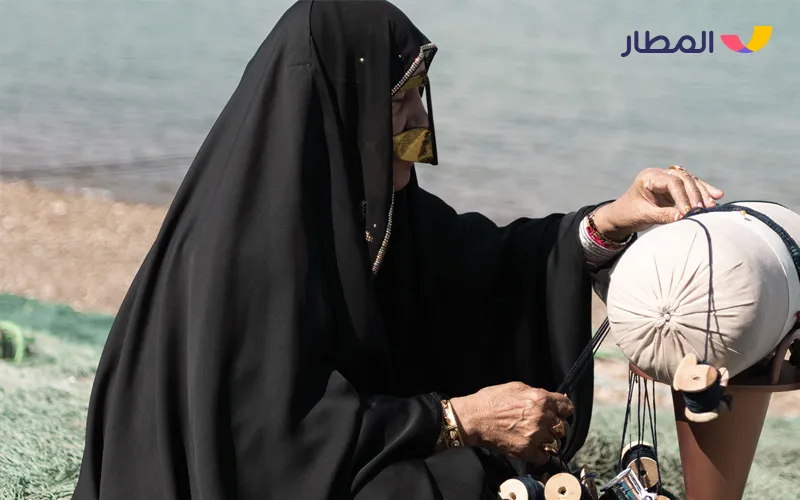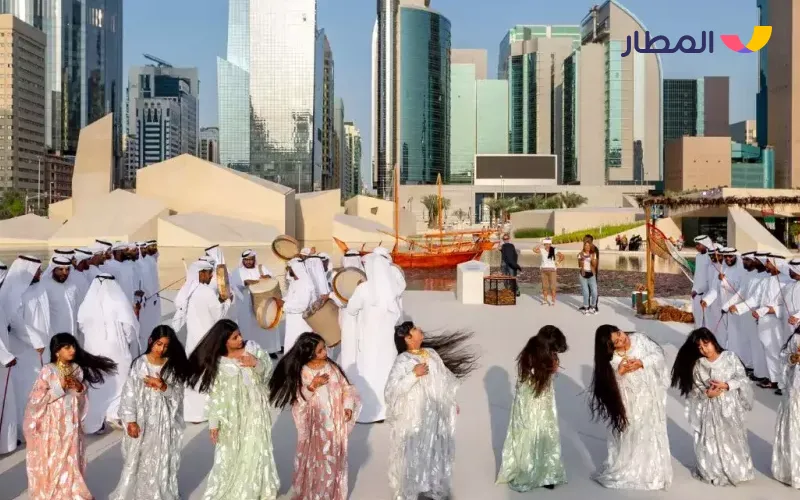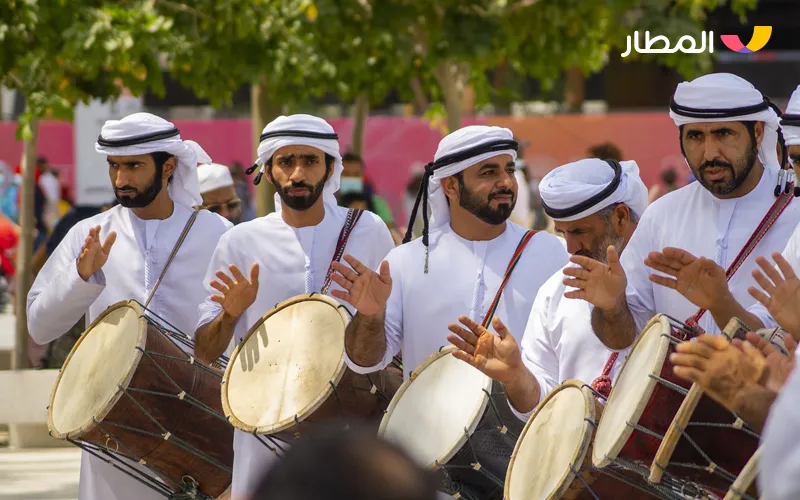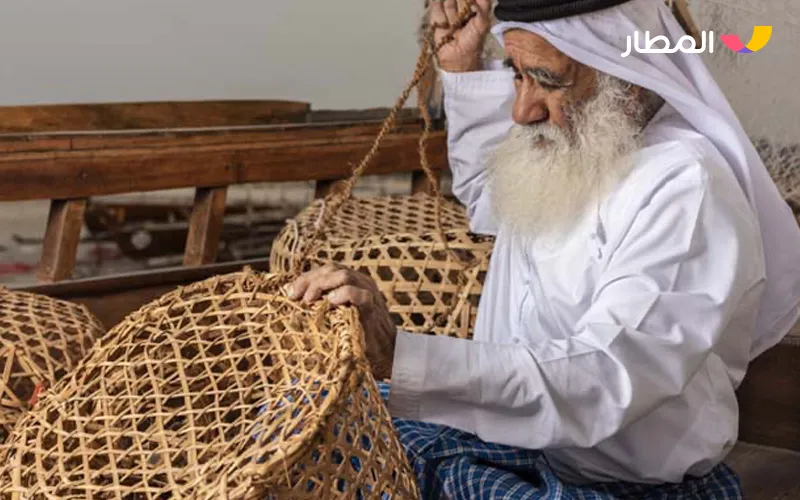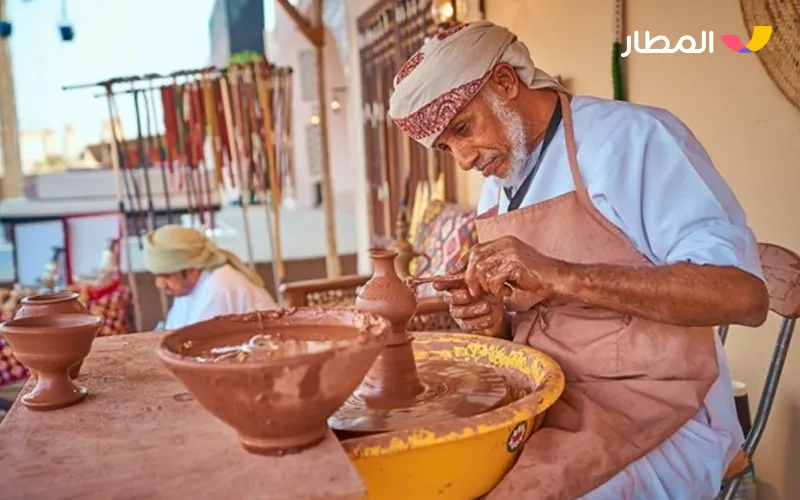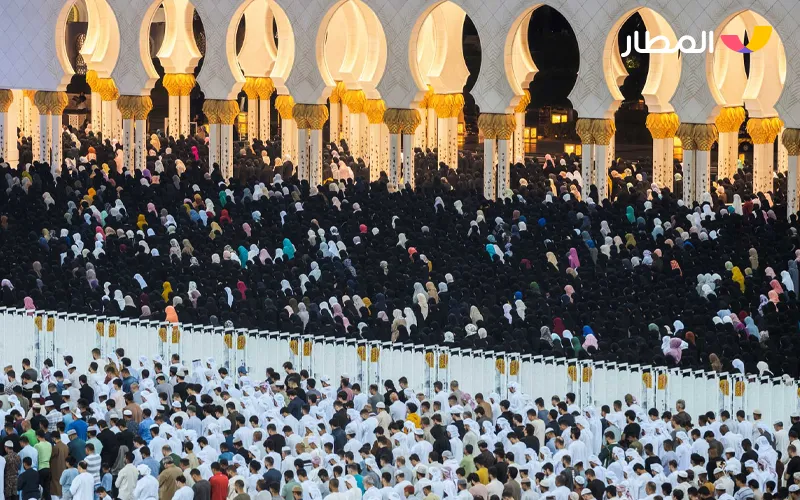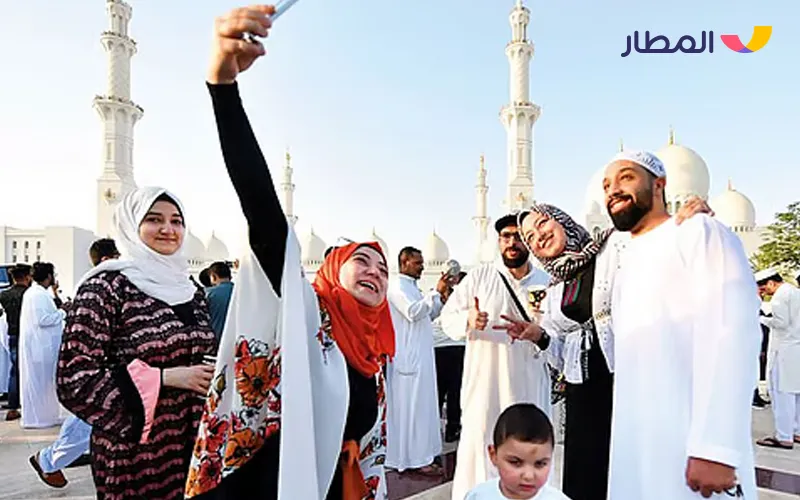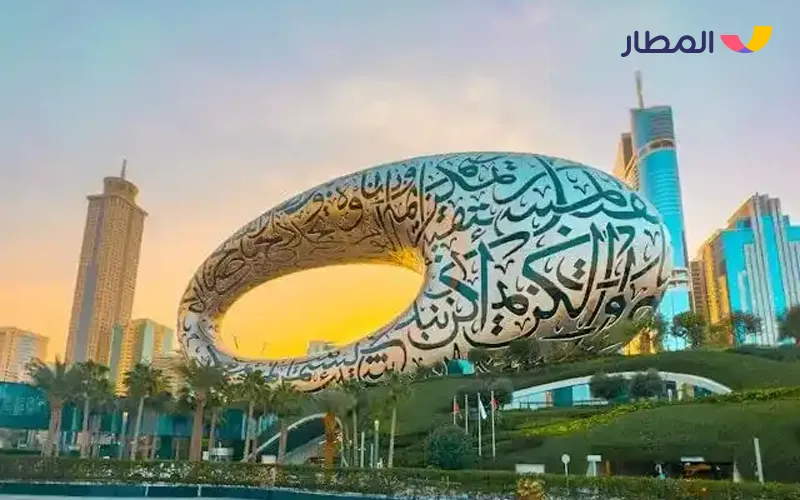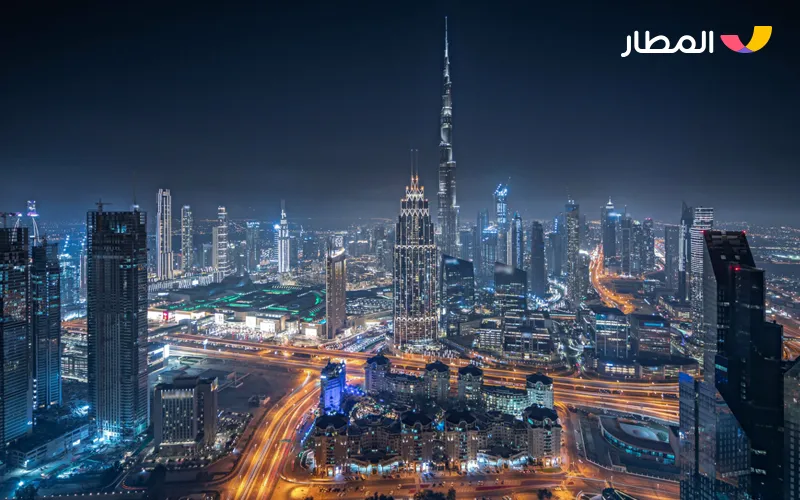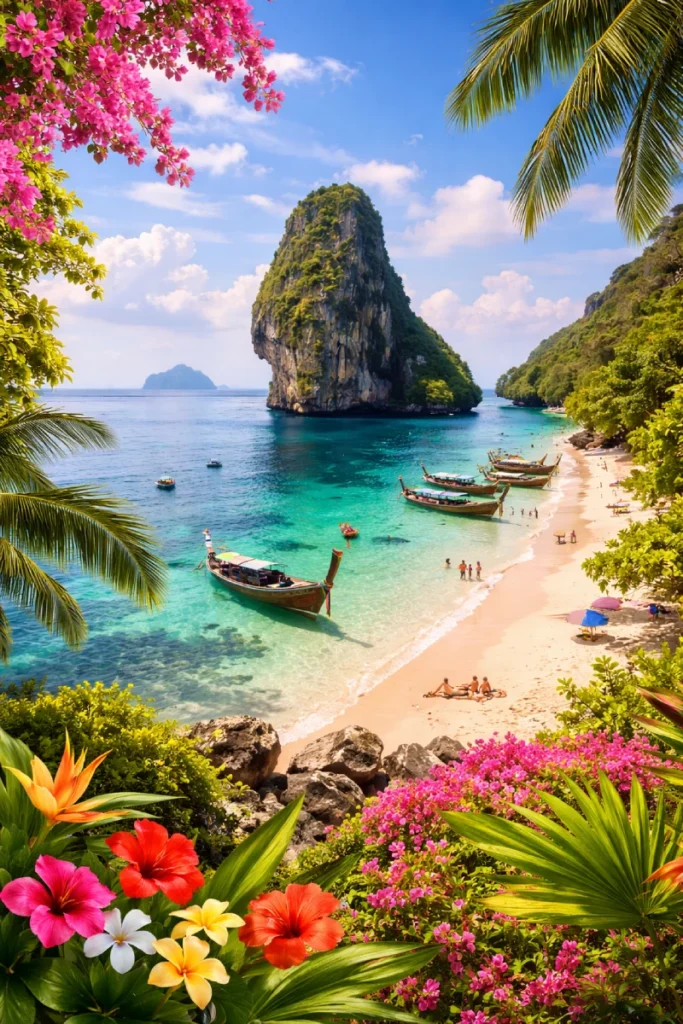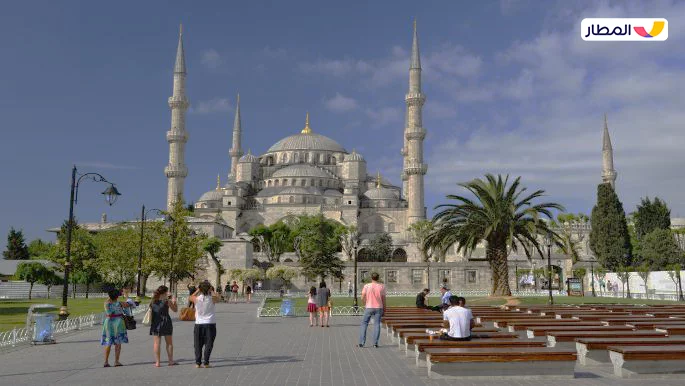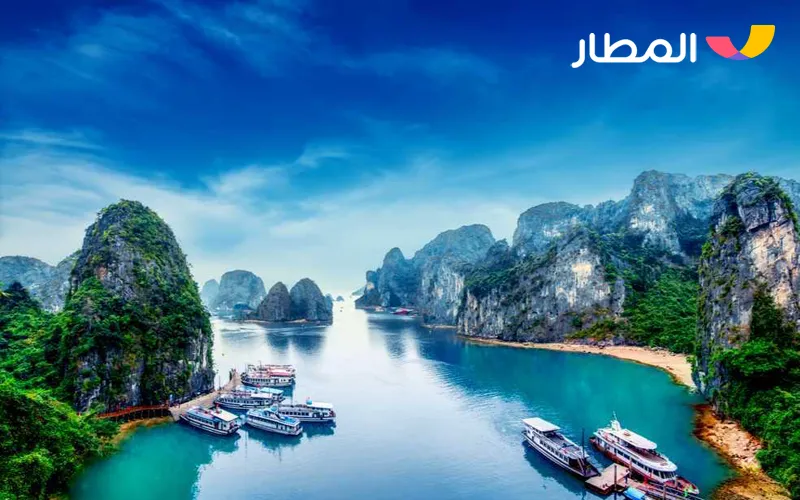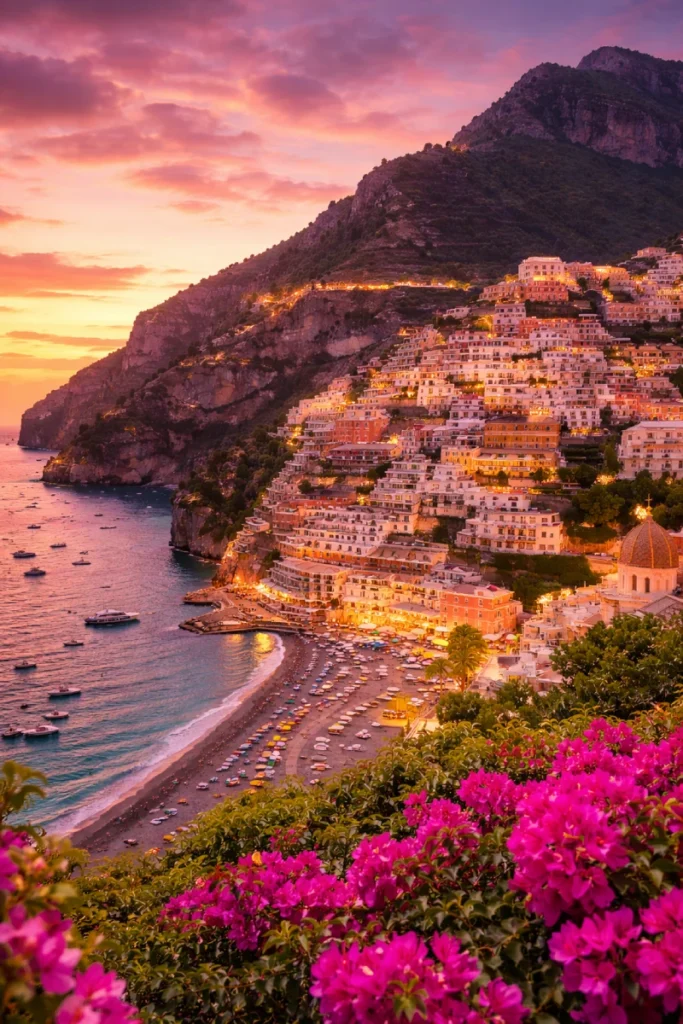Everything You Need to Know About UAE Culture and Traditions
UAE culture and traditions are not simple or passing social protocols but rather a deep model derived from a value system and the refined and beautiful Emirati culture. They express the country’s identity, generosity, and diversity. Anyone who visits the UAE will witness these traditions and customs embodied in every situation and in many aspects of daily life, becoming deeply ingrained in how institutions operate and how every individual interacts with visitors and newcomers.
Are you eager to visit the UAE and explore its heritage and traditions and visit its most beautiful tourist attractions? almatar offers you the best travel deals and the most competitive hotel accommodation offers.
In this article, we will take you on a tour to discover the most beautiful UAE culture and traditions.
Hospitality and Warm Welcome: The Essence of UAE Culture and Traditions
It is impossible to speak about UAE culture and traditions without pausing at one of the most prominent features of Emirati society: authentic hospitality rooted in deep Arab and Islamic heritage, evident in daily life and special occasions.
-
Language of Greeting and Warm Reception
When you enter an Emirati home or meet someone from the community, you’ll be surprised by the warm welcome paired with kind words and prayers. This is sometimes followed by cheek or nose kissing (al-kharoof), a deeply rooted custom among men that expresses respect and closeness. When meeting women, handshakes are avoided out of respect unless initiated by the woman.
-
Arabic Coffee: An Unbreakable Ritual
Arabic coffee with dates is the central ritual in Emirati hospitality. Coffee is not served merely as a drink but as a symbolic act filled with meaning, a reflection of UAE culture and traditions.
- The dallah (coffee pot): A solid symbol of generosity and history, even depicted on the Emirati dirham as a national icon.
- The small cup (filled up to a third): Never overfilled out of respect, always served with the right hand, usually by the designated server (sabbab).
- Dates: Typically served before the coffee, often of the “Khalas” or “Sukkari” variety, to soften the stomach and provide energy.
One unique etiquette is that the guest shakes the cup to indicate they are finished—this small detail reflects the structured nature of the art of hospitality in UAE culture and traditions.
-
Orderly Serving and Respecting Status
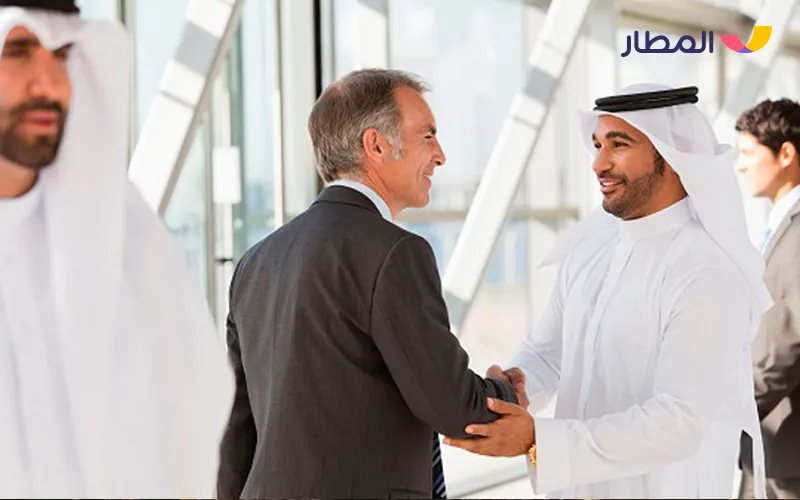
Coffee is usually served starting with the oldest or most respected person present, then in order of age or status. Breaking this order is considered impolite. In formal events, funerals, or Eid celebrations, a dedicated server called the qahwaji is responsible for preparing and serving the coffee professionally.
-
Hospitality Majlis: The Beating Heart of the Community
The Emirati majlis is not just a sitting room. It’s a daily space where family, neighbors, or friends gather to exchange talks, consult, or even resolve disputes, one of the strongest symbols of UAE culture and traditions. Men and women usually have separate majlis gatherings.
It opens daily after Maghrib or Isha prayer, where coffee, traditional dishes like harees or luqaimat, water, and juices are served on special occasions.
-
Hosting Guests as a Religious and Social Duty
In Emirati culture, hosting guests is not optional but a sacred duty, derived from the Prophet’s saying, “Whoever believes in God and the Last Day should honor their guest.” Hence, Emirati families are keen to open their homes to strangers, tourists, and even passersby. This highlights the deep sense of generosity embedded in UAE culture and traditions.
-
Hospitality’s Impact on Tourism
Because UAE culture and traditions are still alive and evolving, they’ve become inseparable from the tourist experience. Many luxury hotels in Dubai and Abu Dhabi, and even rural areas like Al Ain and Ras Al Khaimah, offer authentic Emirati hospitality experiences, from sipping coffee on the sand to attending heritage gatherings and wearing traditional attire.
Traditional Clothing: A Symbol of Emirati Identity and Culture
Traditional clothing in the UAE is one of the strongest visual symbols of UAE culture and traditions. It clearly reflects how deeply society remains connected to its roots and identity, despite modern influences.
-
Kandura for Men: Simplicity and Elegance
Emirati men wear the kandura (or dishdasha), a long, loose-fitting robe usually white and made from lightweight fabric suitable for the desert climate.
- White is the most common color in summer due to its cooling and clean appearance.
- In winter or at formal events, other colors like beige, gray, or black are worn.
- The kandura is paired with traditional headwear: the white ghutra or a red-and-white shemagh, held in place by a black cord called an agal, symbolizing dignity and authority.
-
Women’s Abaya: A Symbol of Femininity and Modesty
Emirati women also express their role in UAE culture and traditions through their clothing.
- The black abaya is the primary outer garment, often elegantly designed, balancing modesty and luxury.
- The abaya is not just for modesty; it has become part of local fashion, with UAE designers crafting refined cuts and artistic embroidery.
In addition, women wear:
- The sheila (headscarf)
- The traditional burqa is in some areas, especially among older women. Handmade from shiny fabric in gold or copper tones, it symbolizes chastity and privacy and is passed down as a traditional feminine craft.
-
From Heritage to National Identity
What makes Emirati clothing unique is that it hasn’t changed much despite rapid urbanization. Traditional attire is still worn daily and during national events and celebrations like National Day and weddings, keeping it a living link between generations.
The UAE government pays special attention to preserving this attire as part of national identity by organizing events celebrating traditional dress and offering it to tourists as part of cultural experiences. This helps promote UAE culture and traditions globally.
Folk Arts and Festive Traditions
Folk arts are a vibrant part of UAE culture and traditions, reflecting the pulse of Bedouin society and its rich heritage. Among the most notable are Nabati poetry performed at events accompanied by oud or drum music and traditional dances like Al-Yola and Al-Ayyala, which express pride and unity.
Emirati women also perform the Al-Radha dance after weddings, while Al-Habbān features rhythmic music. Sports like falconry, camel racing, and horse racing are held during heritage events and festivals, making them a key part of the UAE’s cultural landscape.
Traditional Crafts: Achievements of the Past and Present
Traditional crafts play a vital role in shaping Emirati identity. They embody UAE culture and traditions through skill and creativity. Notable crafts include:
- Burqa making by highly skilled women
- Traditional woodworking used in building ships (dhows) and majlis structures
- Weaving and palm frond (khoos) work to make baskets and mats
These crafts are still thriving in places like the Al Fahidi Historical Neighborhood and the Heritage Village in Dubai, where visitors can observe artisans at work and experience the revived spirit of the past in the present. They are not merely occupations but living heritage passed down through generations.
Rituals of Social and Religious Occasions
Social and religious rituals reflect the depth of UAE culture and traditions, highlighting strong family and spiritual ties.
In Emirati weddings, the ceremony starts with the khetbah (engagement) and exchange of the mahr (dowry), followed by the zahba (bride’s trousseau), then the meer (food list for the celebration). The Henna Night for women is filled with music and joy. The Zaffa (wedding procession) spans several days and features traditional performances and dances.
During Ramadan, the UAE revives unique spiritual and social rituals. Notably, Haq Al Laila, when children distribute sweets before the holy month. Mosques are filled with worshippers during Taraweeh prayers, and iftar tables offer traditional foods like thareed and harees. On Eid, people exchange greetings and gifts and distribute sacrificial meat, a scene that blends faith, generosity, and solidarity. These traditions are etched into collective memory and passed on through generations.
The Modern Cultural and Touristic Face of the UAE
Exploring heritage sites in the UAE is a unique experience that allows visitors to dive deep into UAE culture and traditions and discover details of old life that shaped the nation’s identity.
You can begin at the Al Fahidi Historical Neighborhood (Al Bastakiya), one of Dubai’s oldest areas, with its mud buildings and narrow alleys that transport you back to the 19th century. Then visit the Ghorfa Um Al Sheif Majlis and Museum, showcasing the ruling family’s simple summer lifestyle. The Heritage Village offers an interactive experience with traditional crafts, Bedouin homes, and local foods.
Don’t miss the Dubai Spice and Gold Souks, where the scent of the past meets the rhythm of the present. For coffee lovers, the Coffee Museum offers a rich journey into the history of this authentic Arab drink.
Festivals like Sikka Art Fair and Avenue Alserkal blend heritage with modern creativity, presenting it in a fresh and artistic way that reflects the evolving spirit of UAE culture and traditions.
Conclusion: The Joy of Immersing in Emirati Culture
By exploring UAE culture and traditions, you’ll discover rich diversity in hospitality, clothing, arts, celebrations, and traditional crafts. These themes come alive as you step into a country deeply rooted in its past, yet constantly evolving.
Whether your trip is to Dubai, Abu Dhabi, or any other emirate, don’t miss the chance to genuinely engage with this culture and enjoy an experience that takes you on a journey between past and present, leaving lasting memories.
Take advantage of the amazing offers from almatar, through which you can travel comfortably and enjoyably to immerse yourself in the rich UAE culture and traditions.

